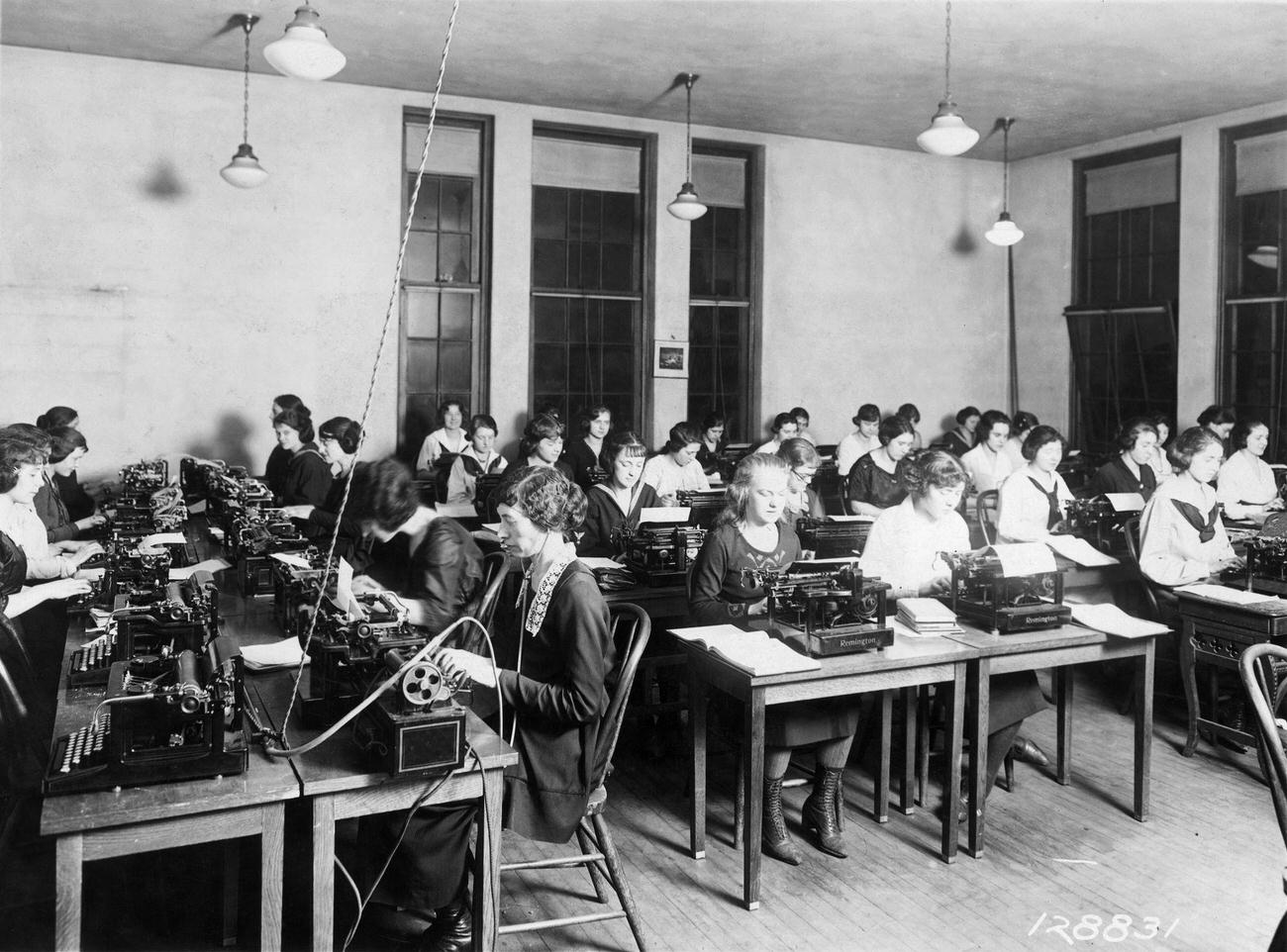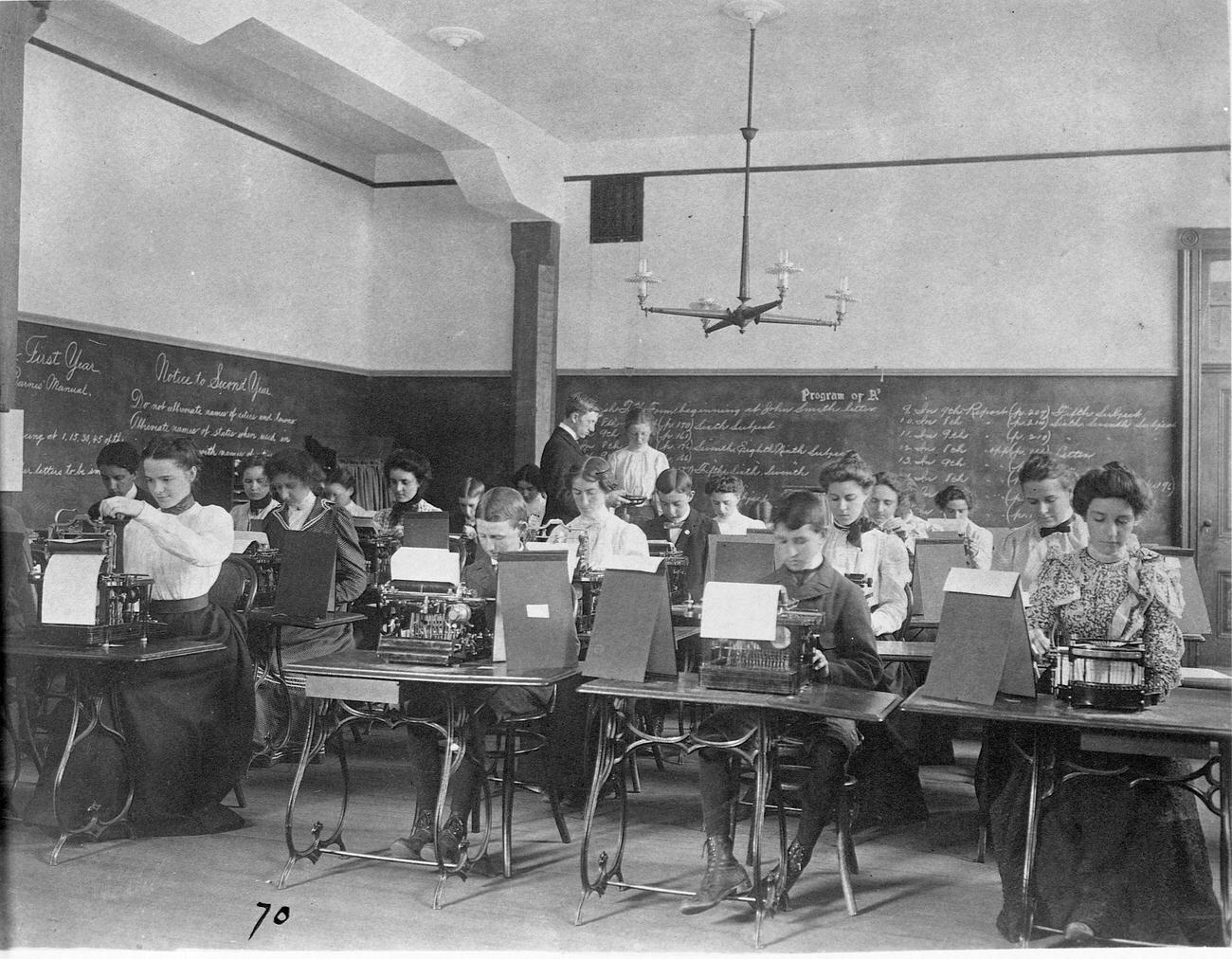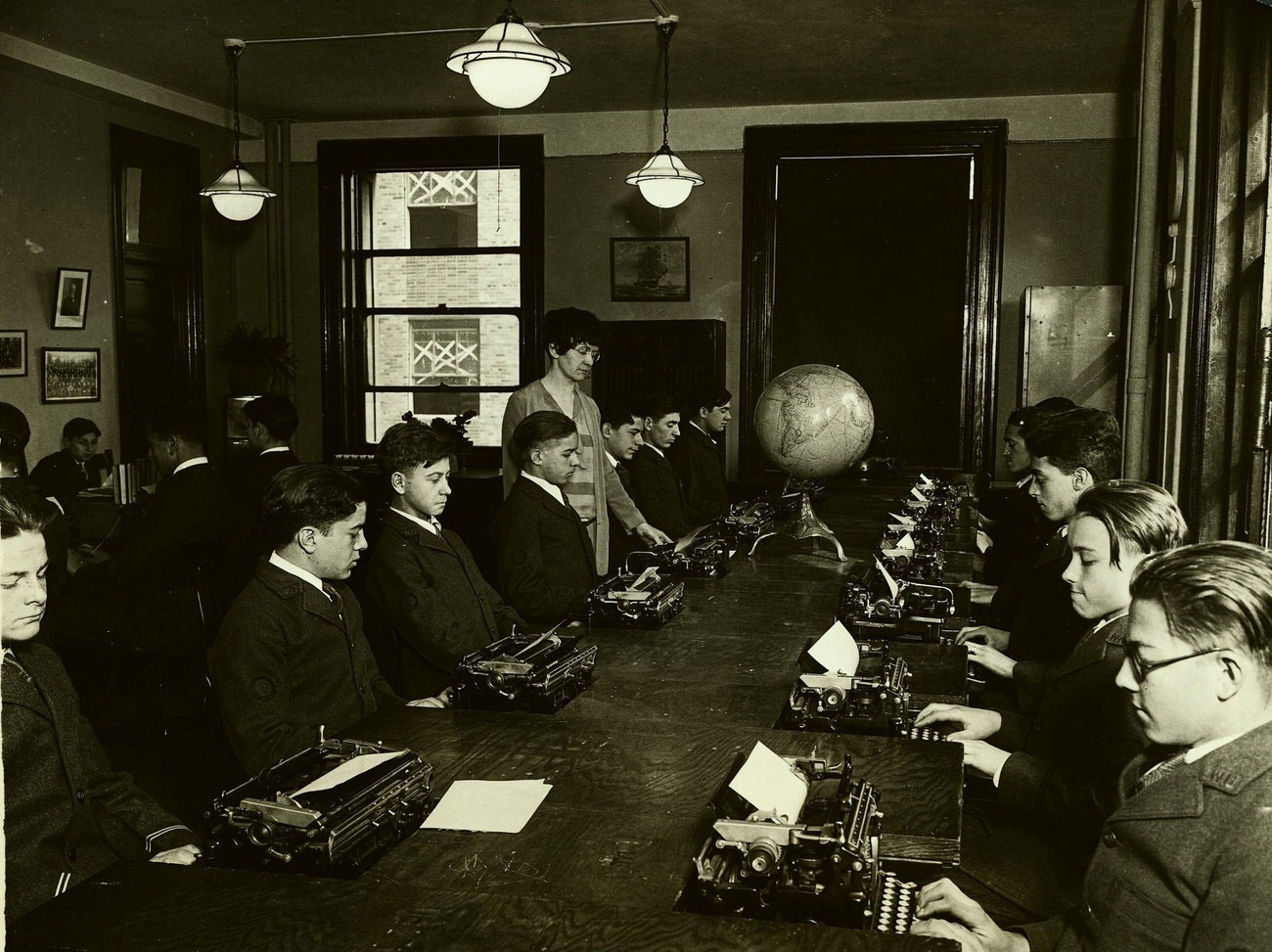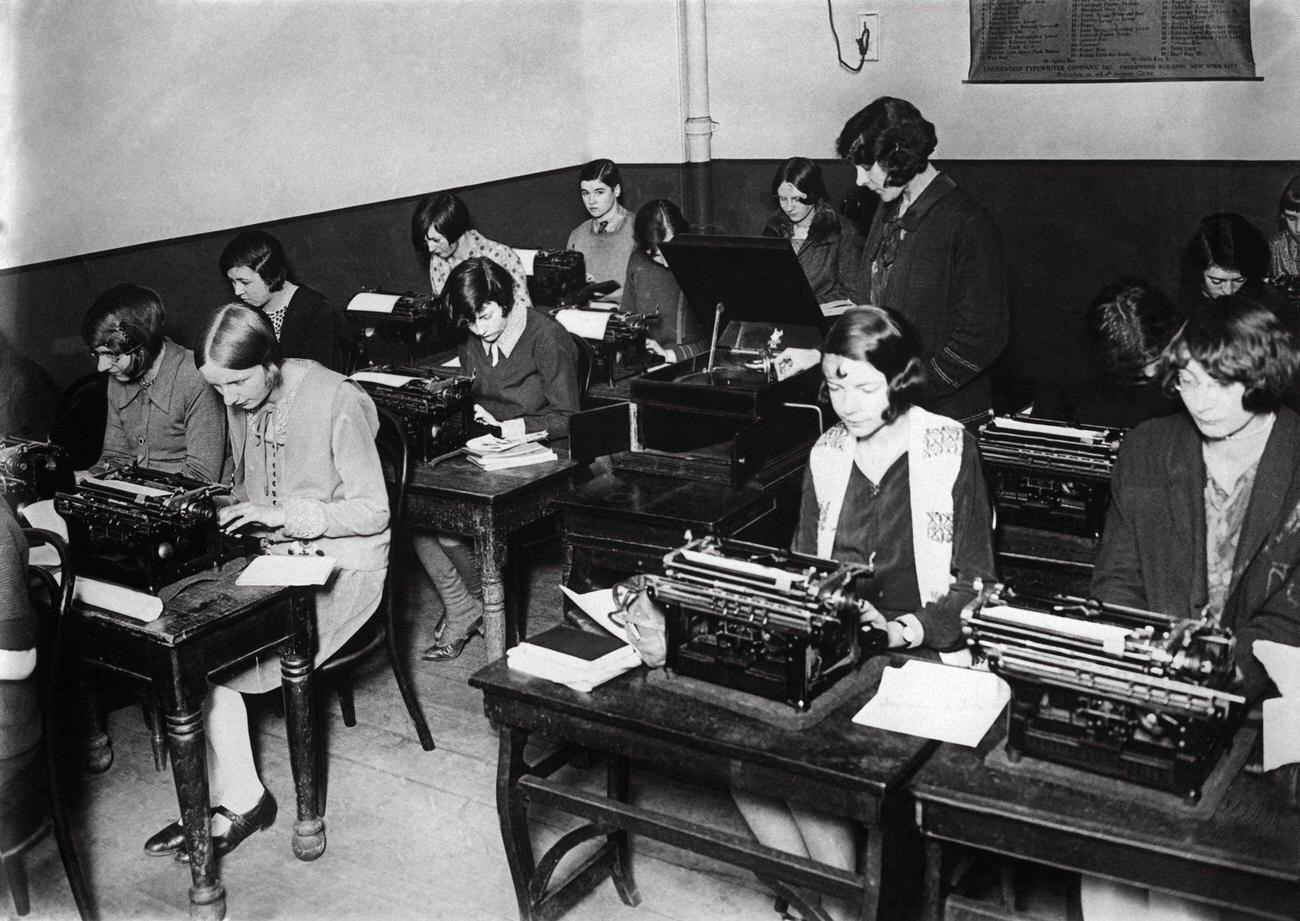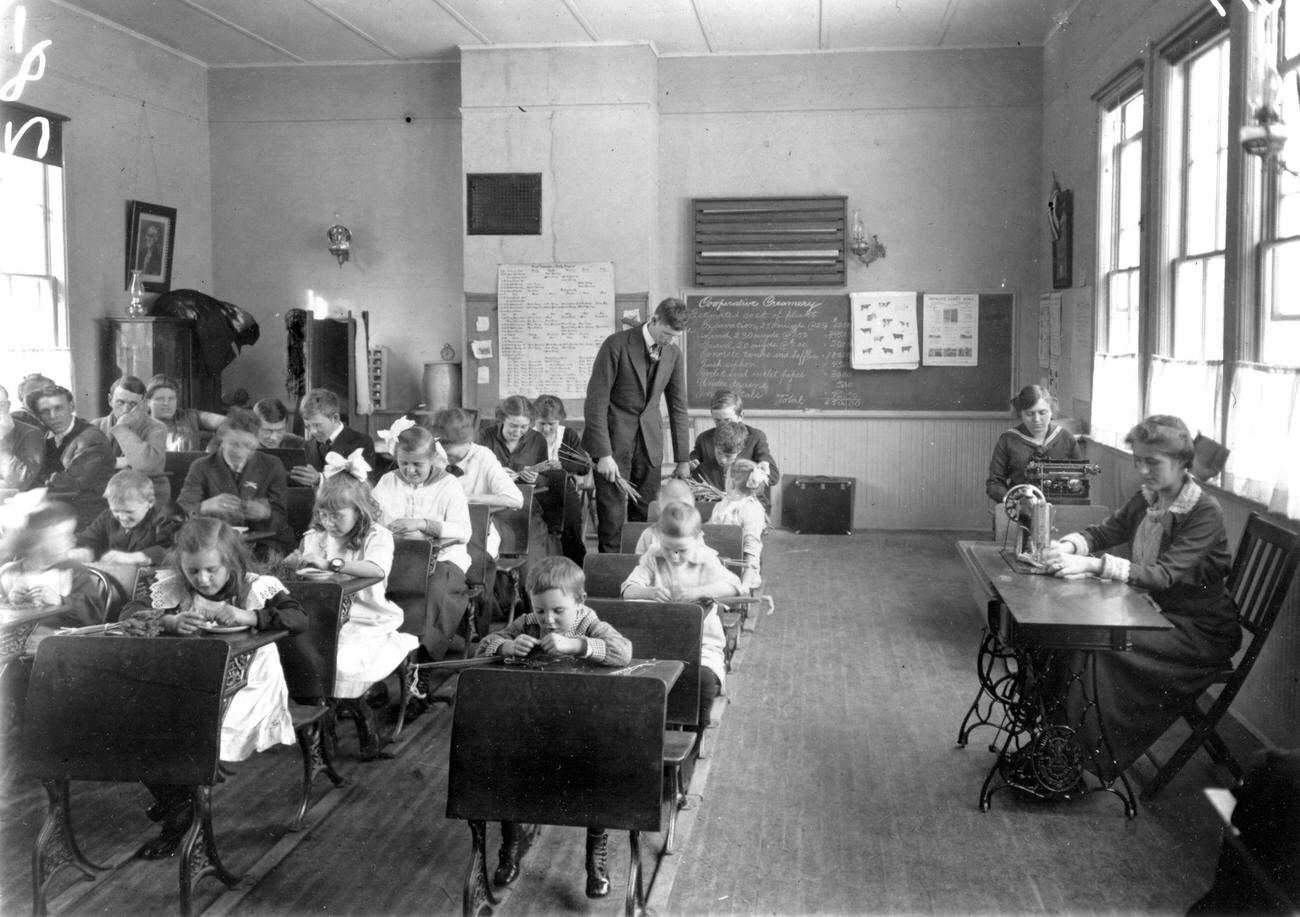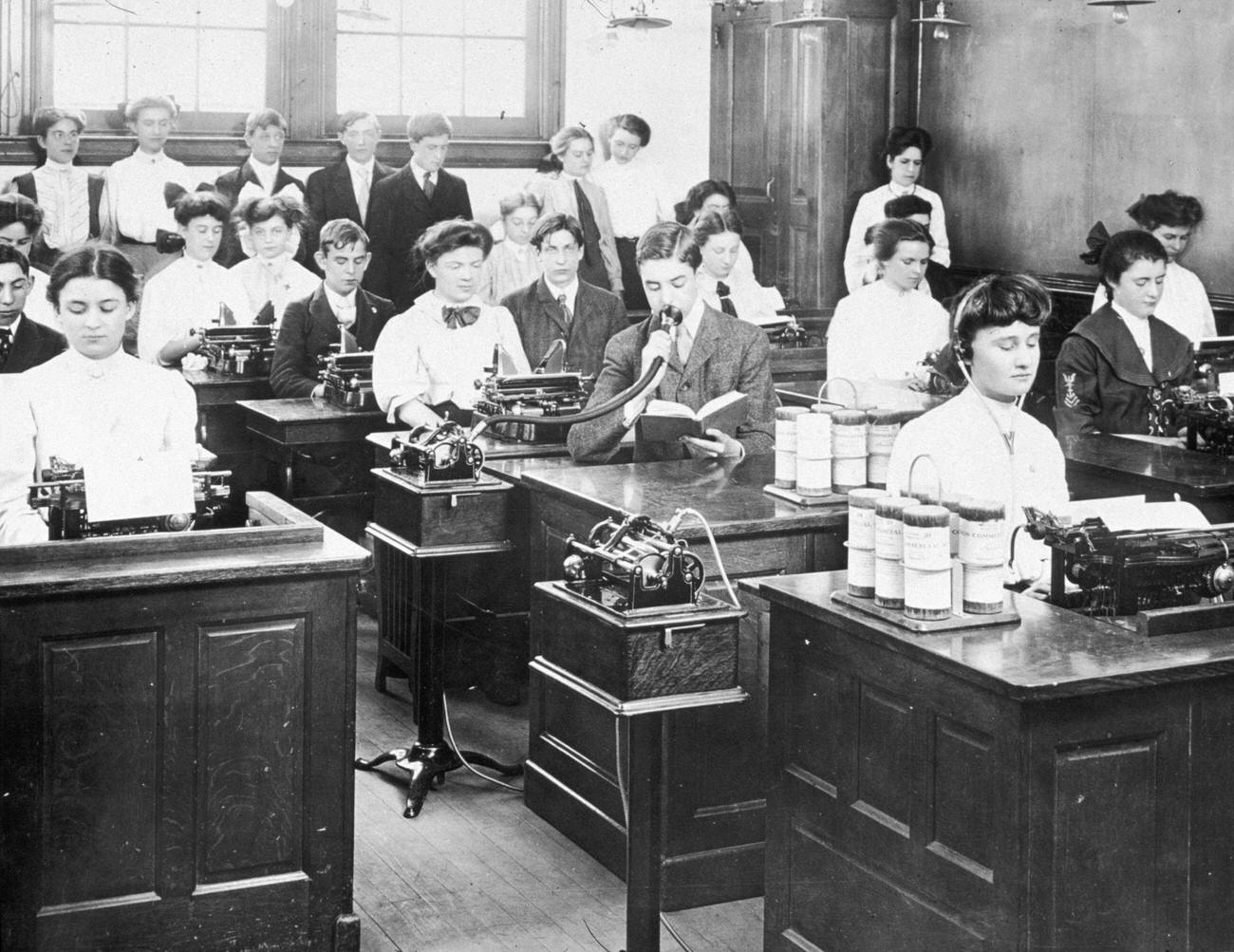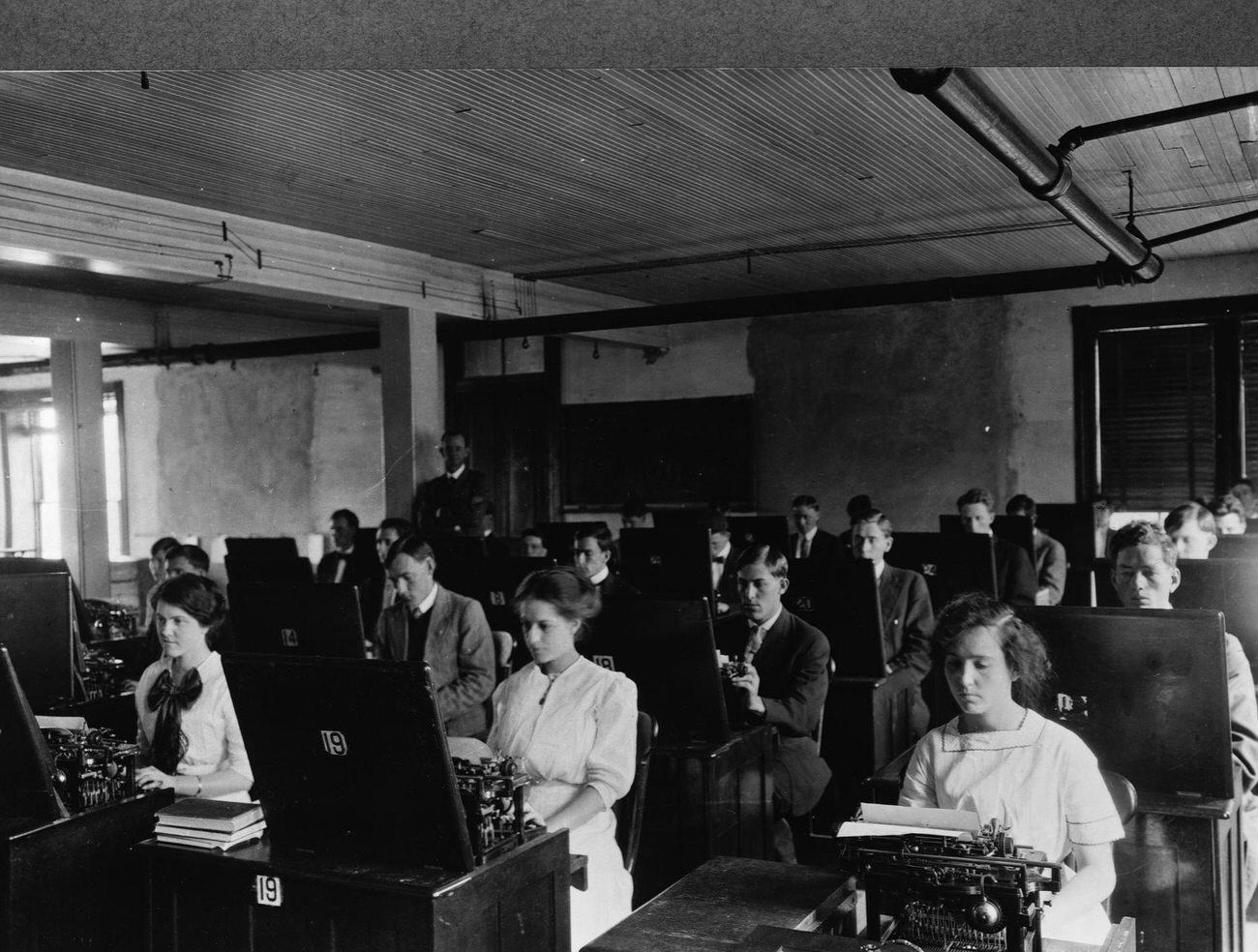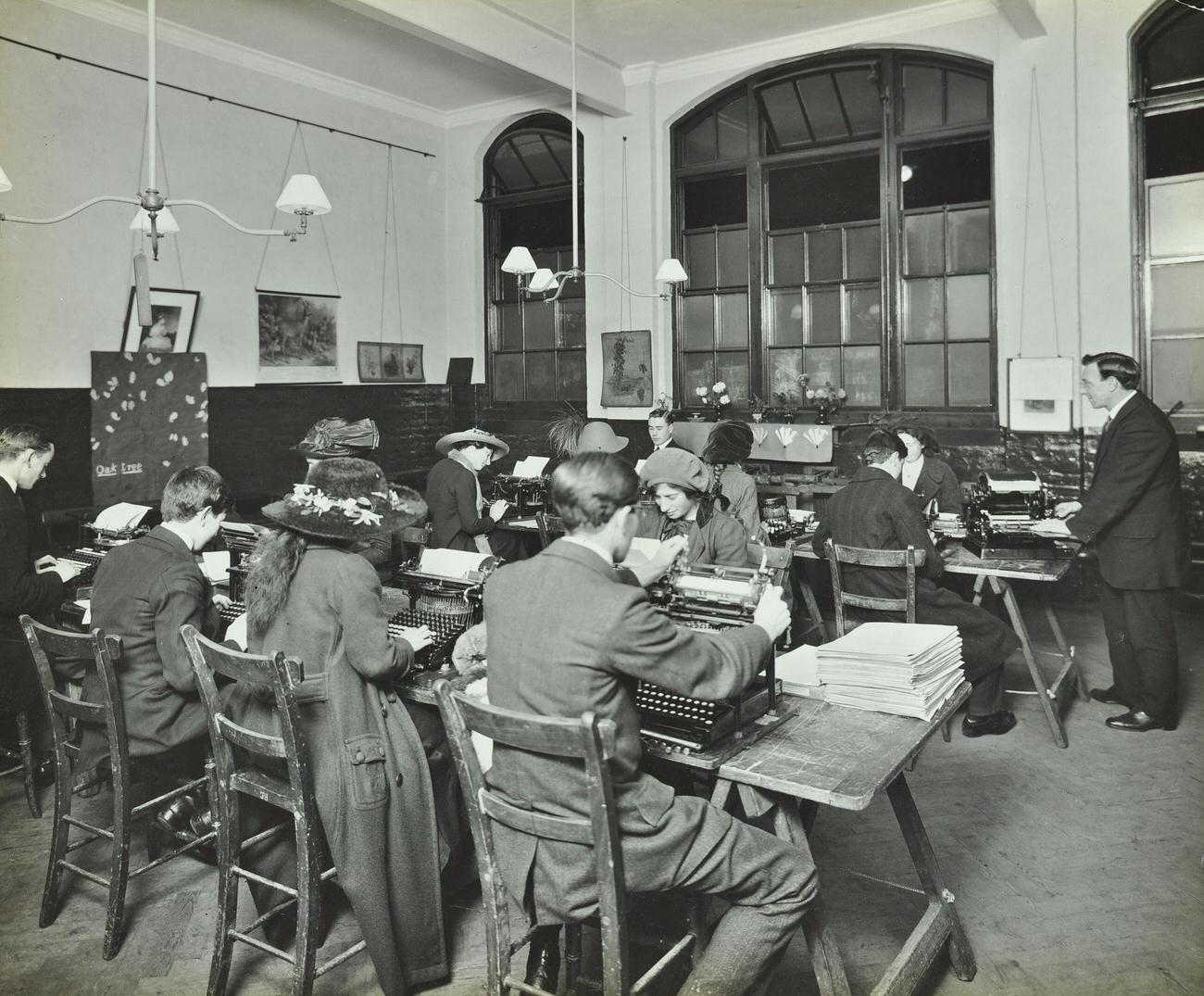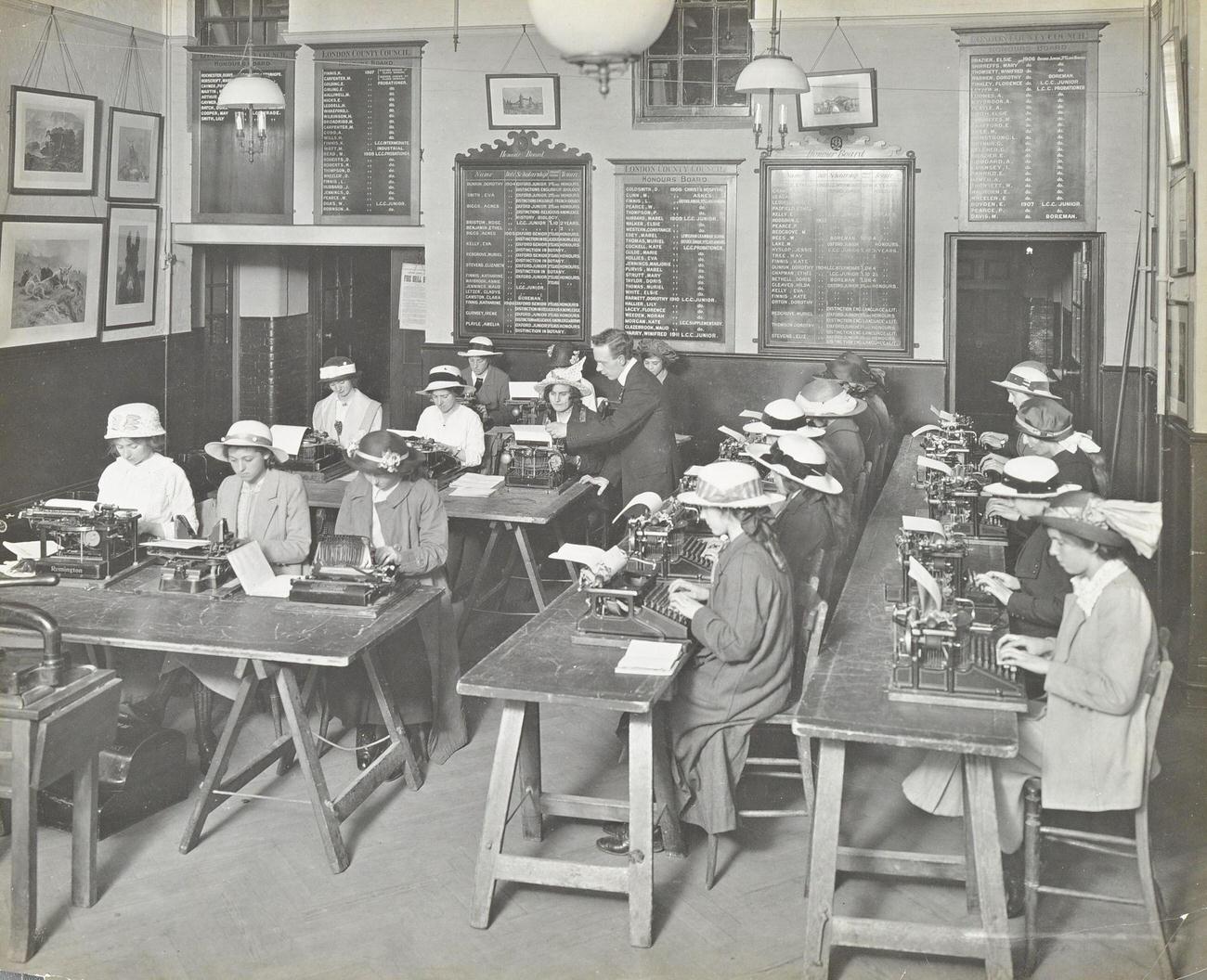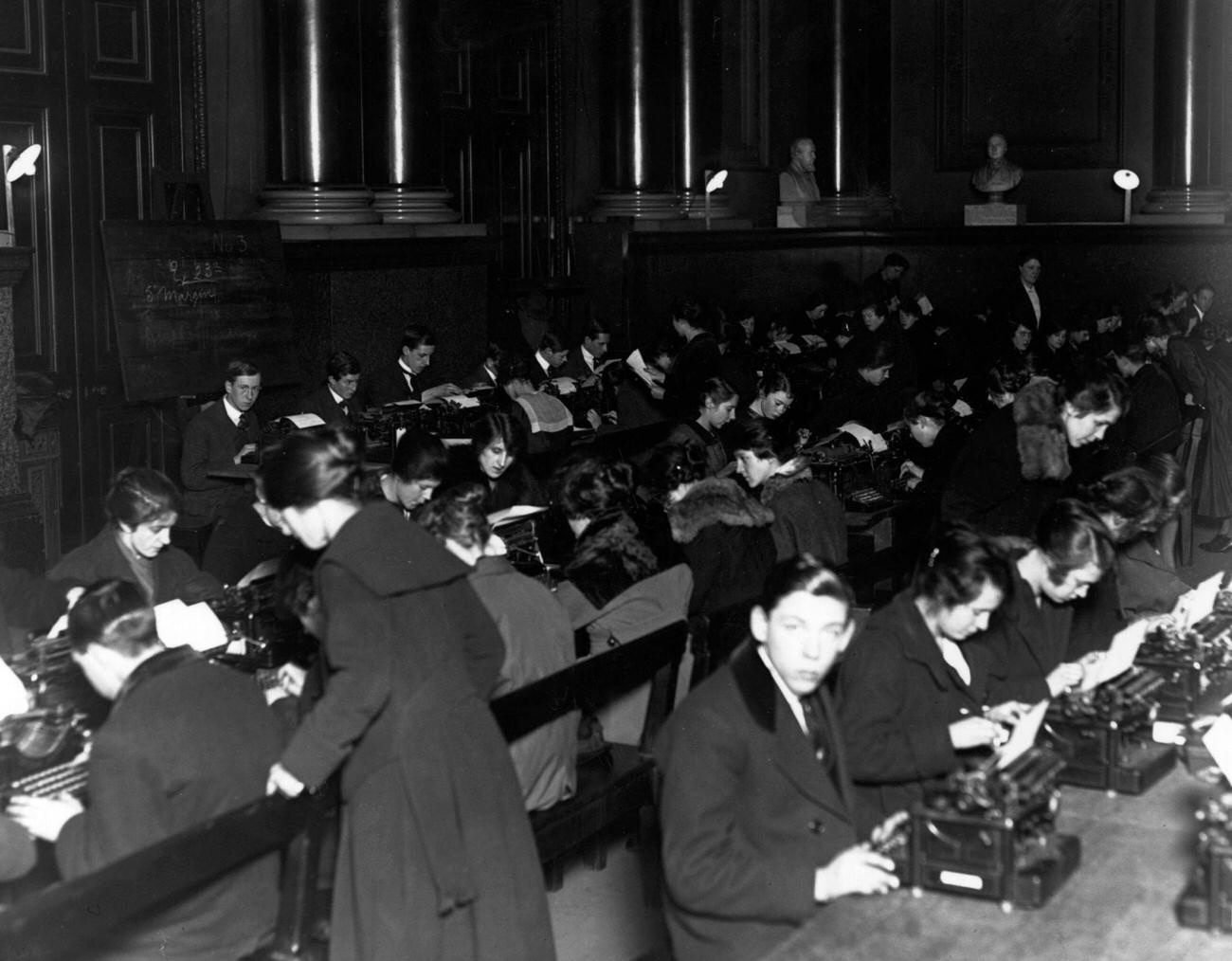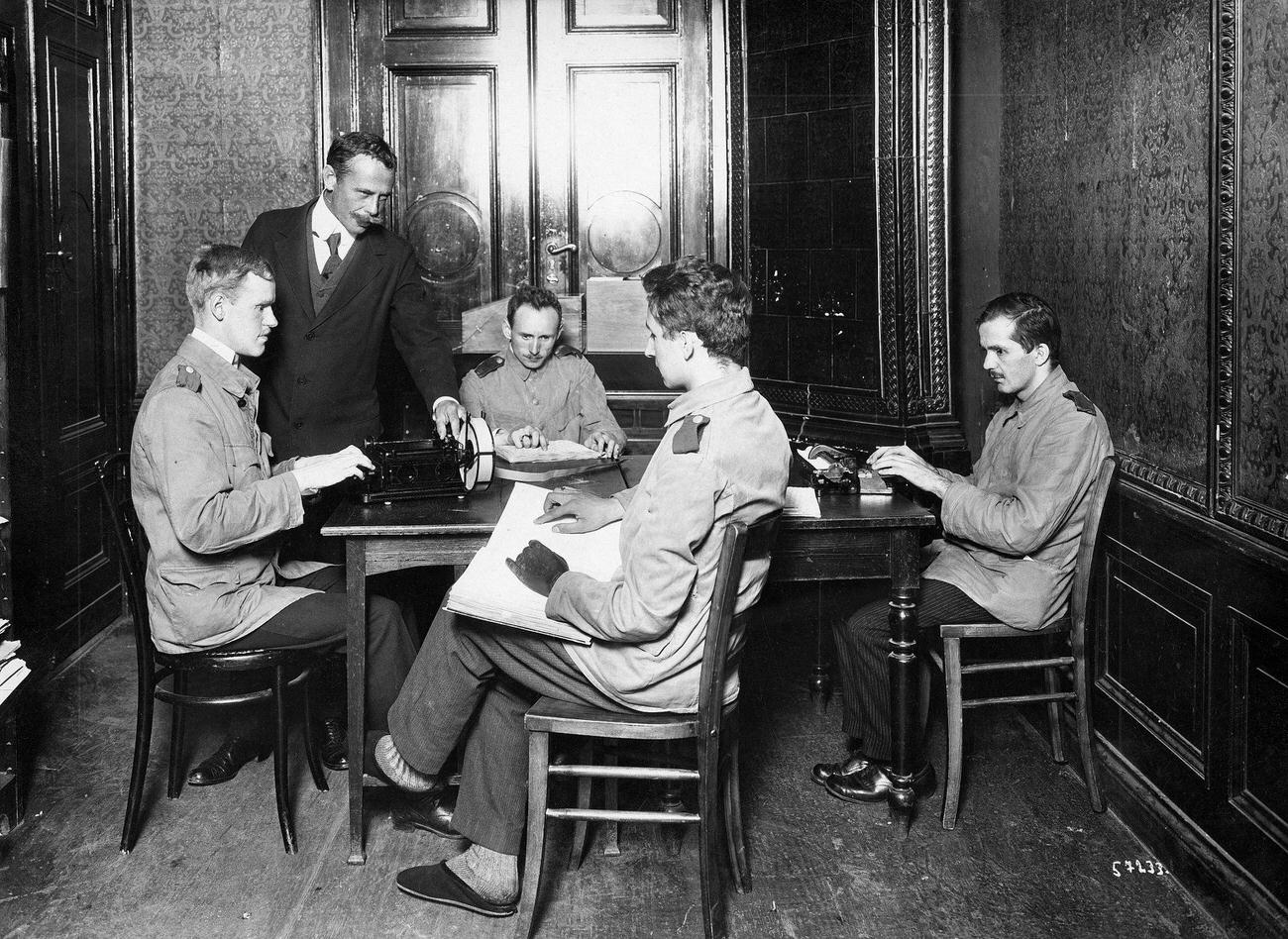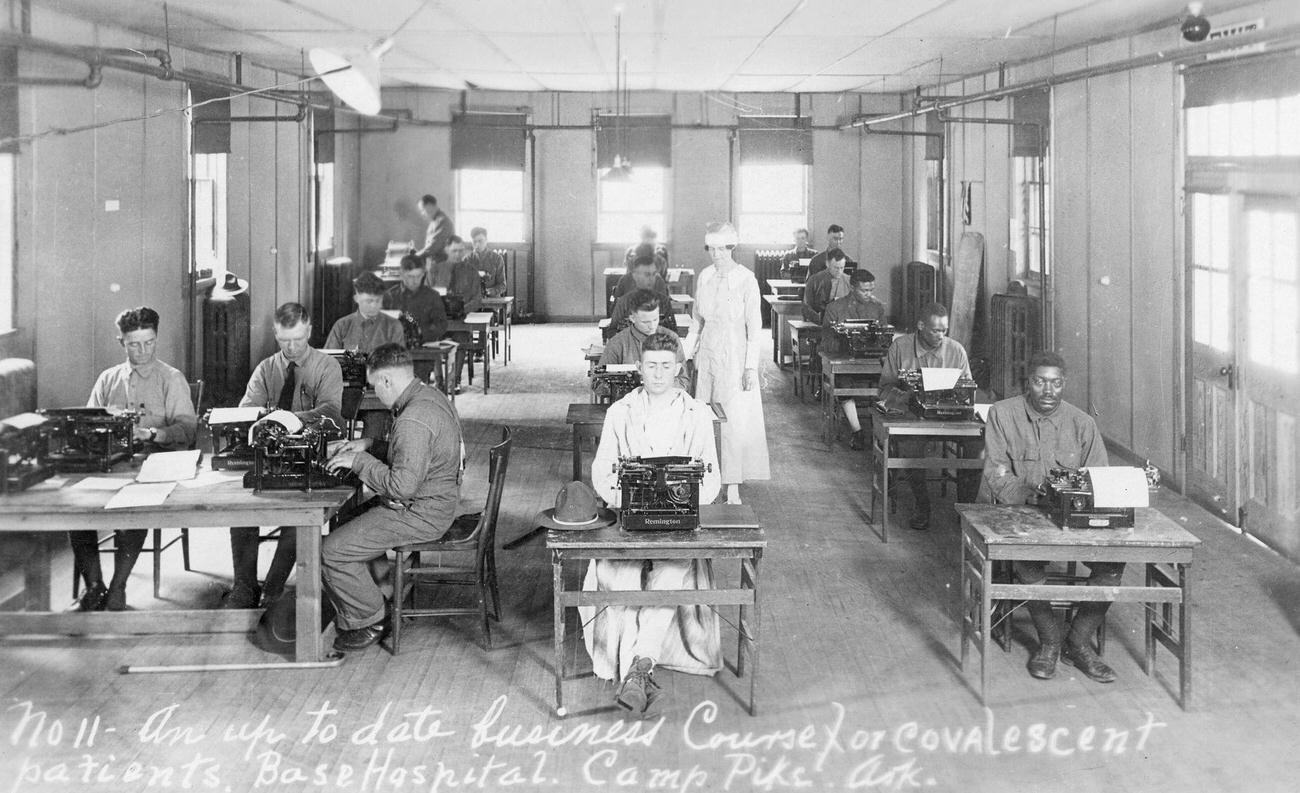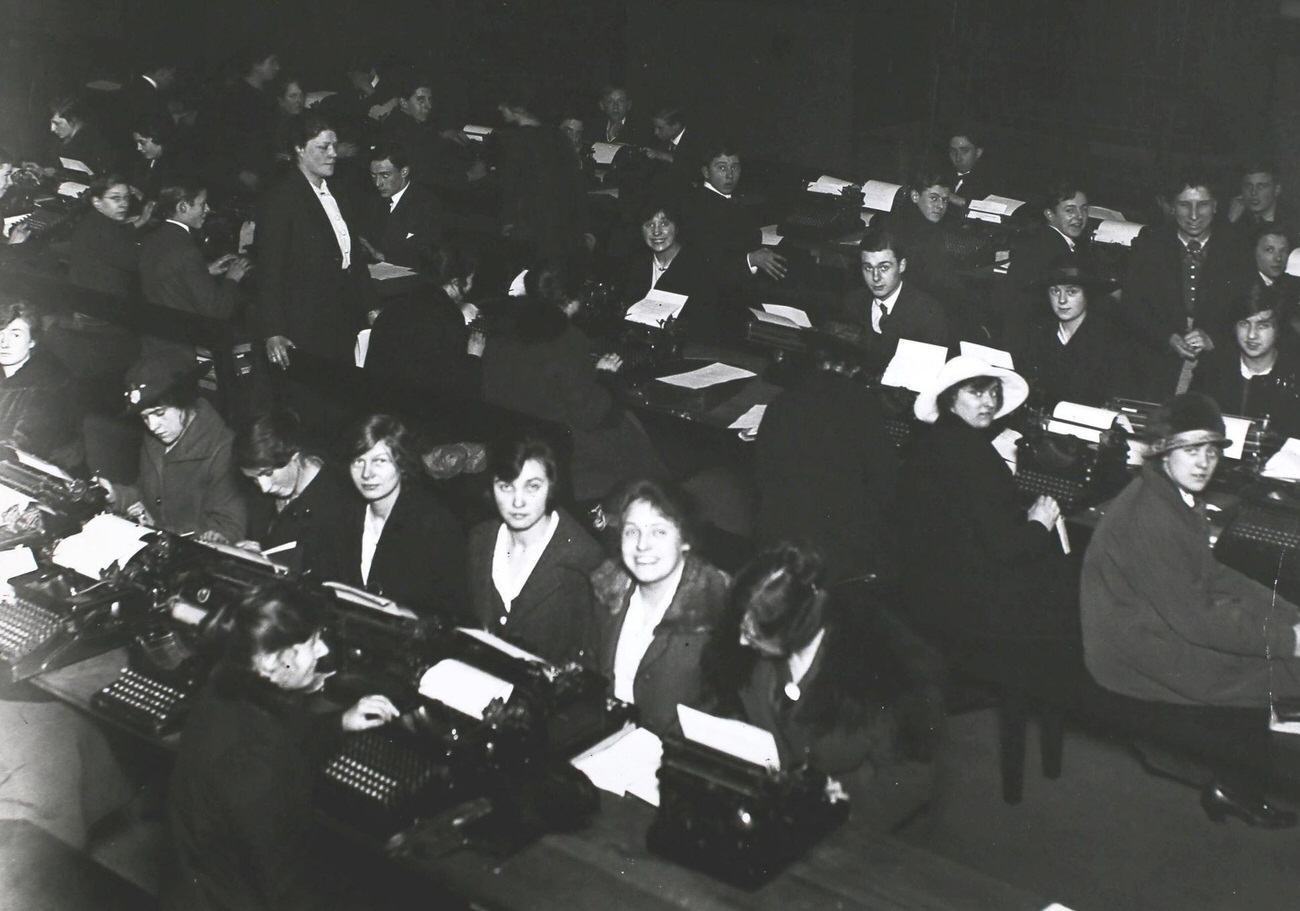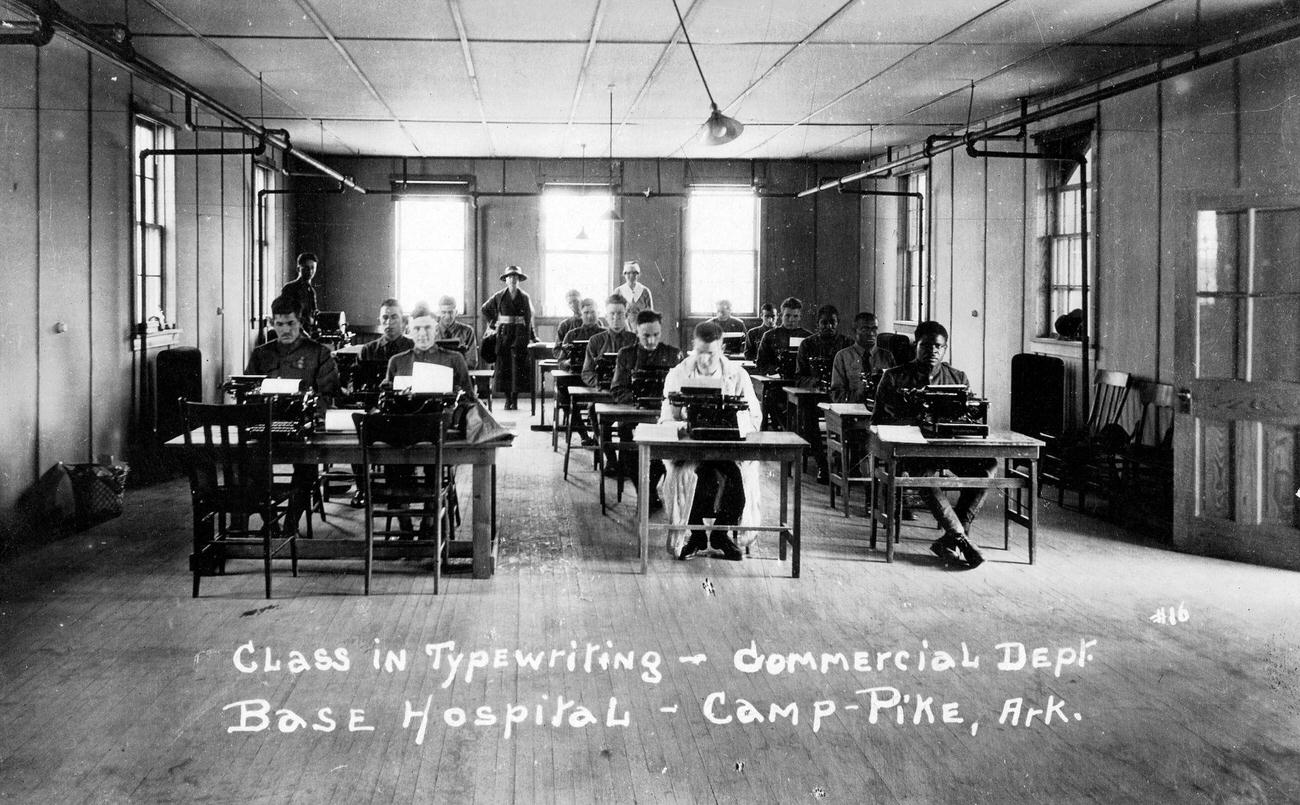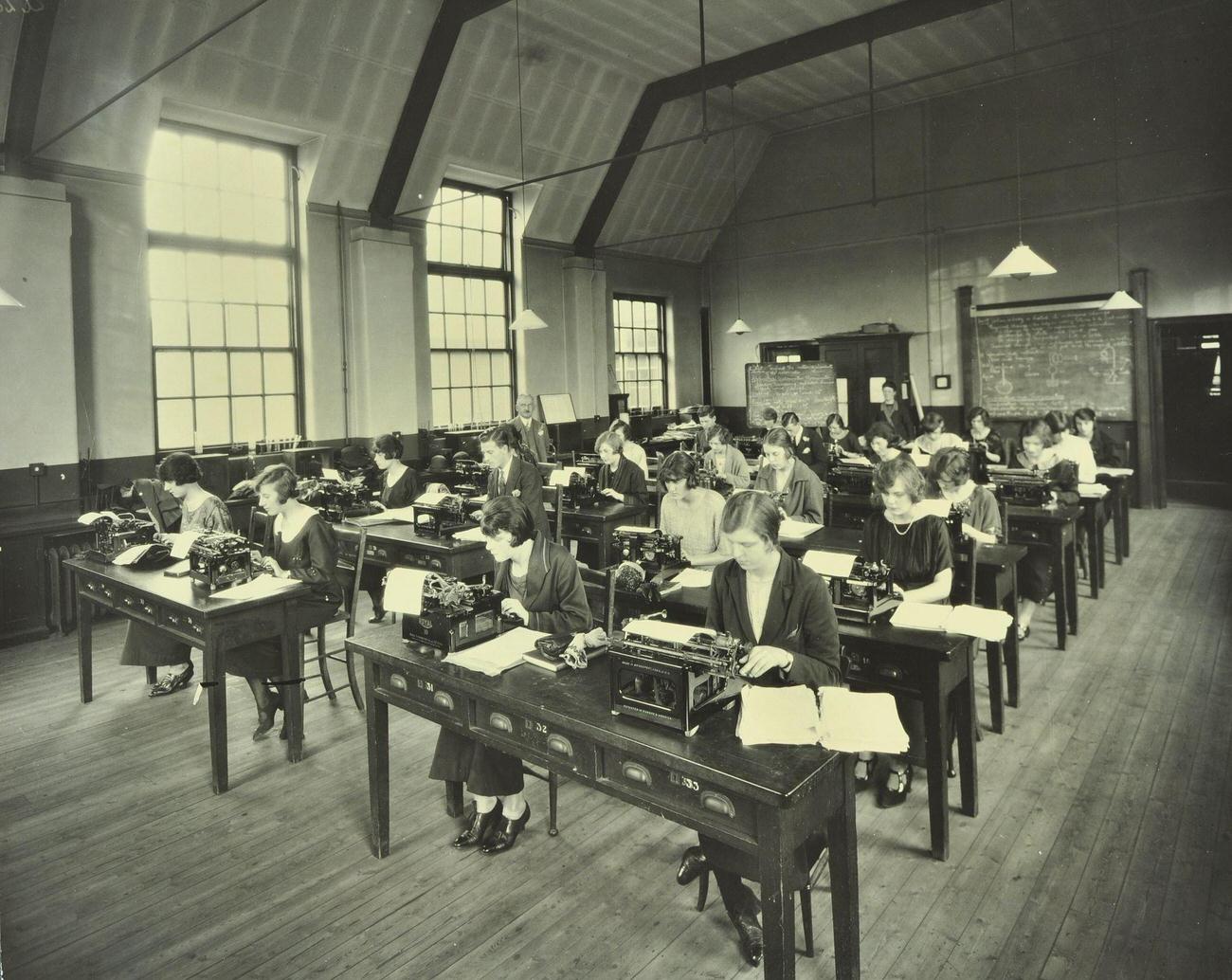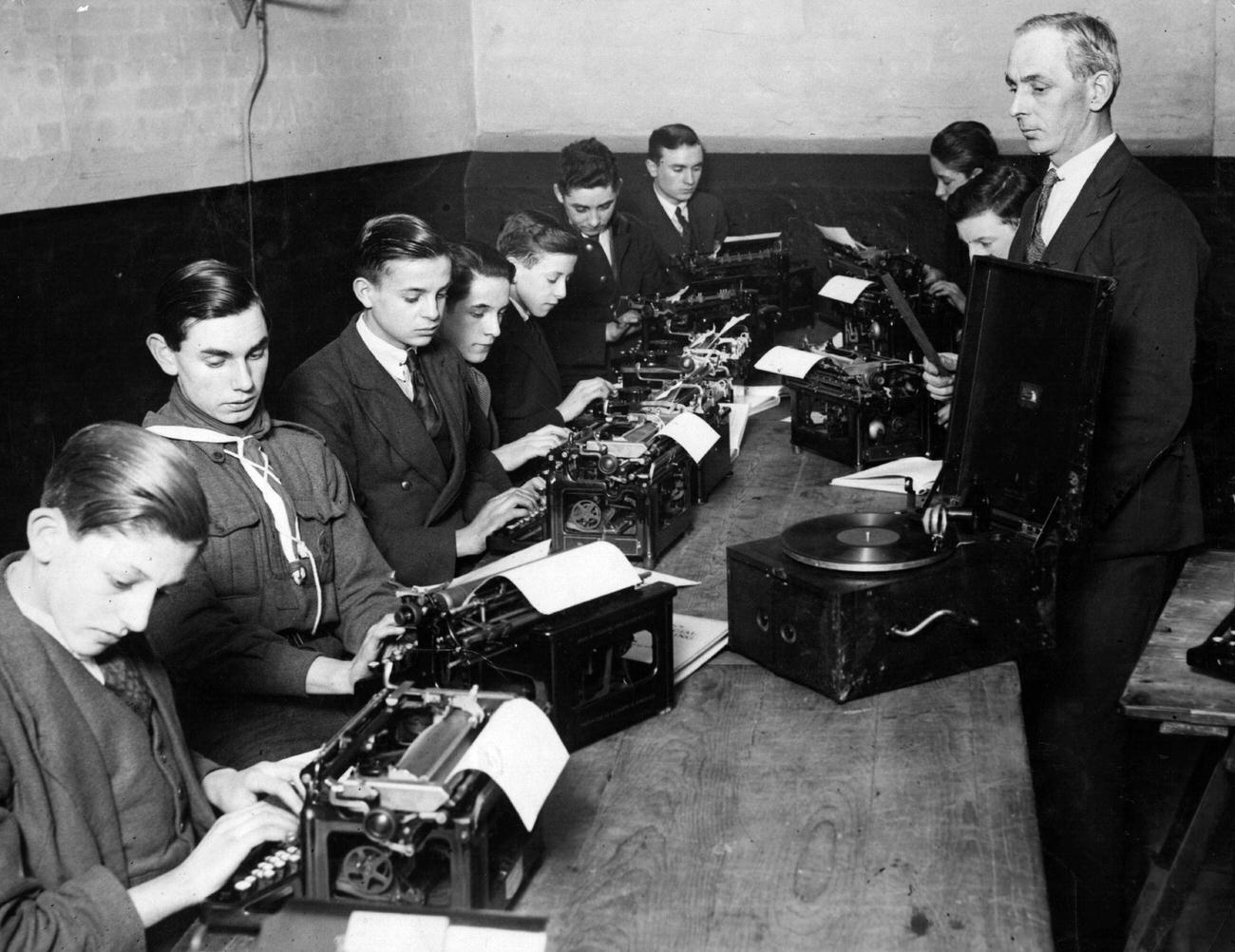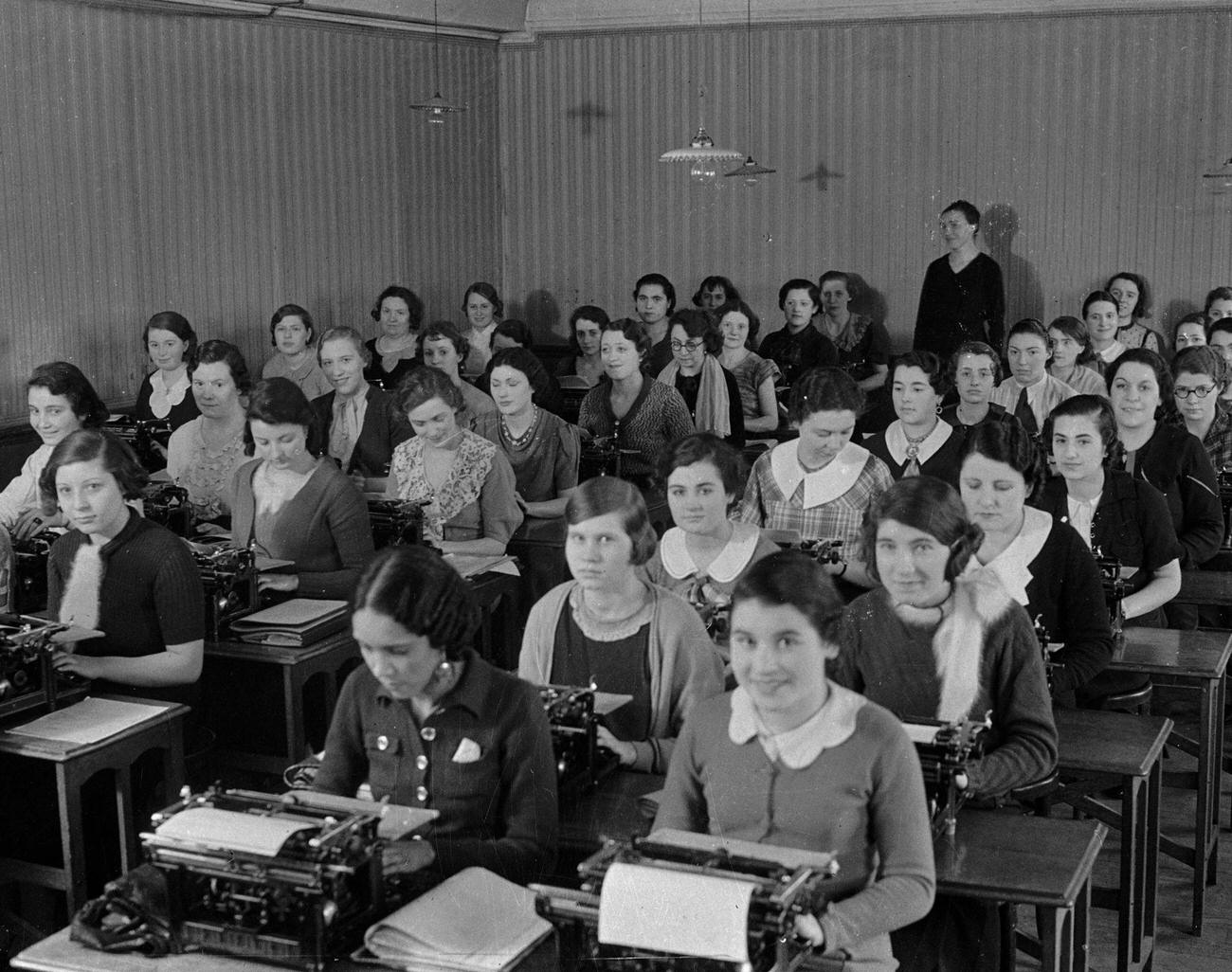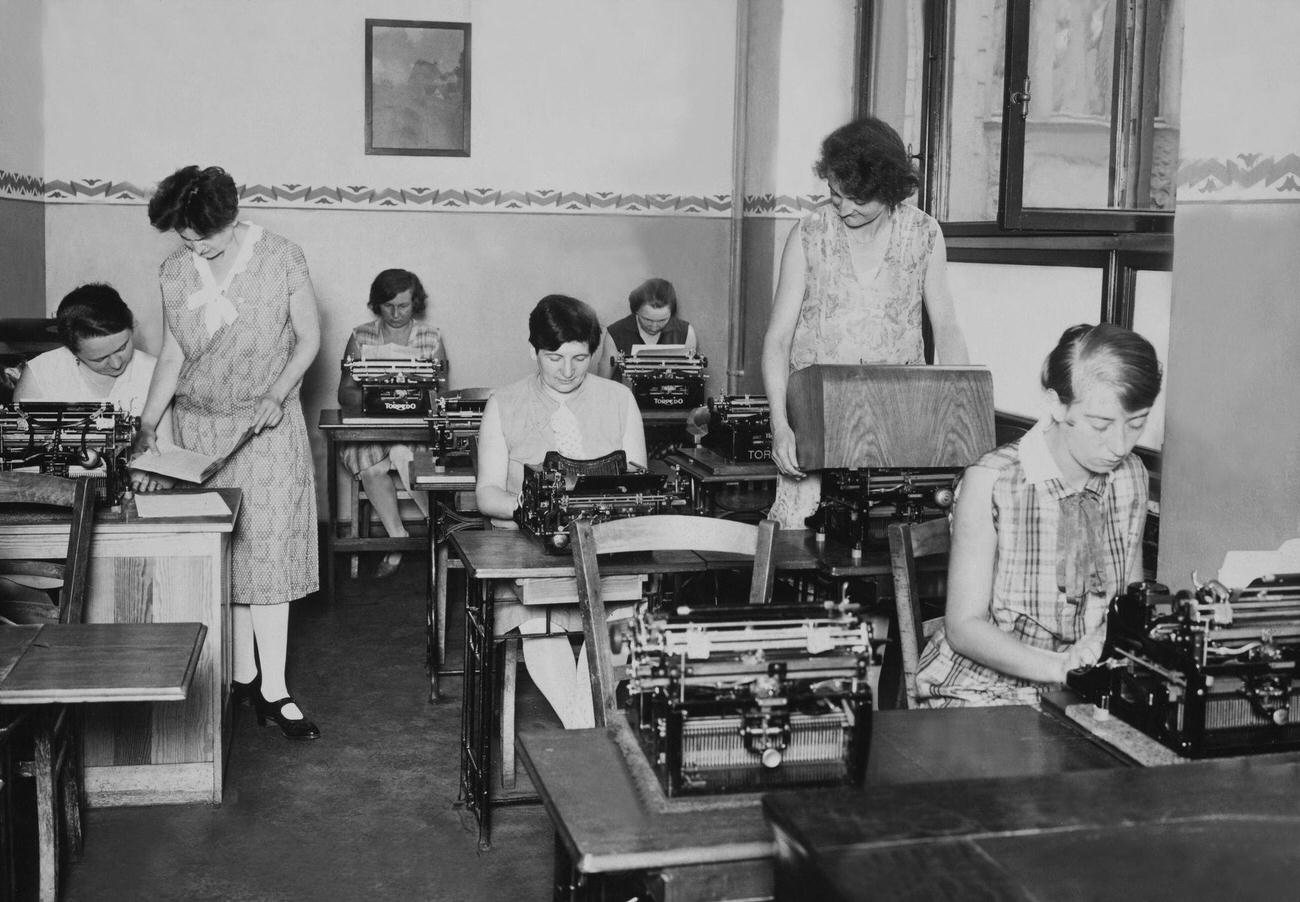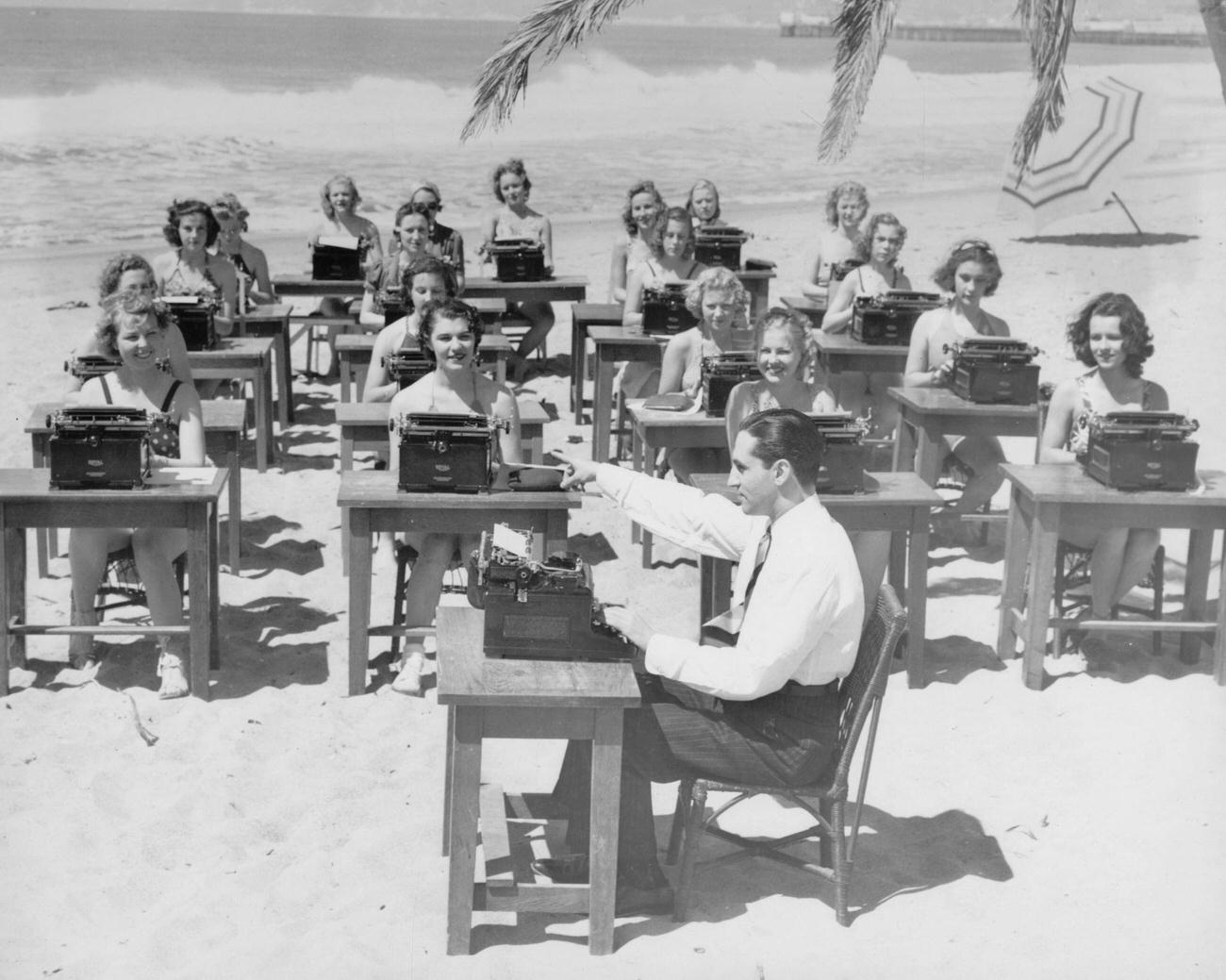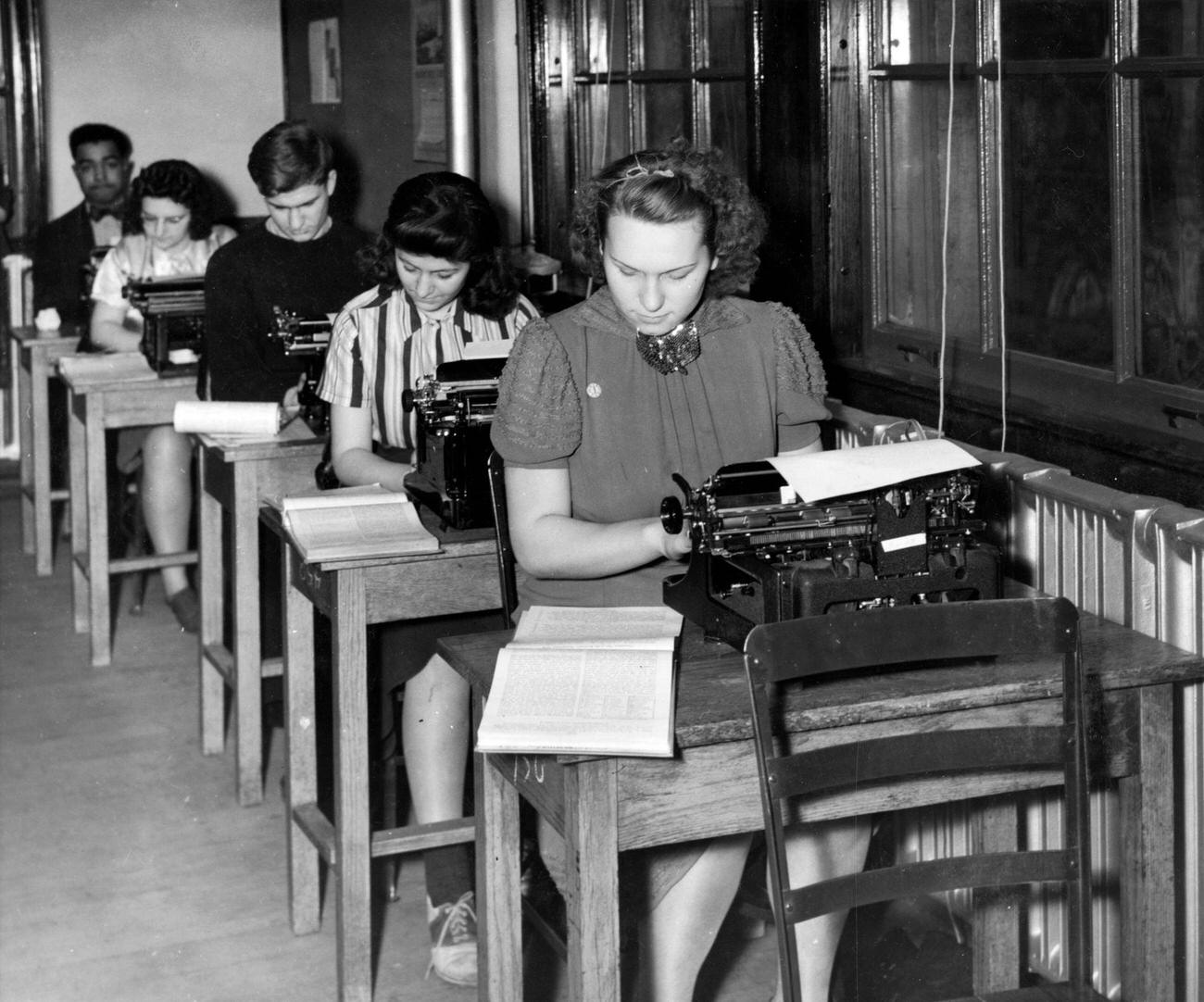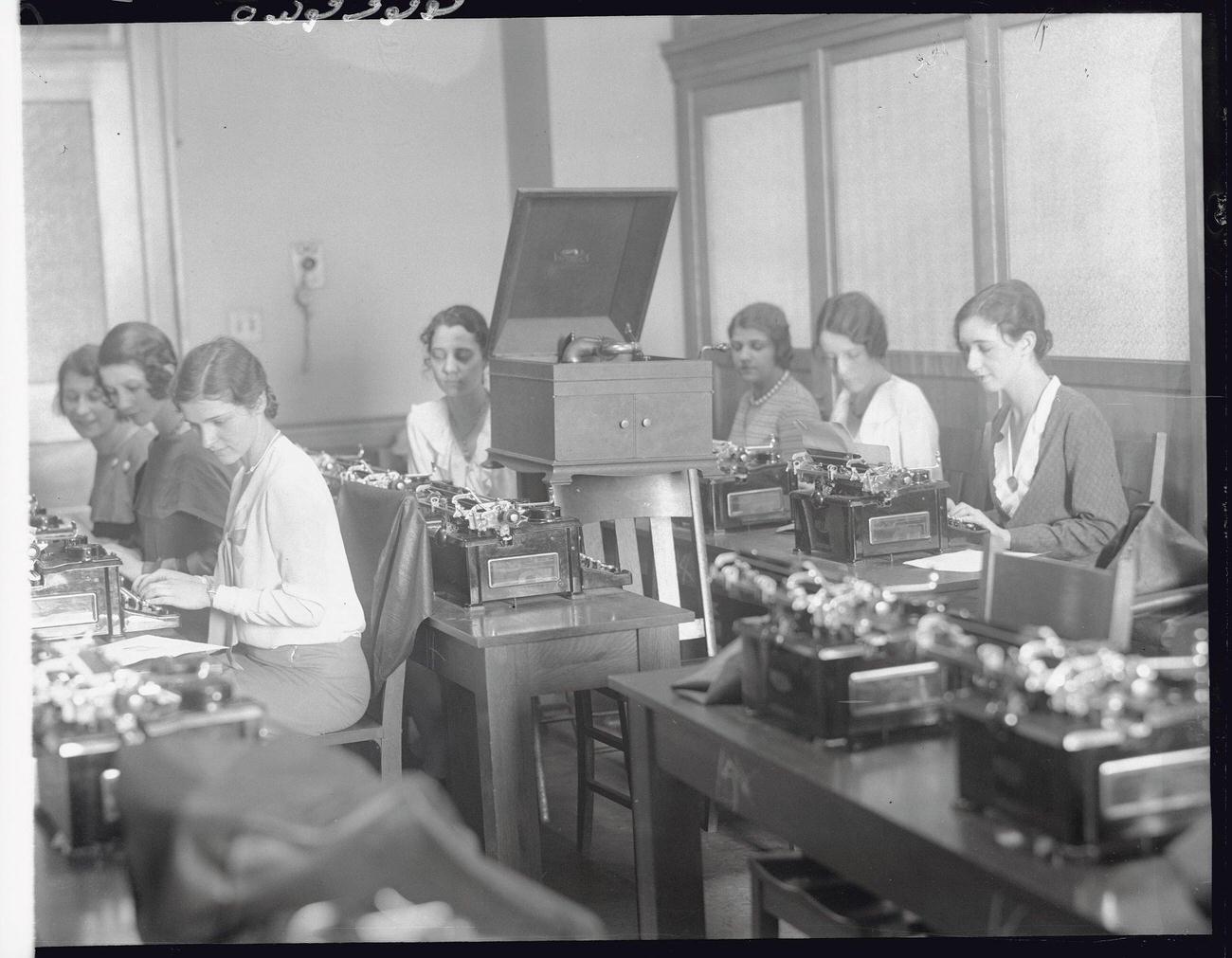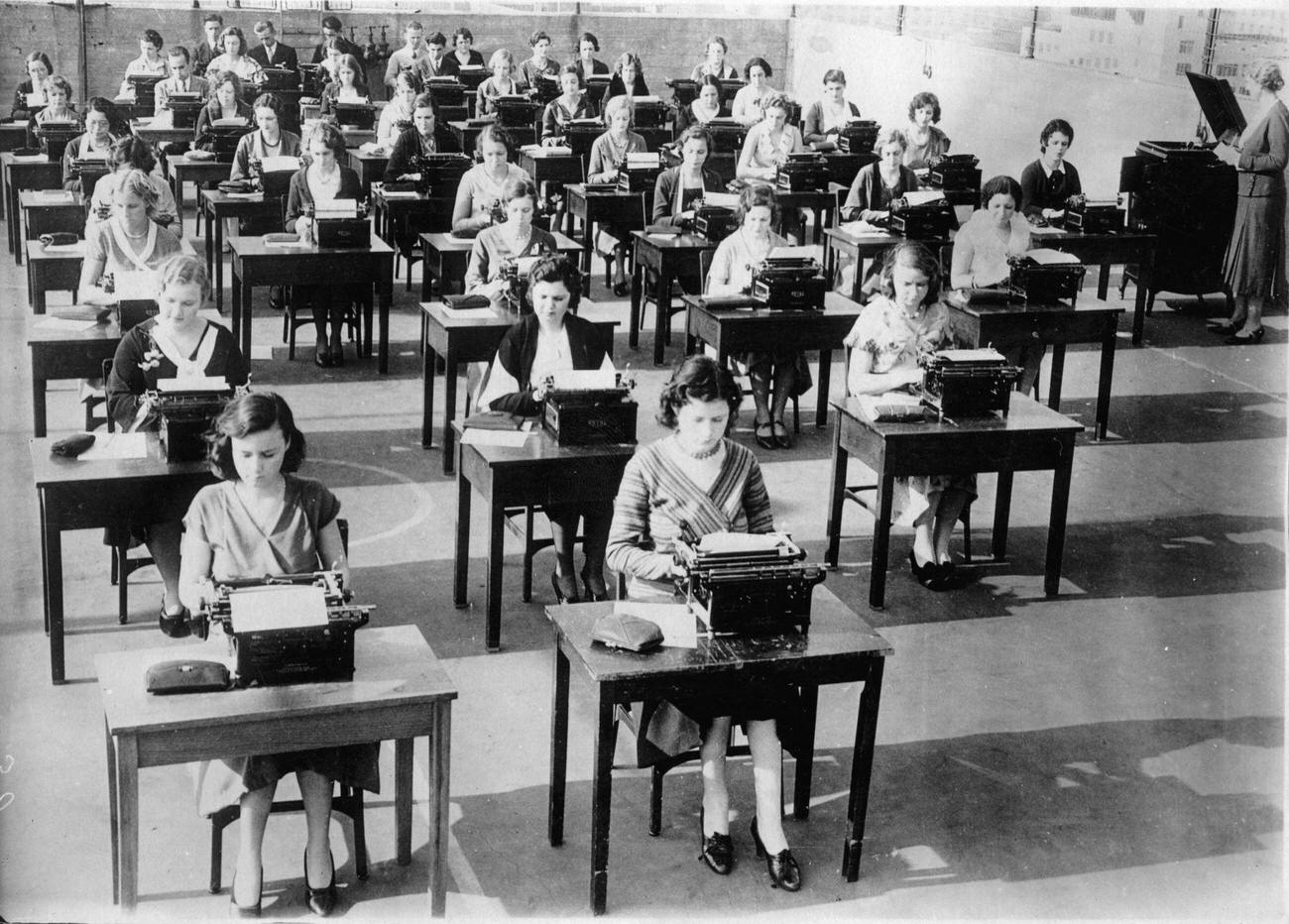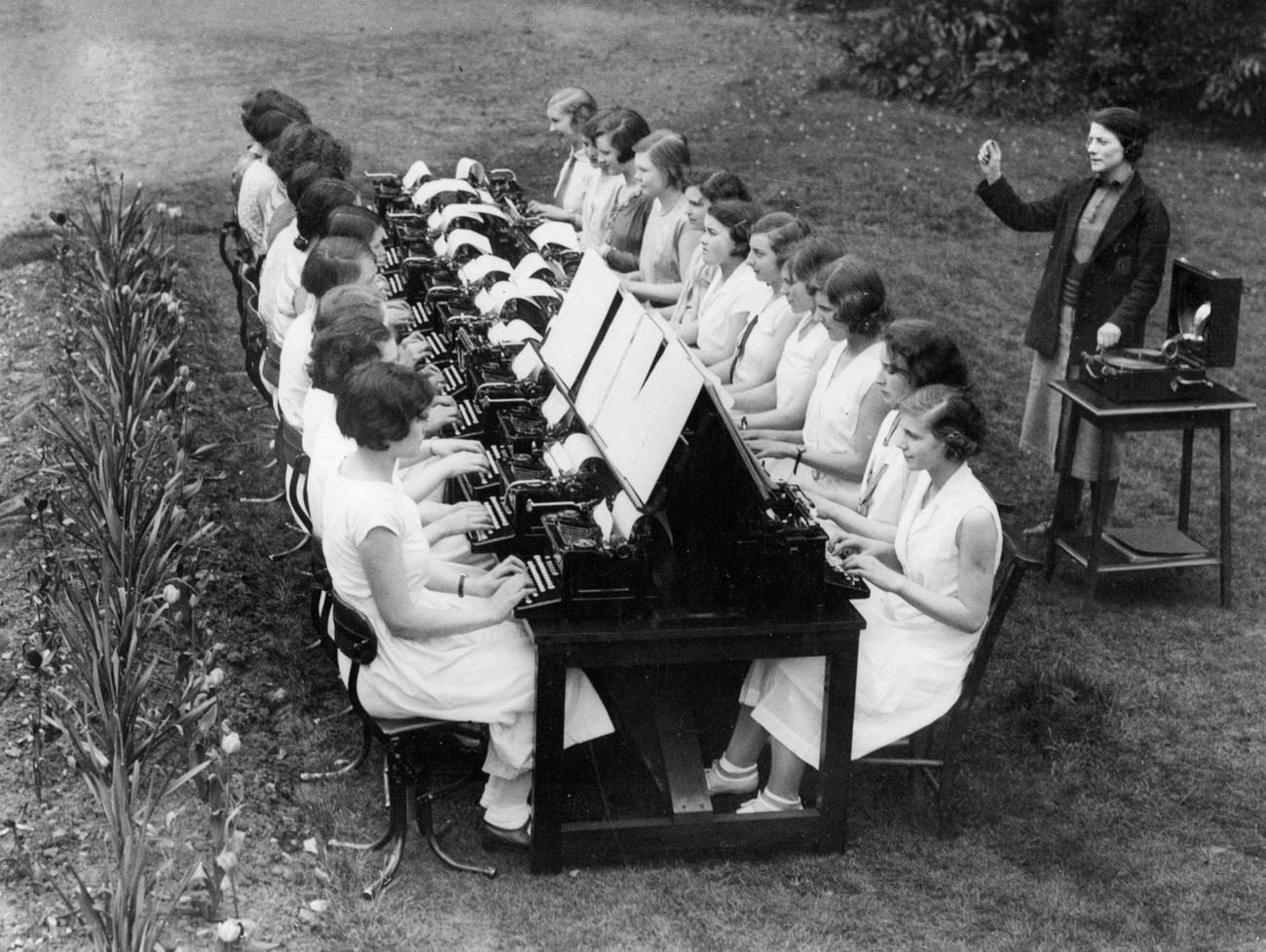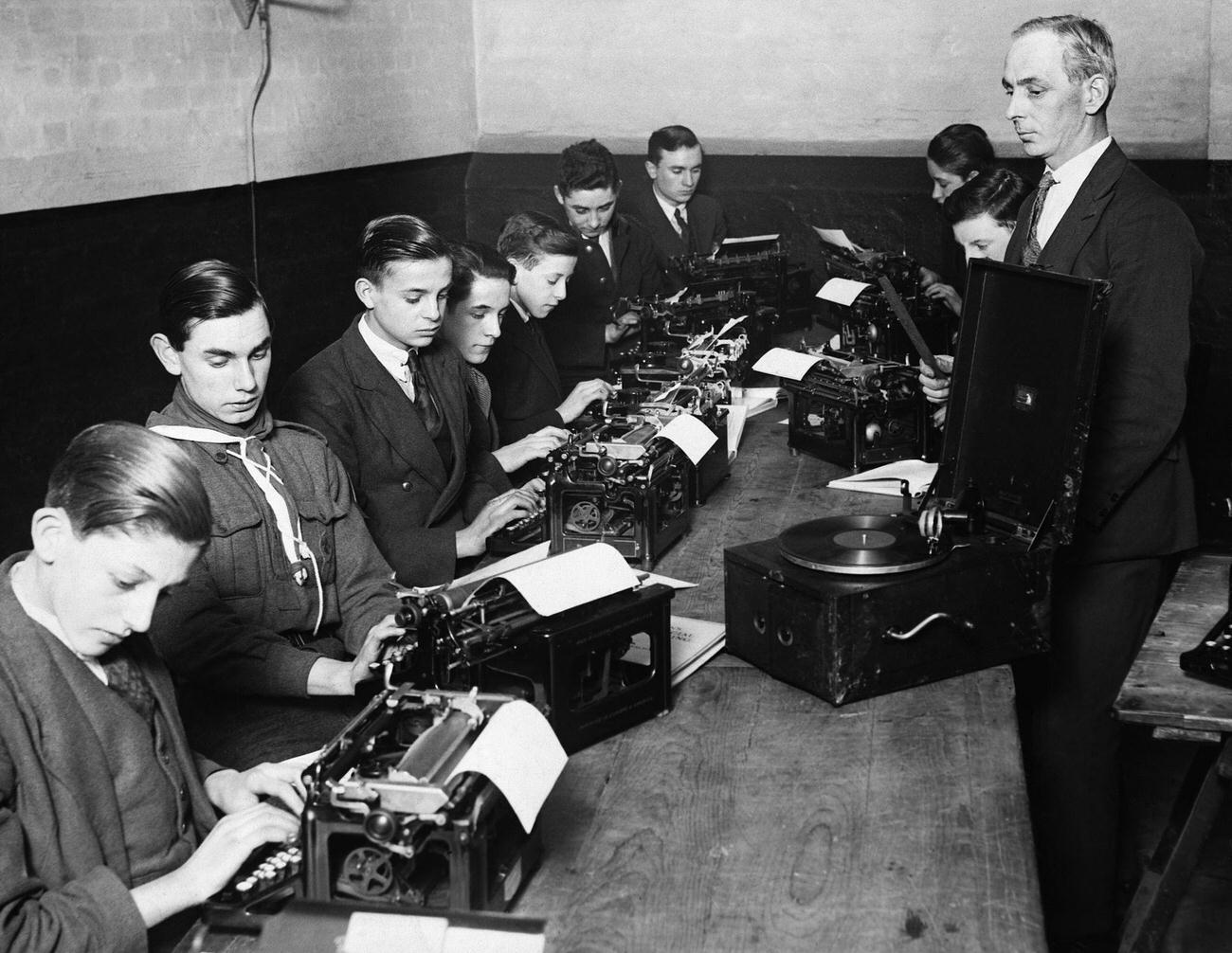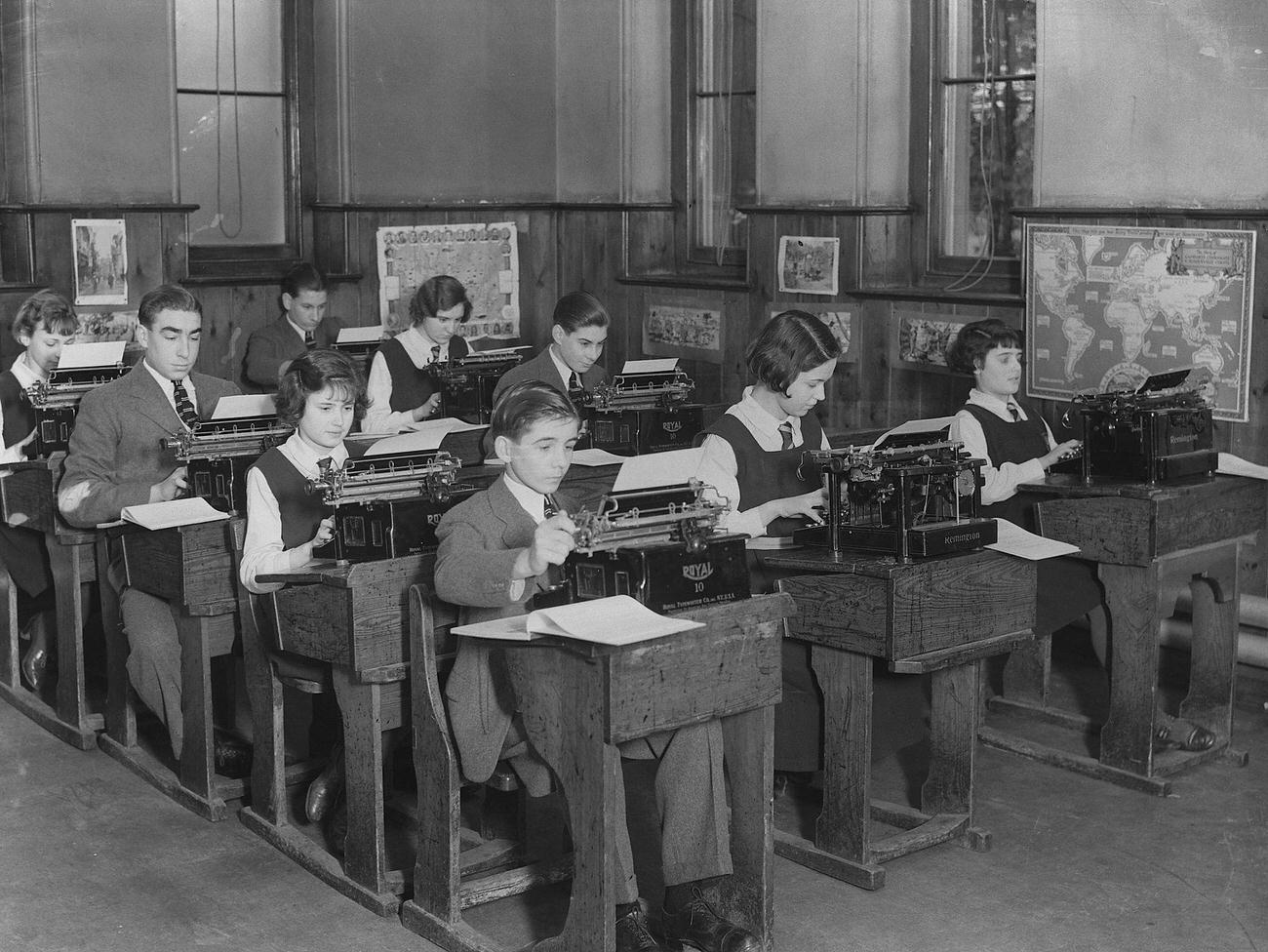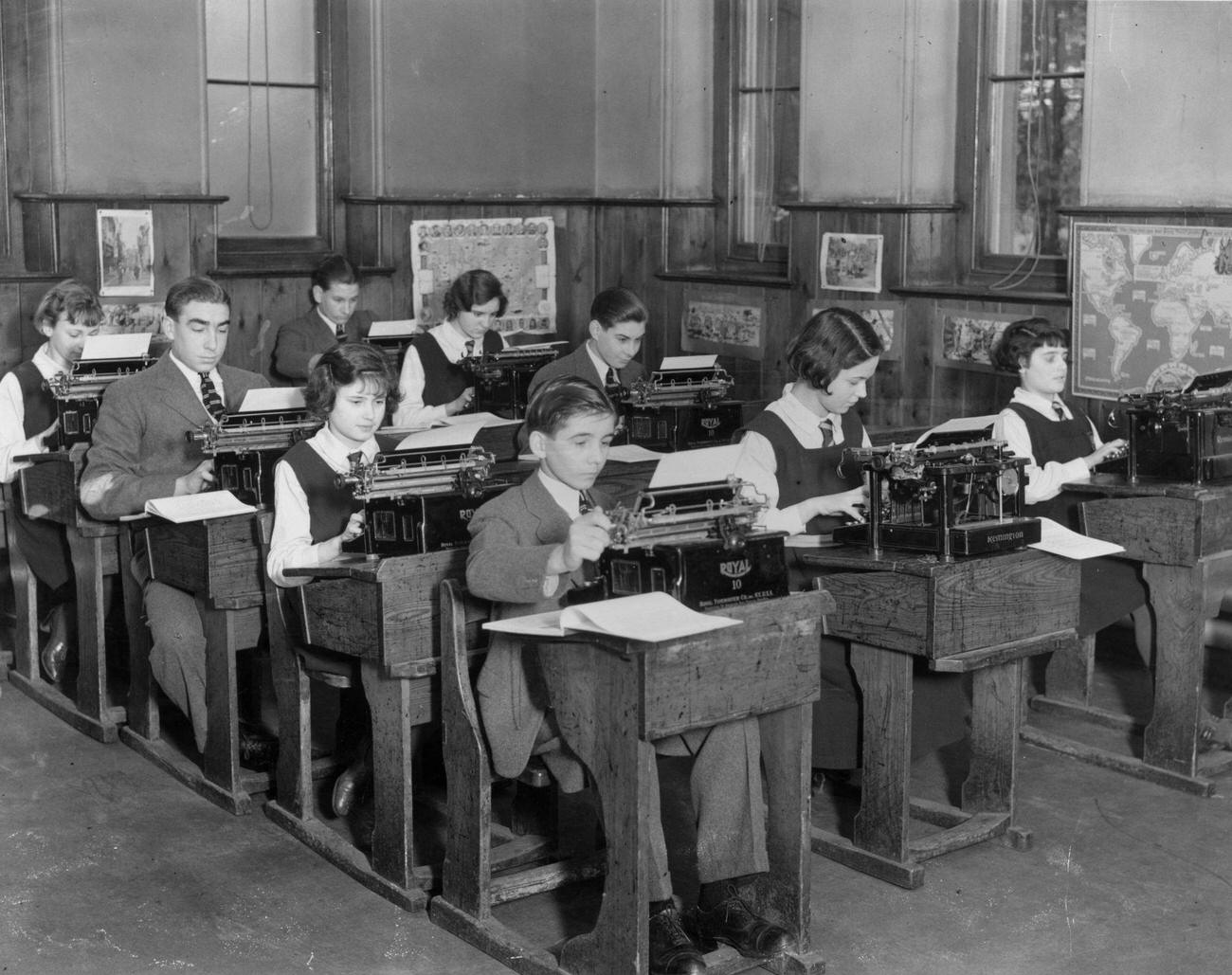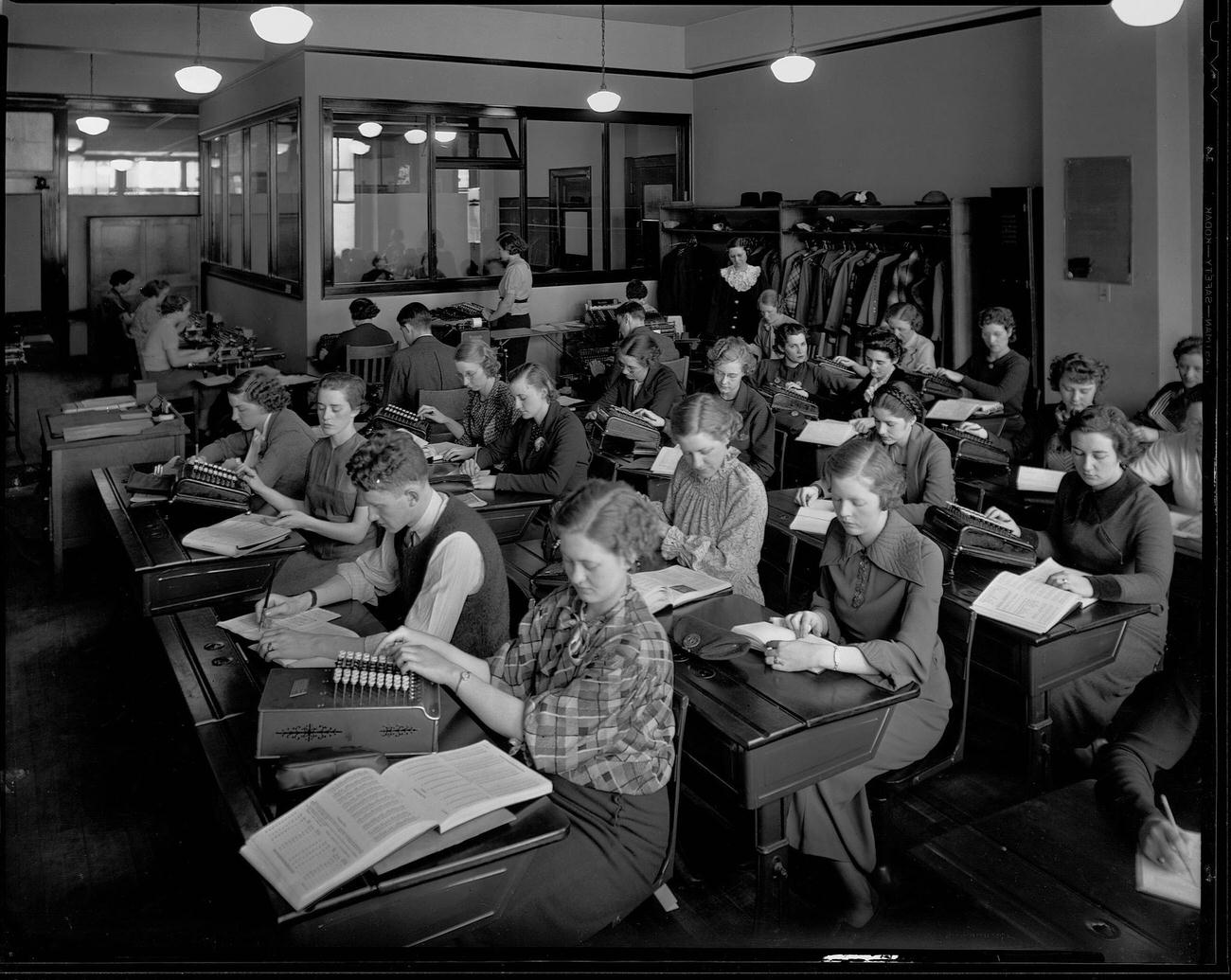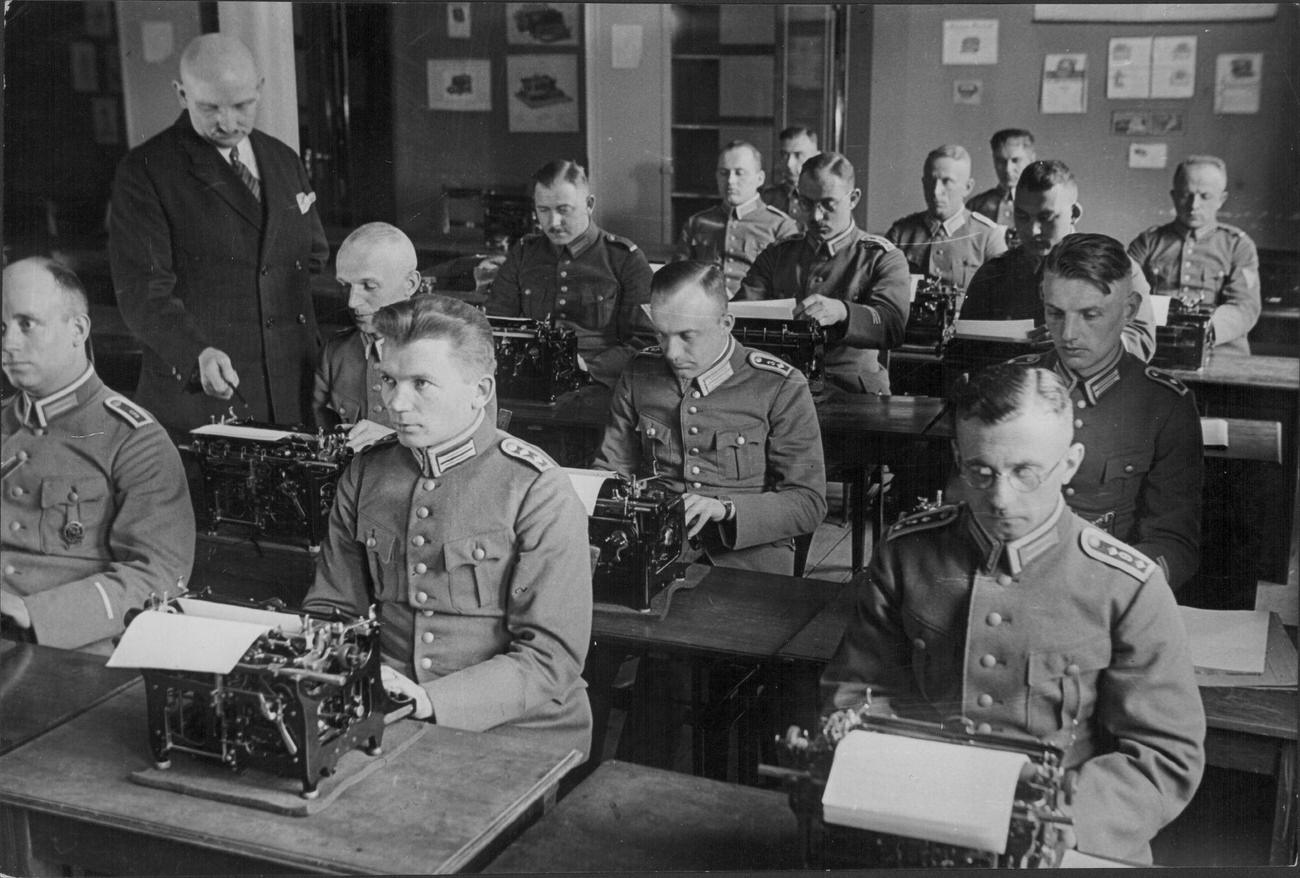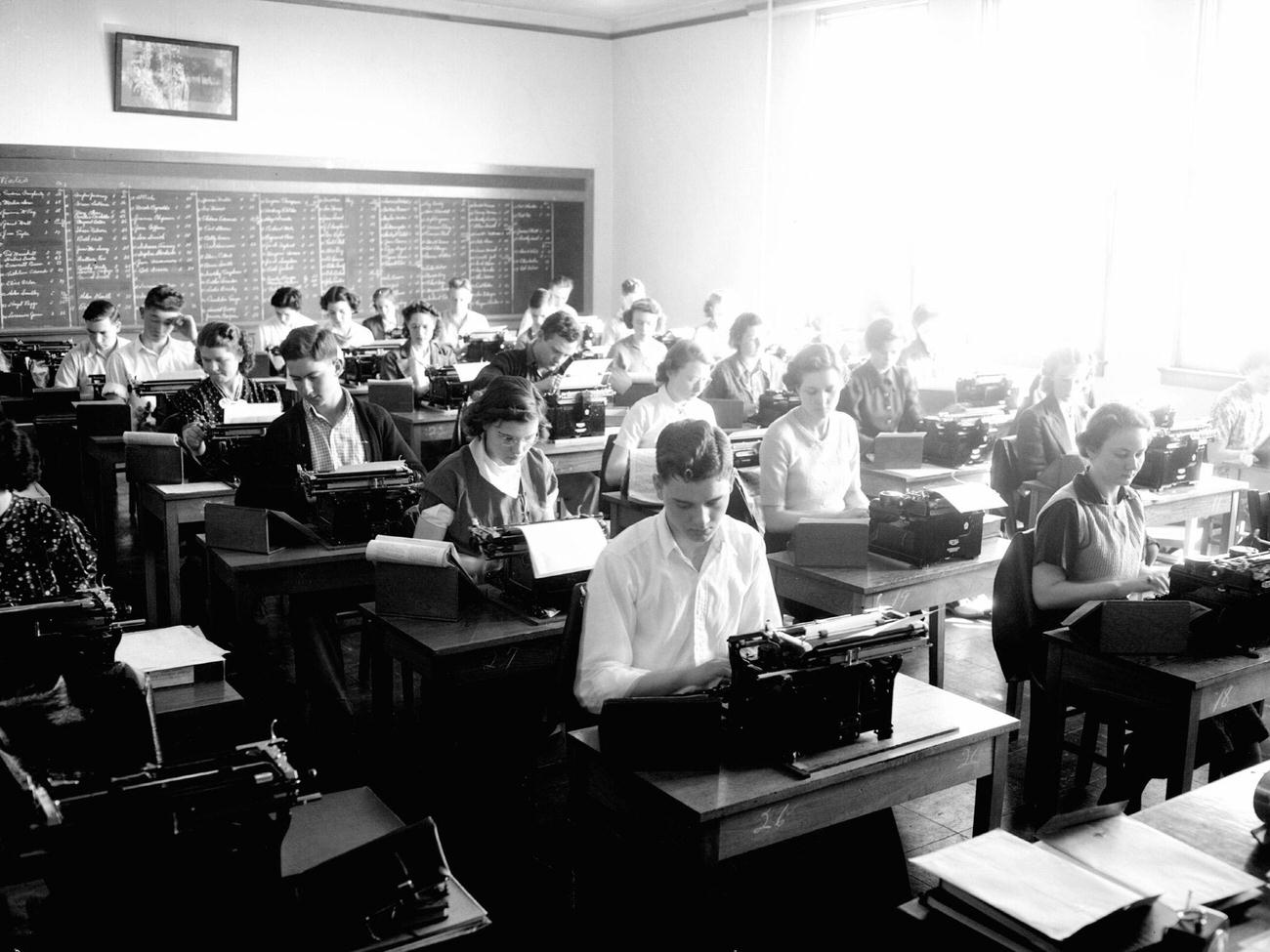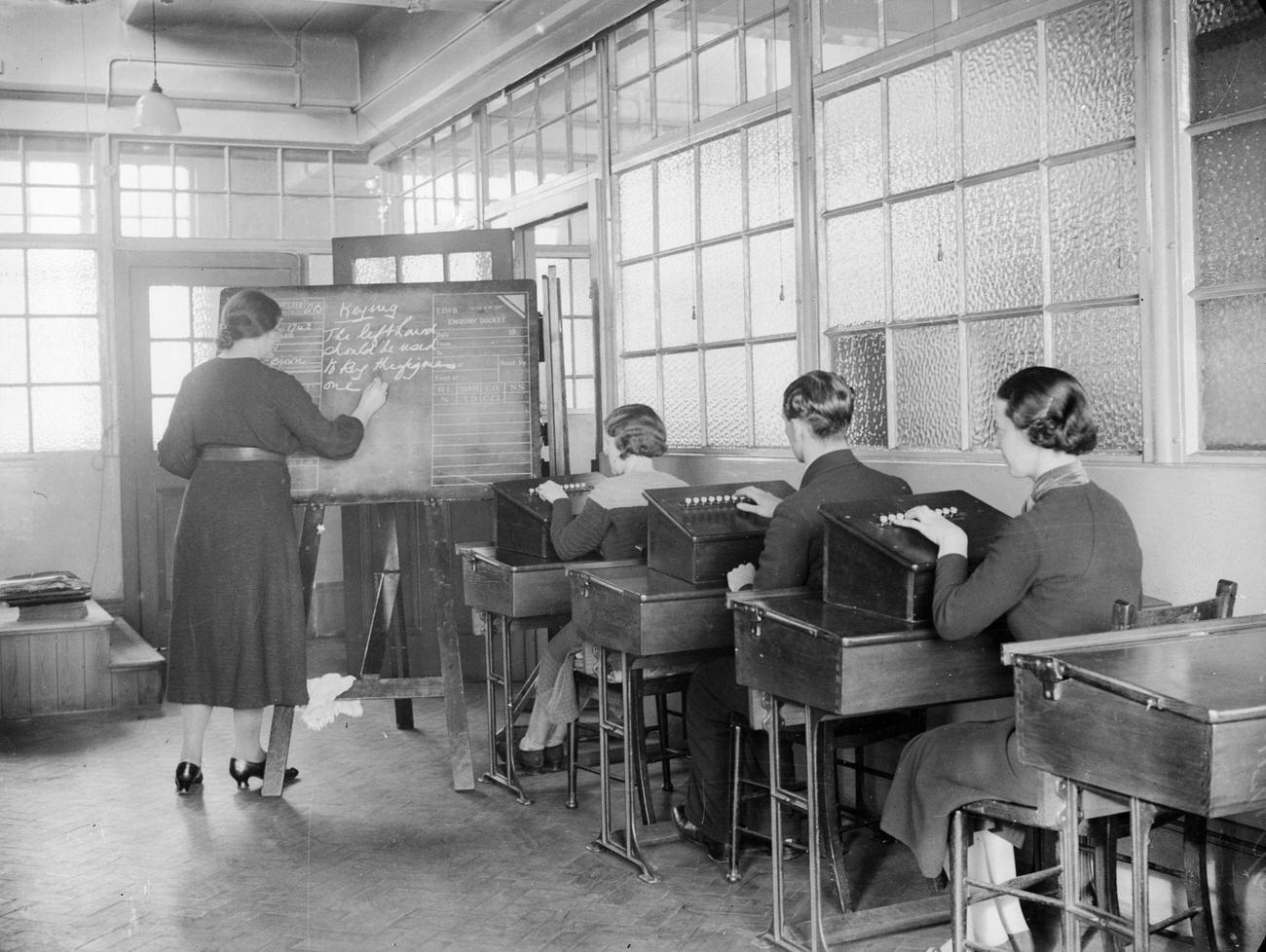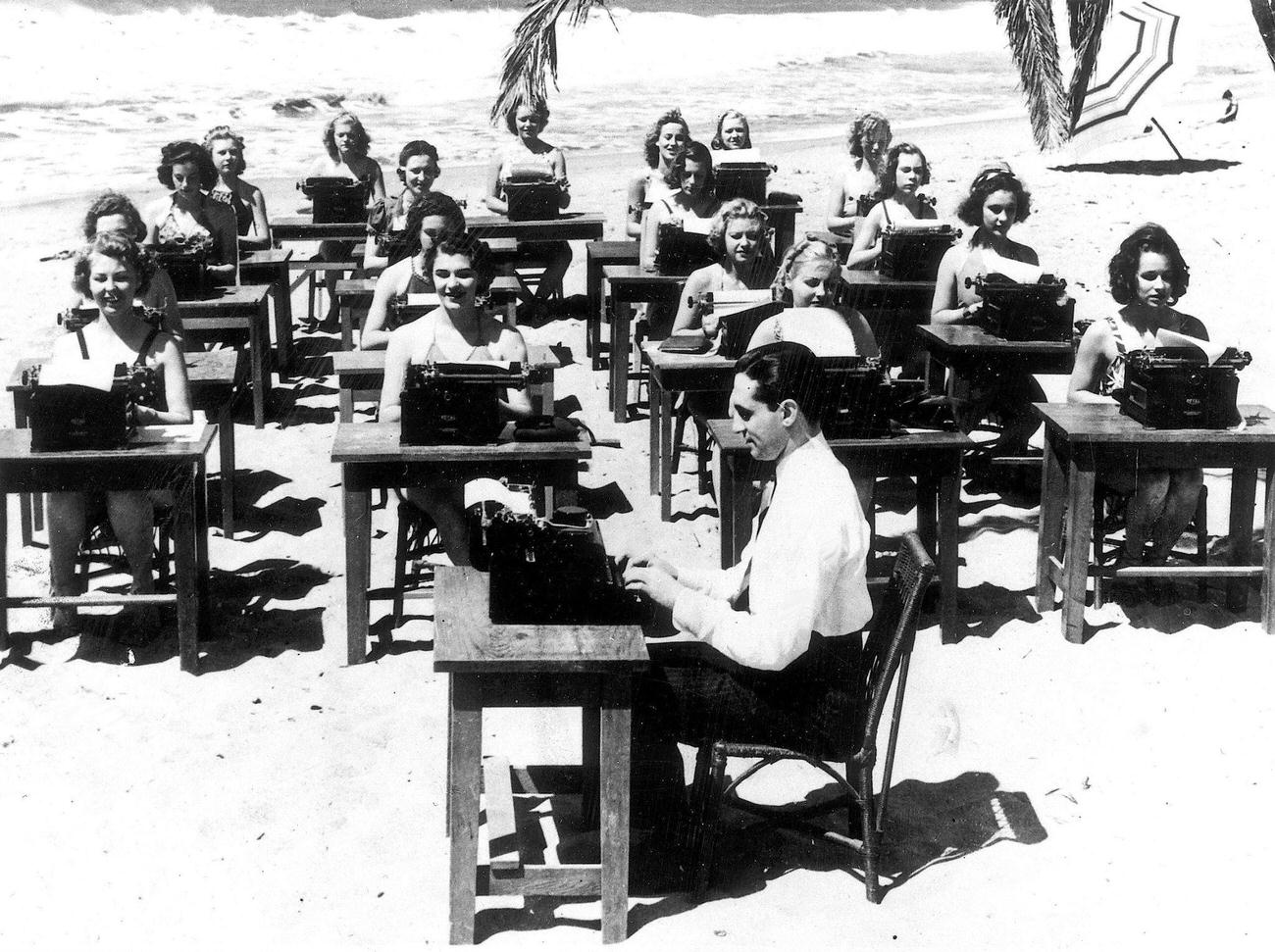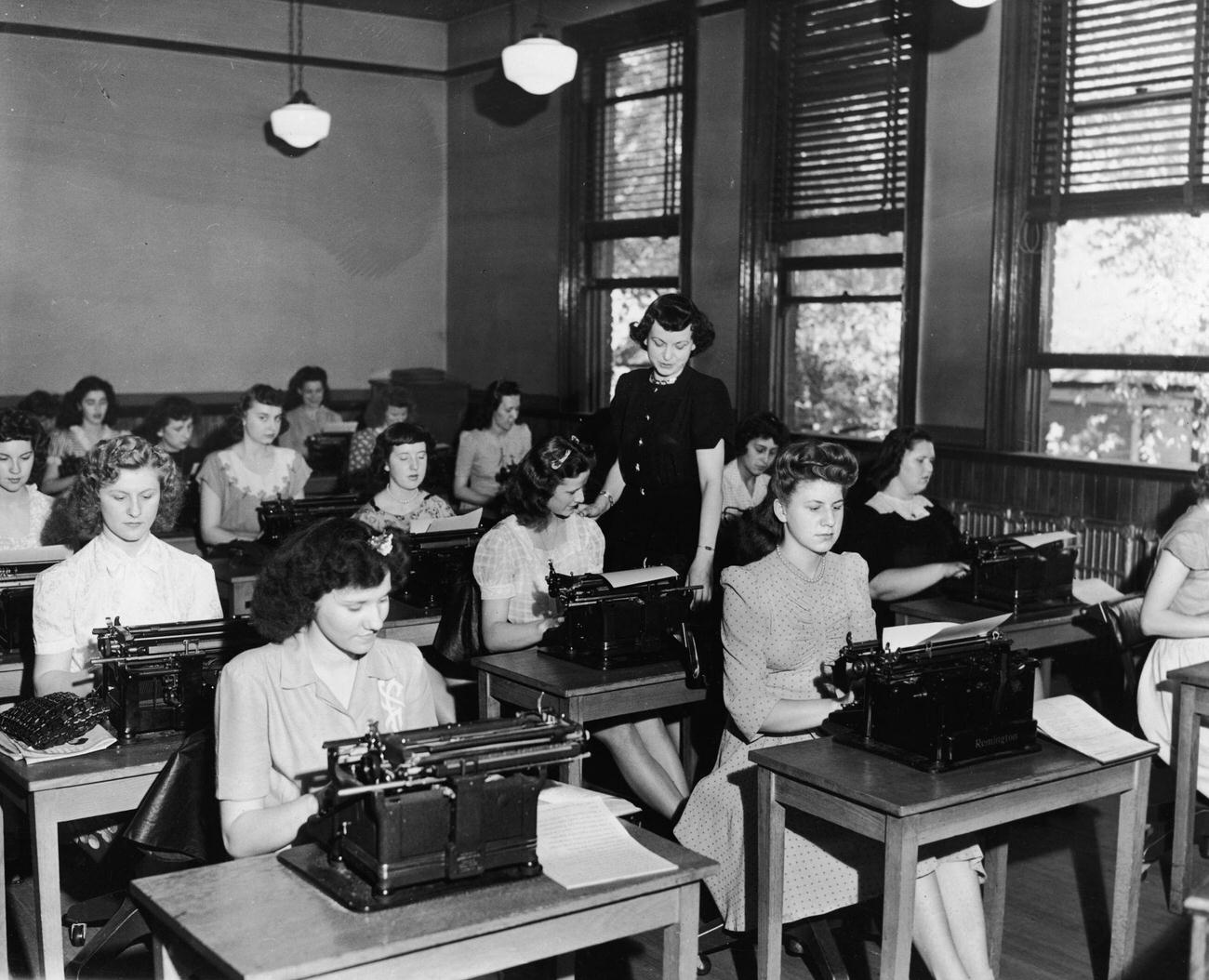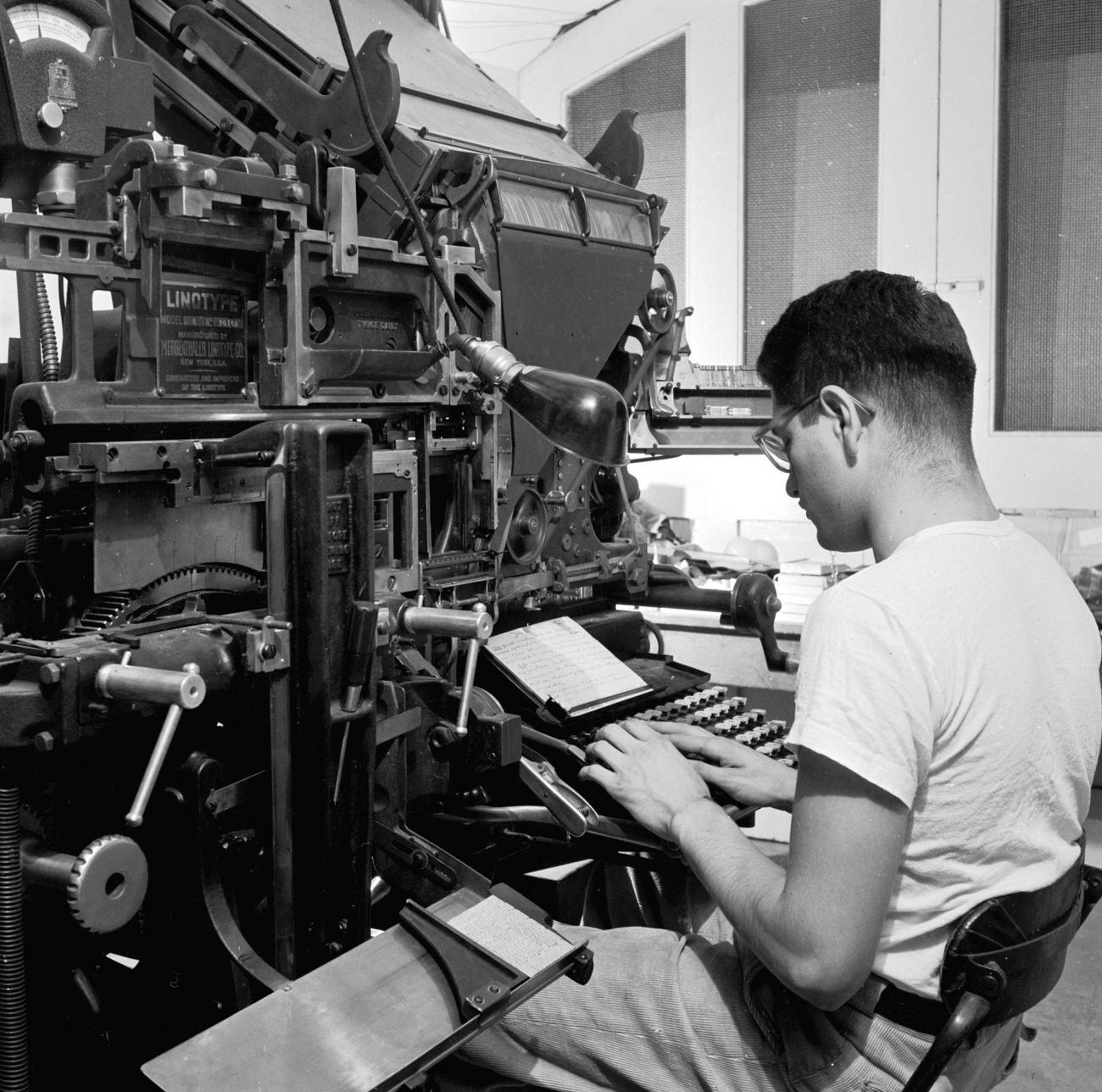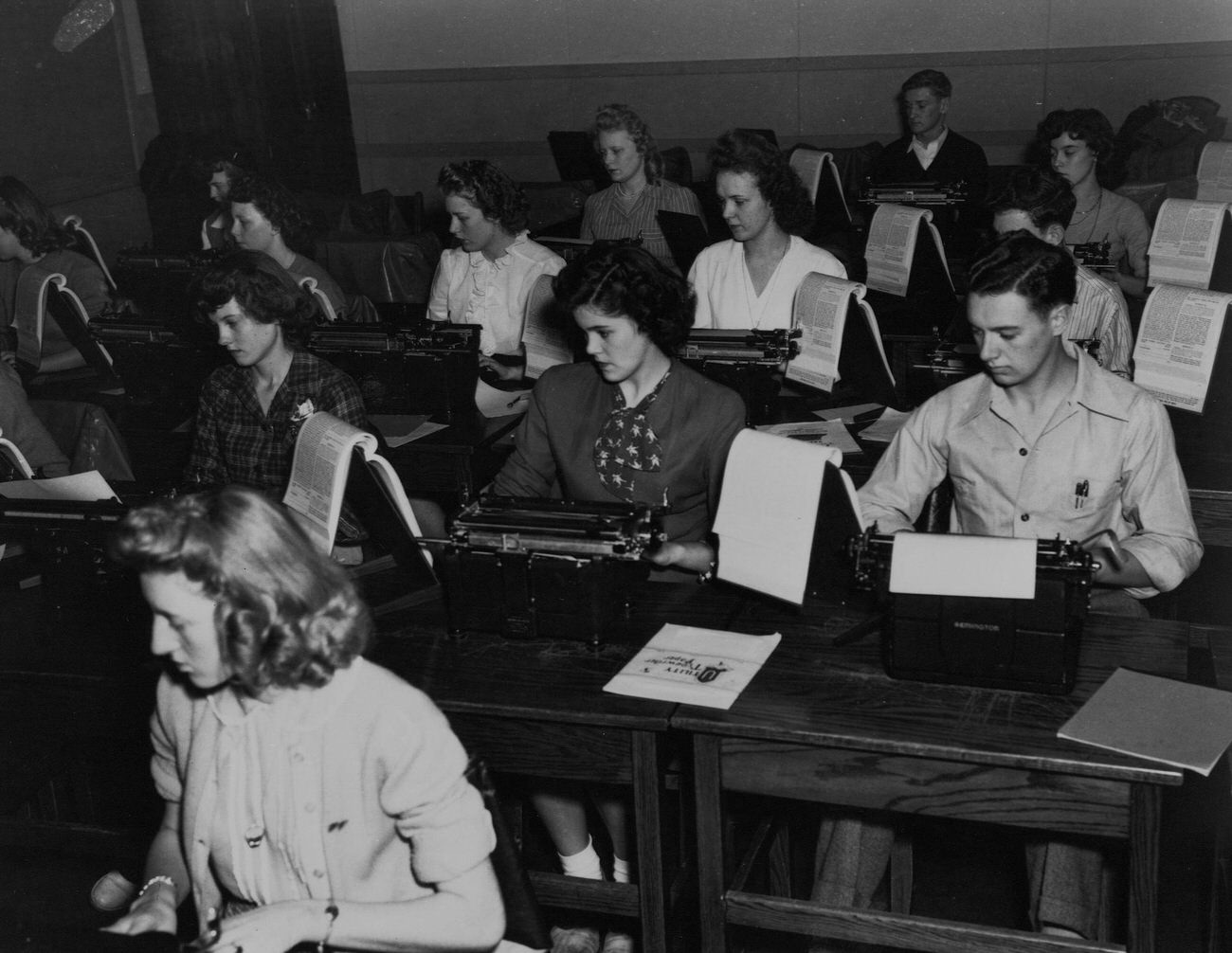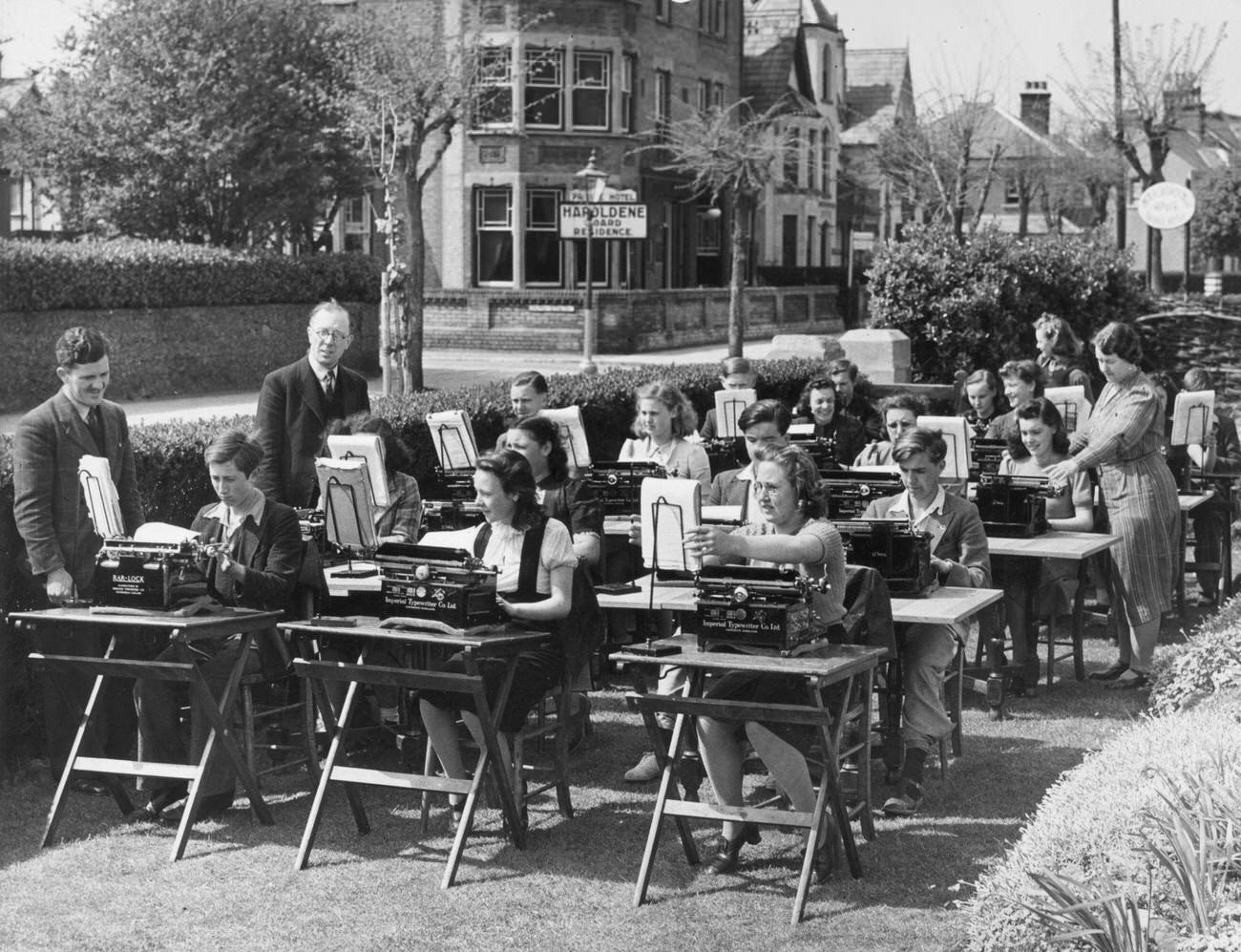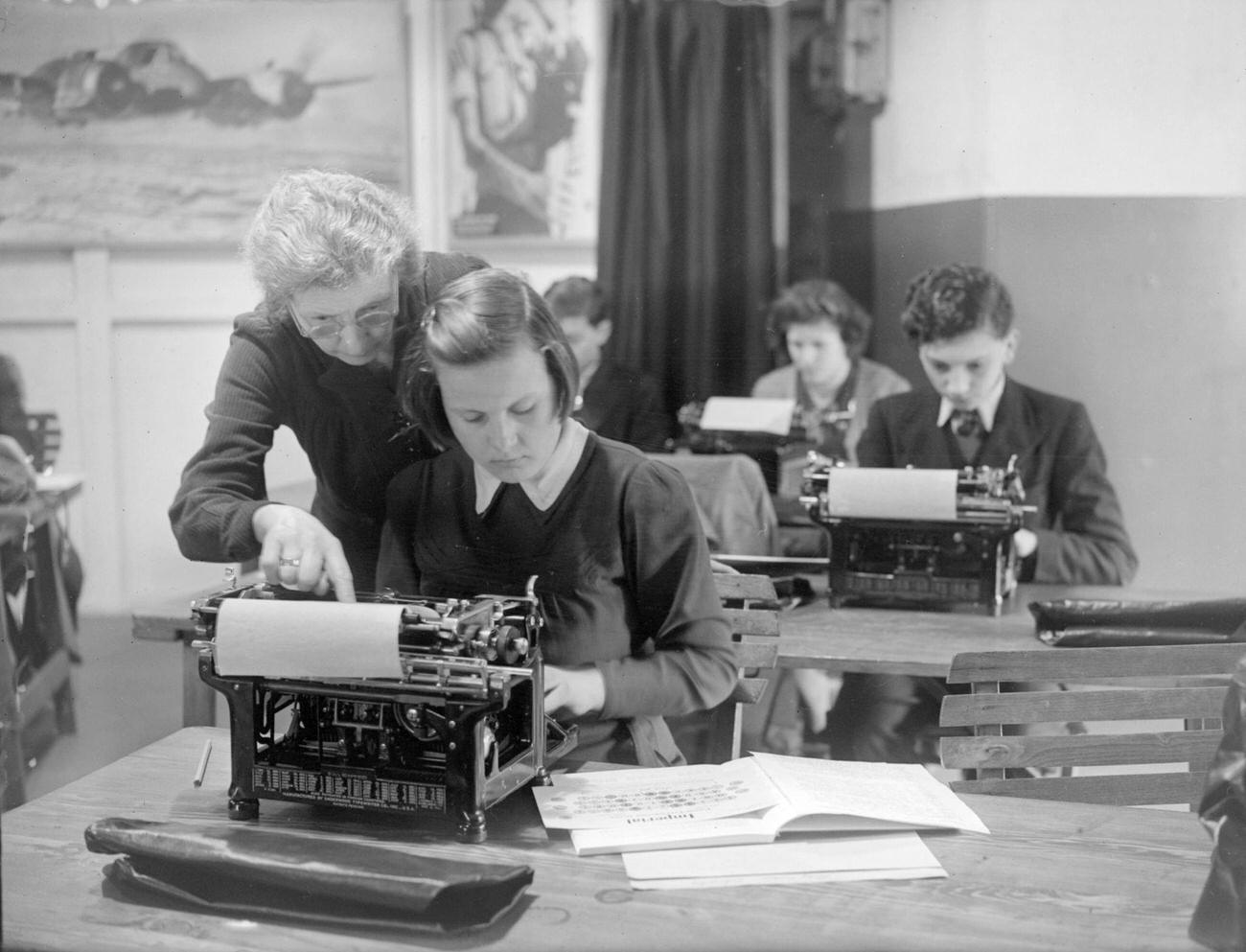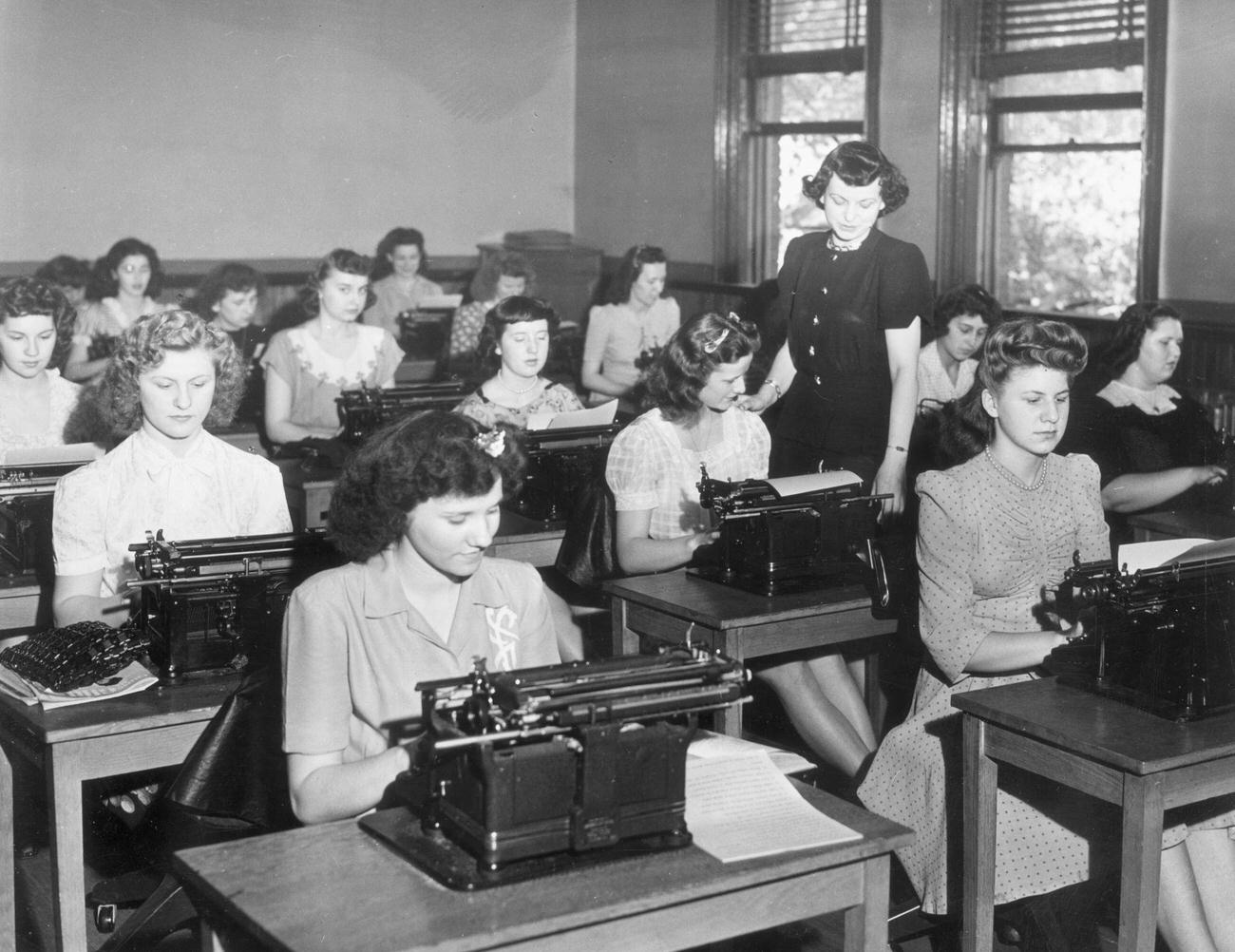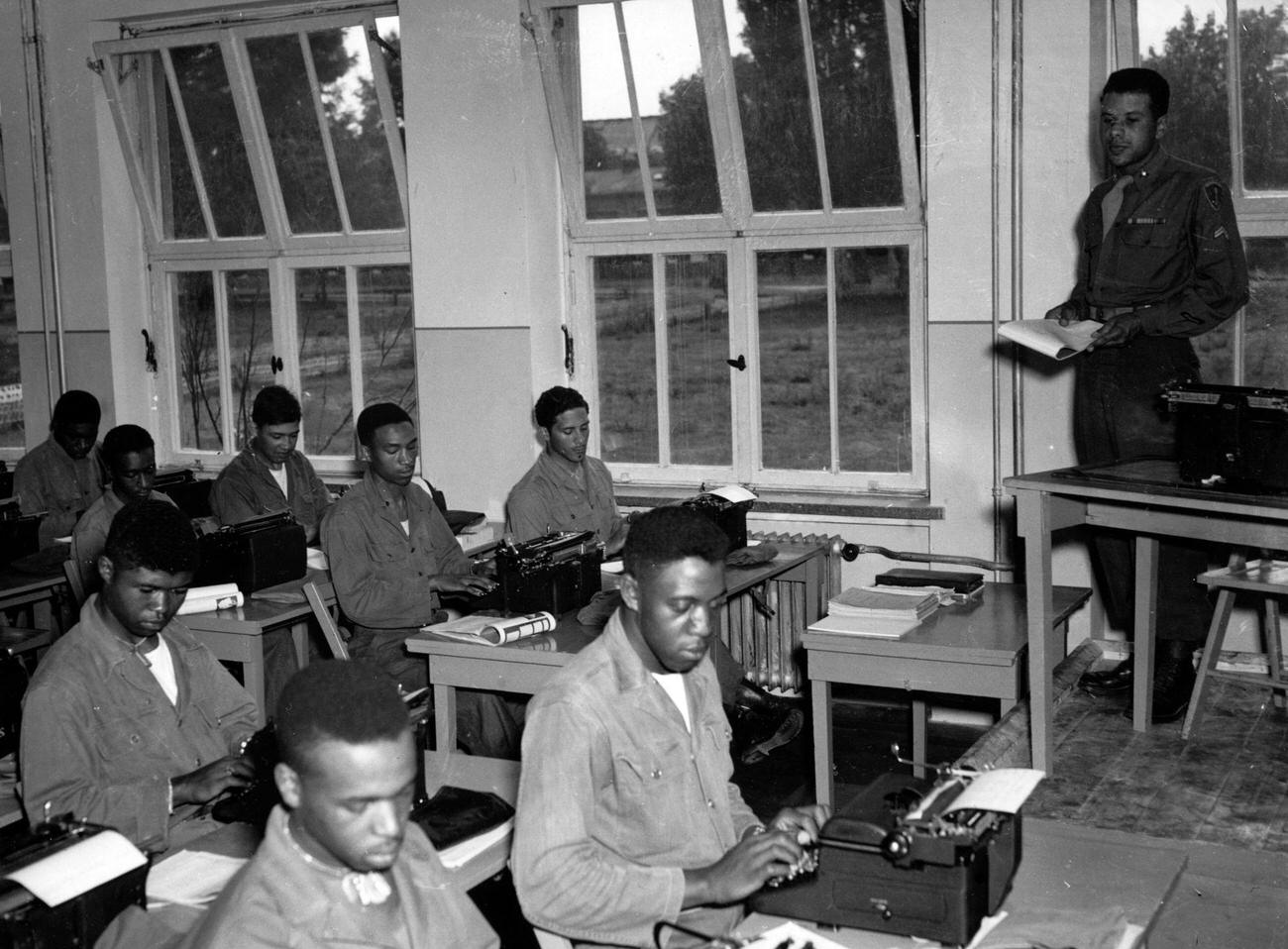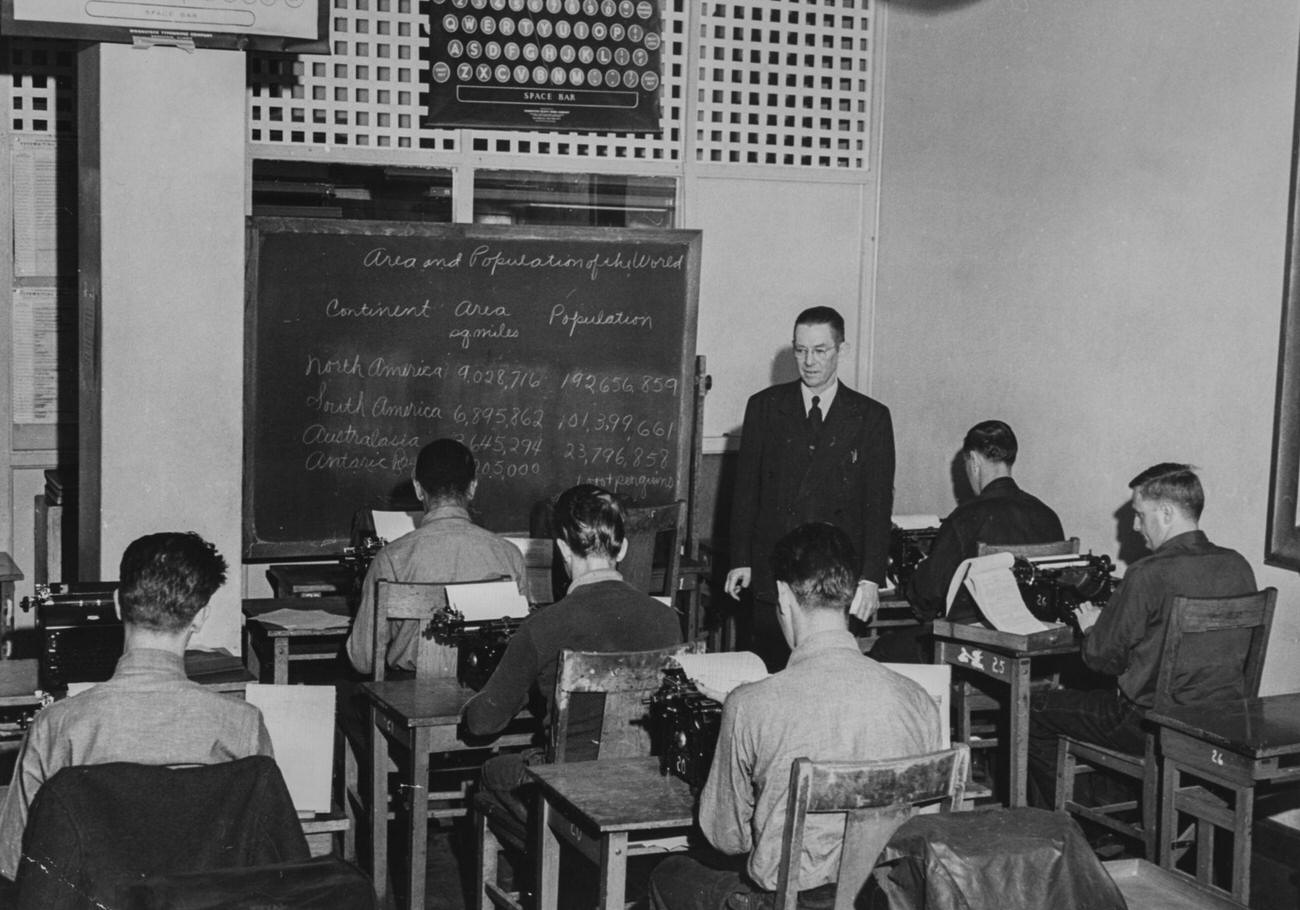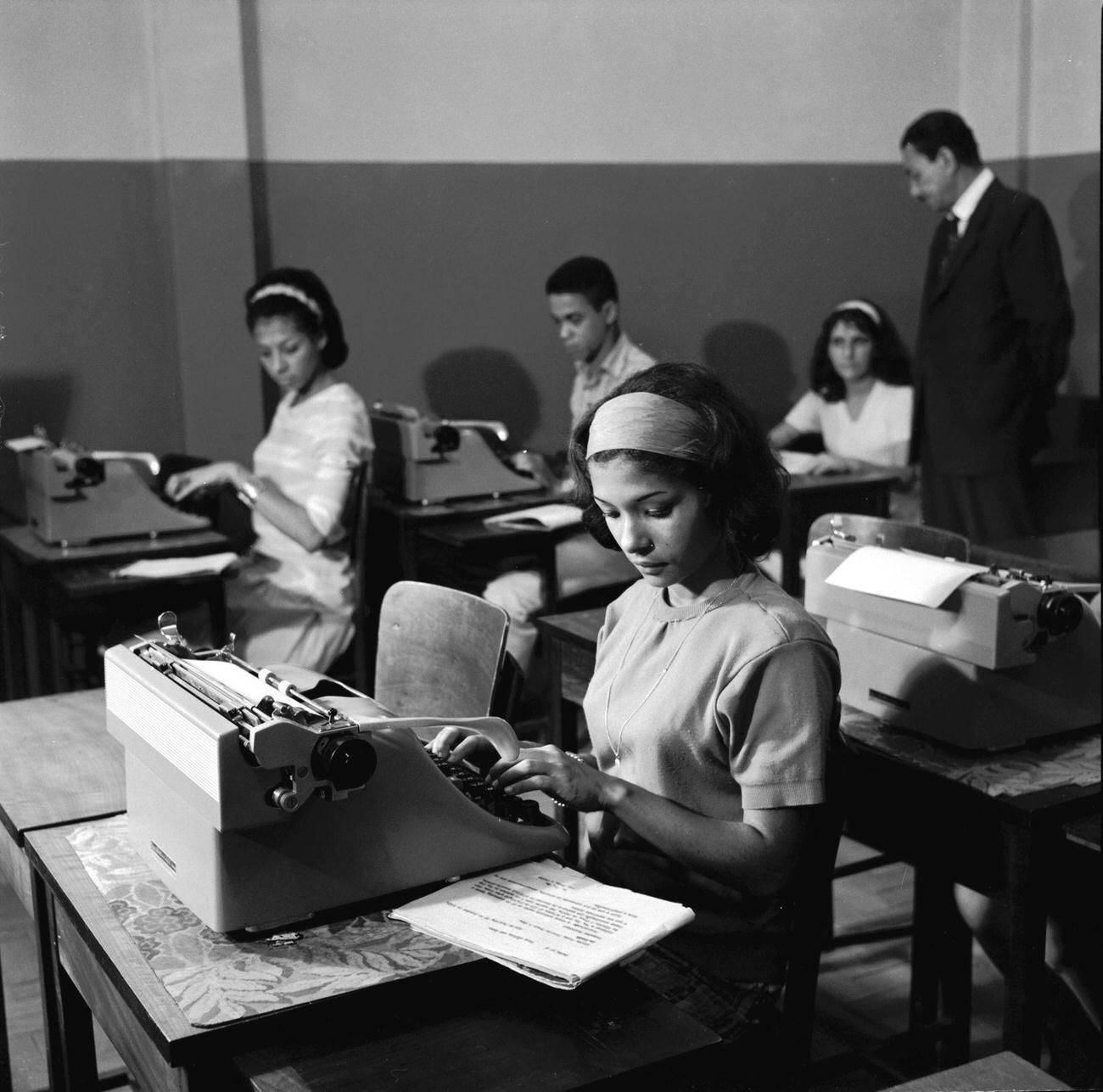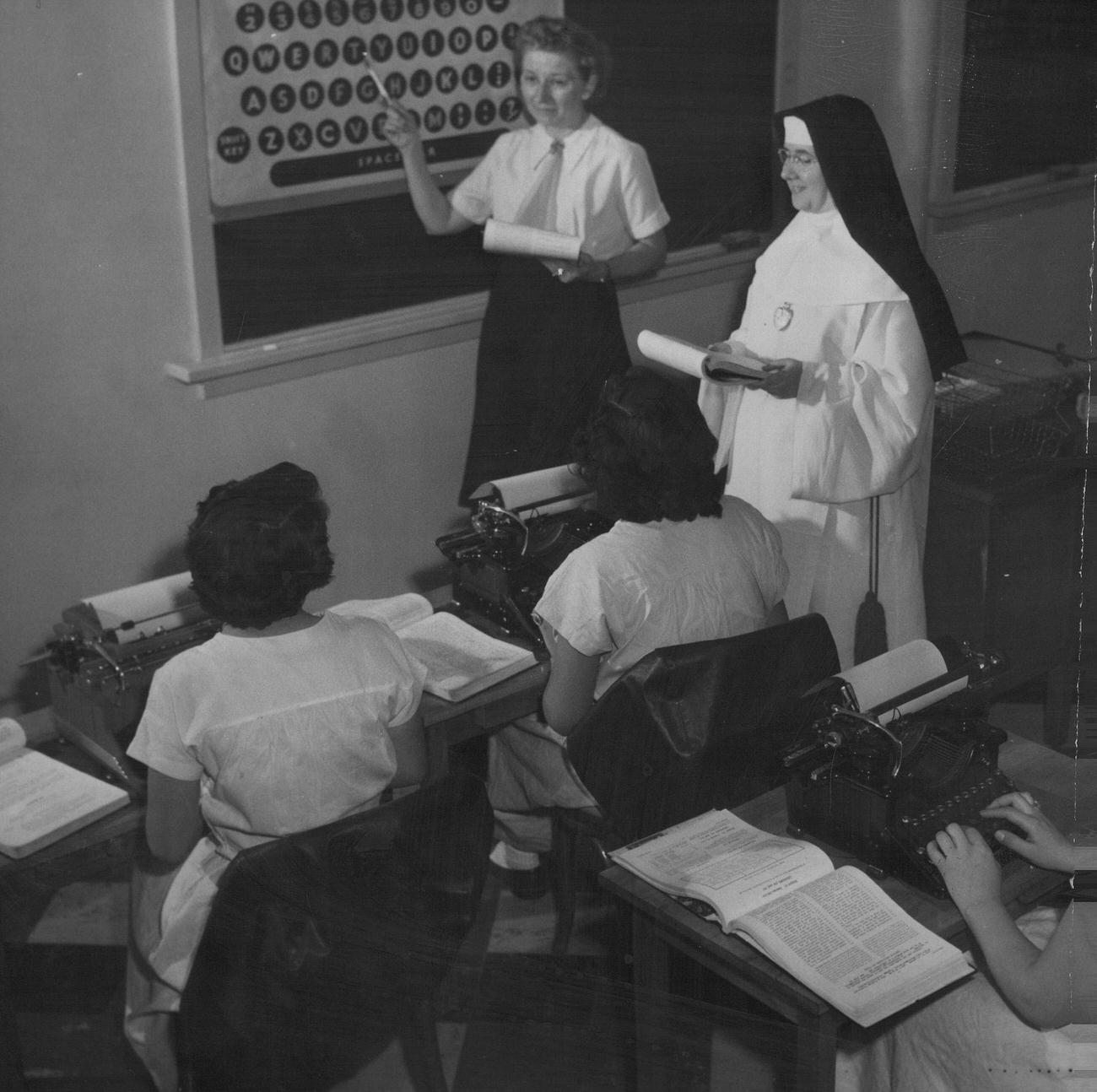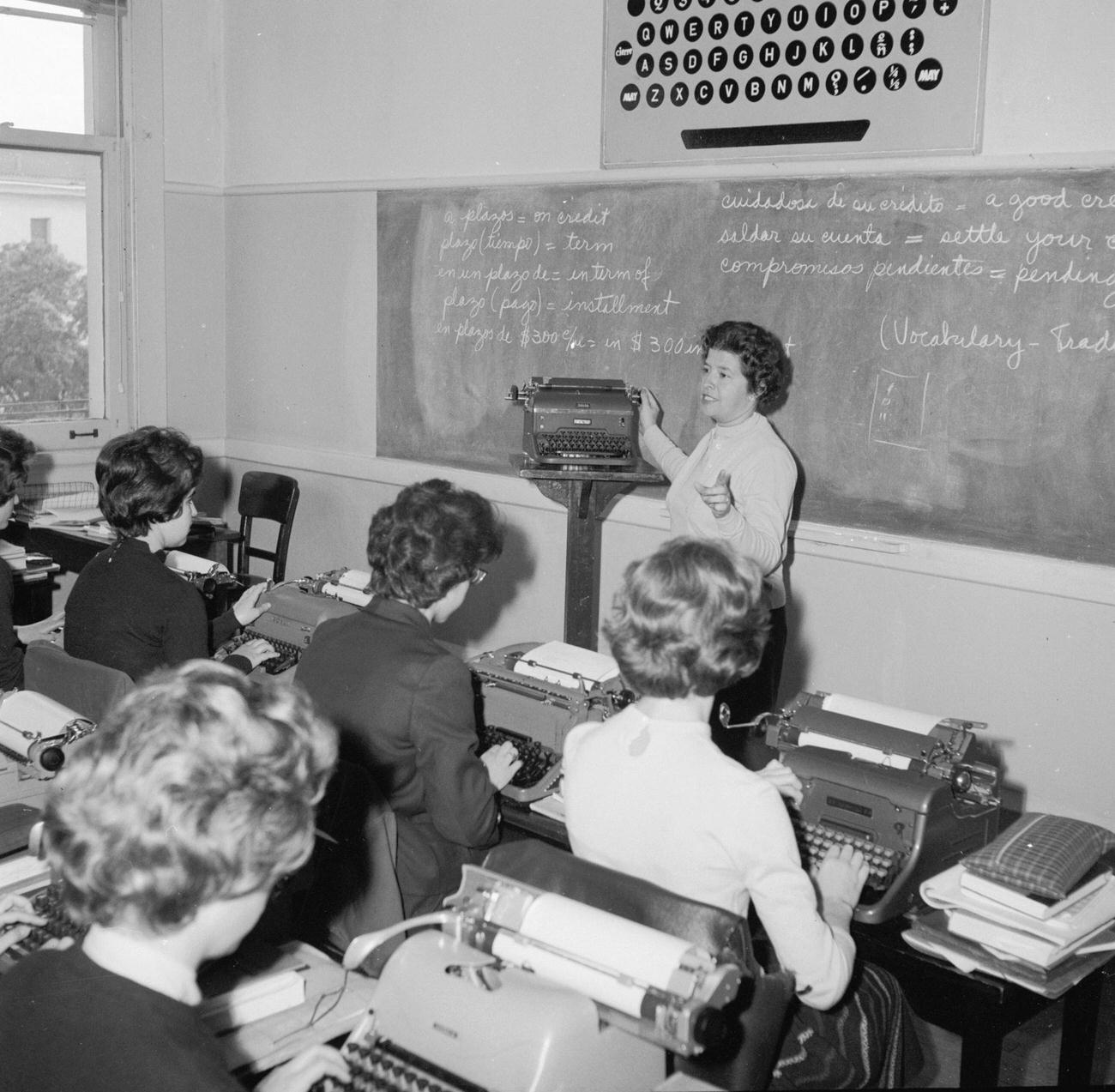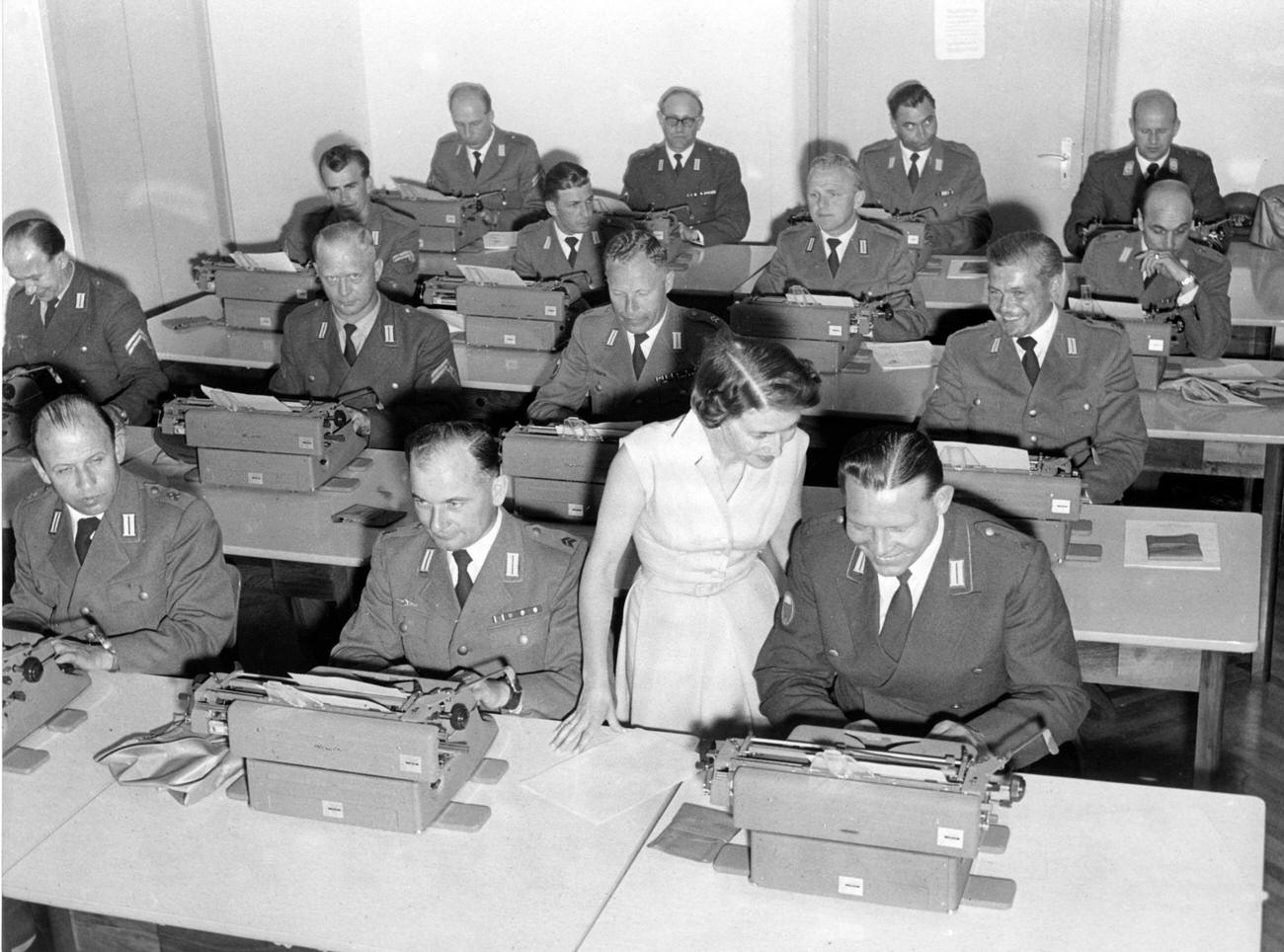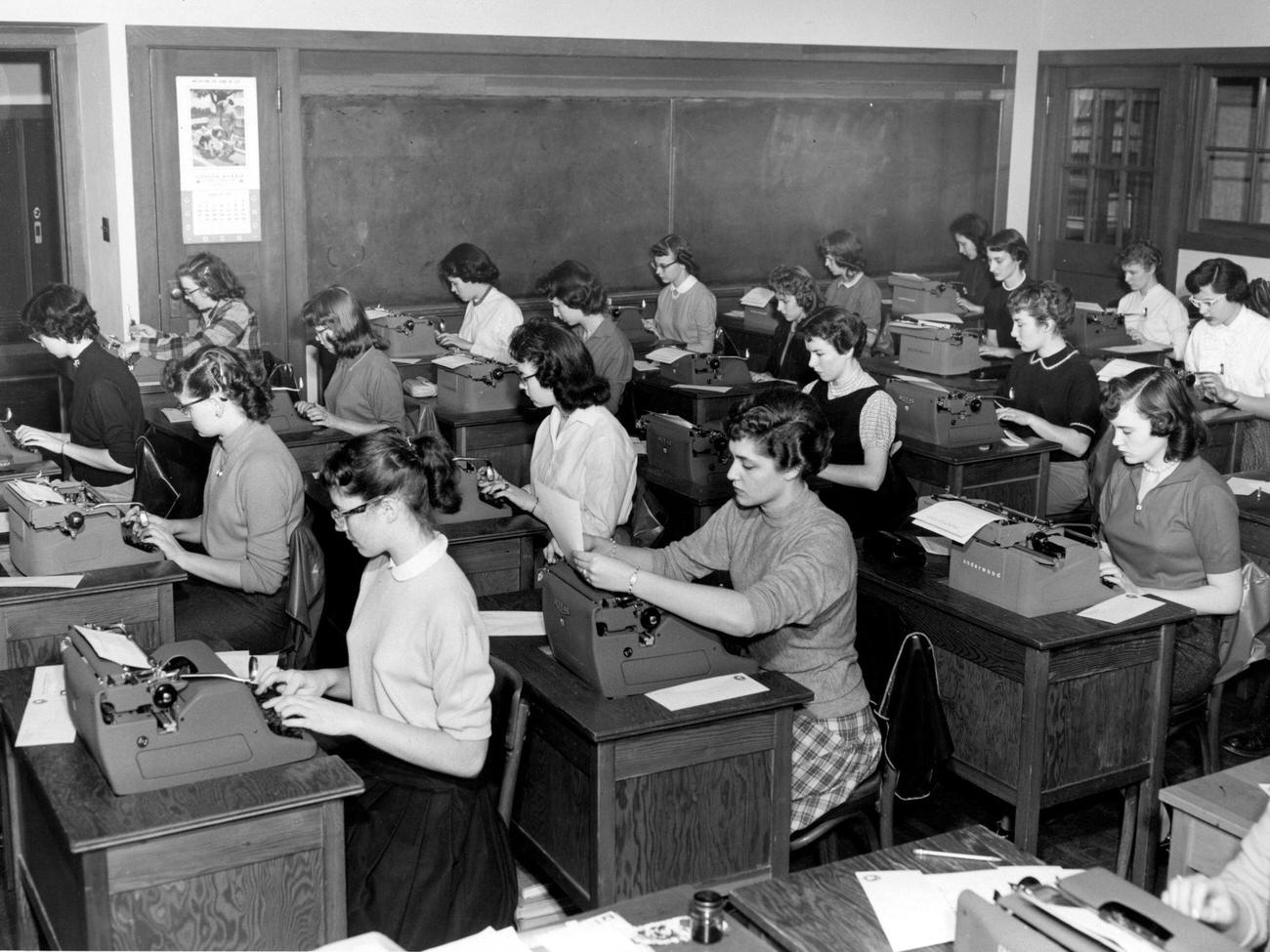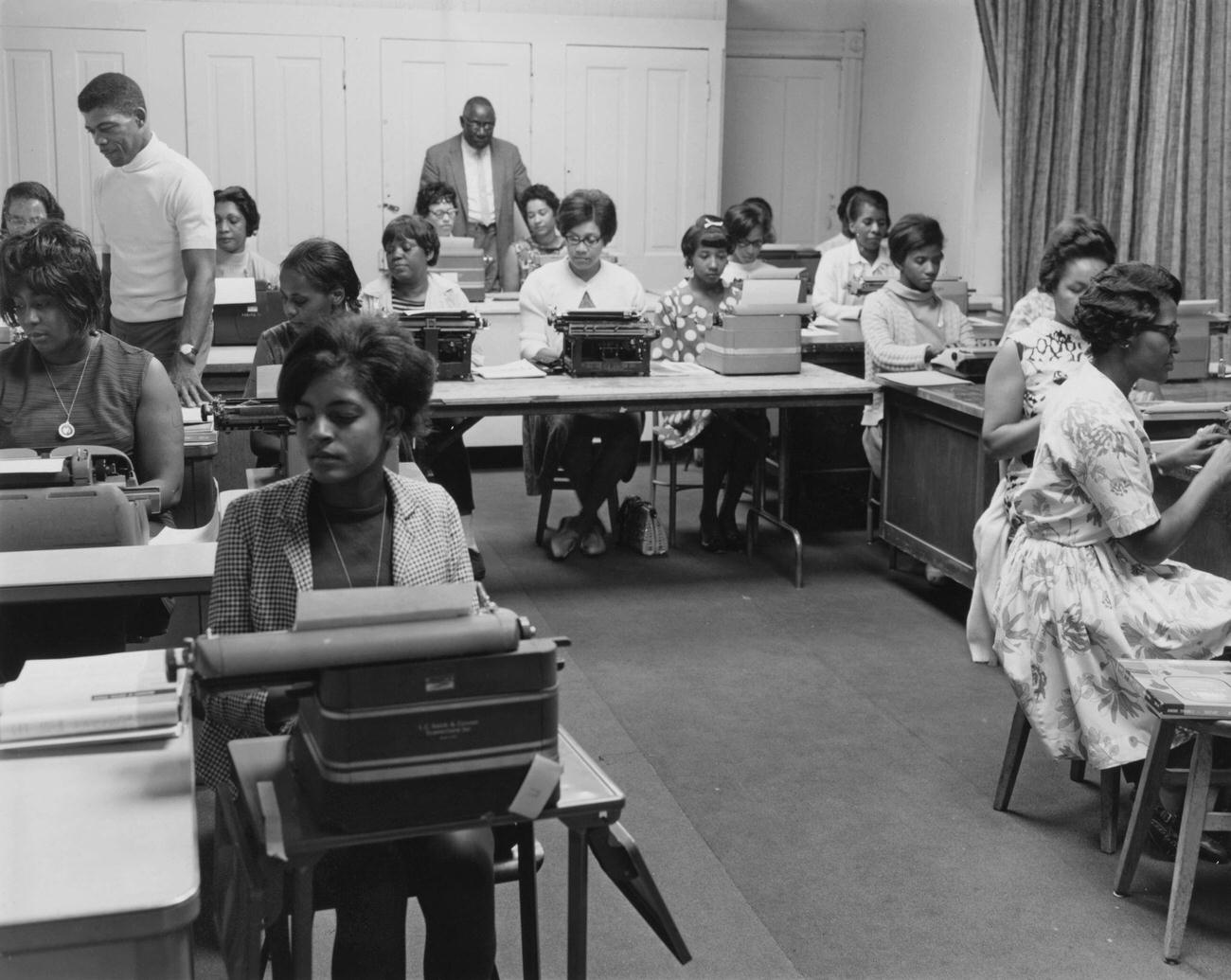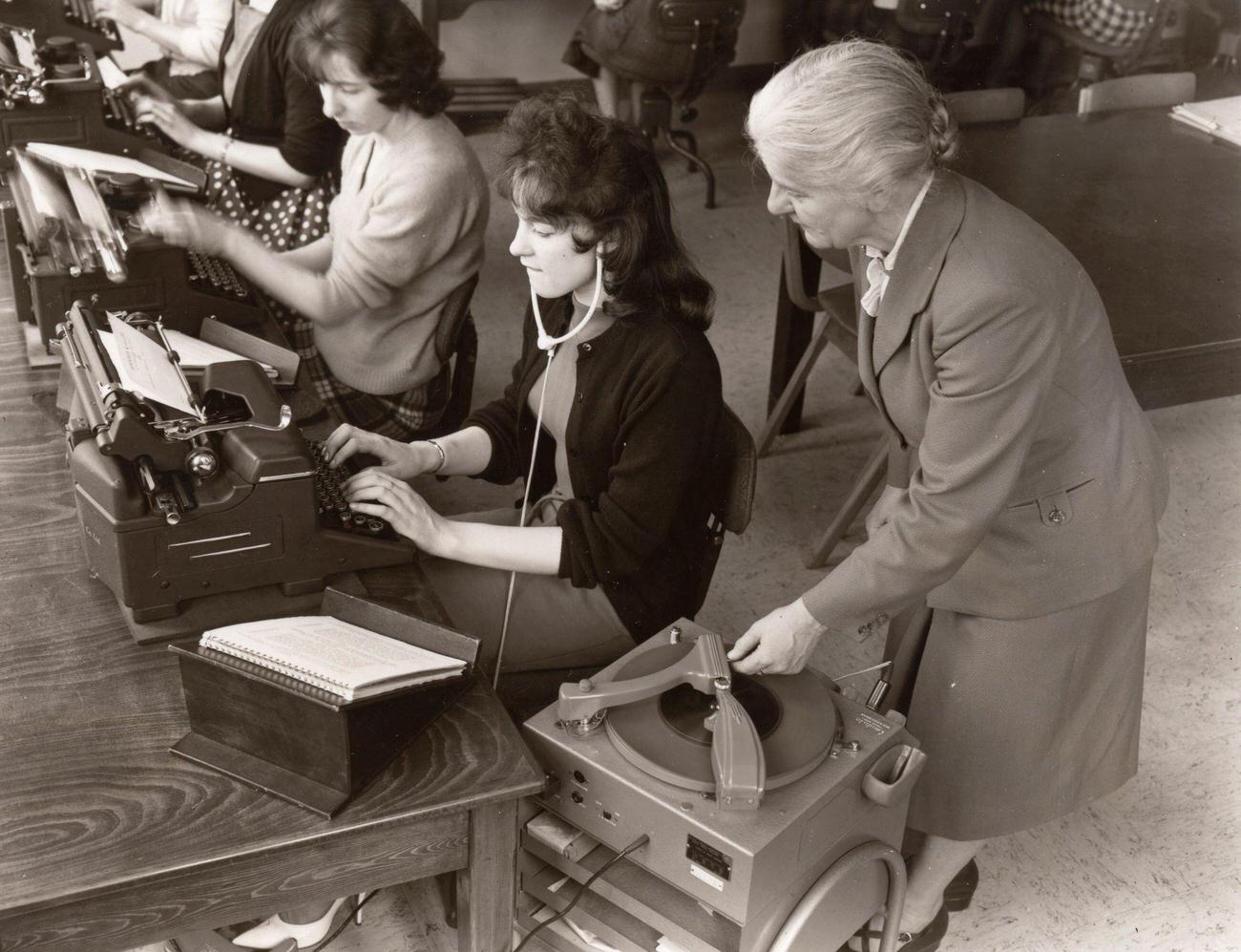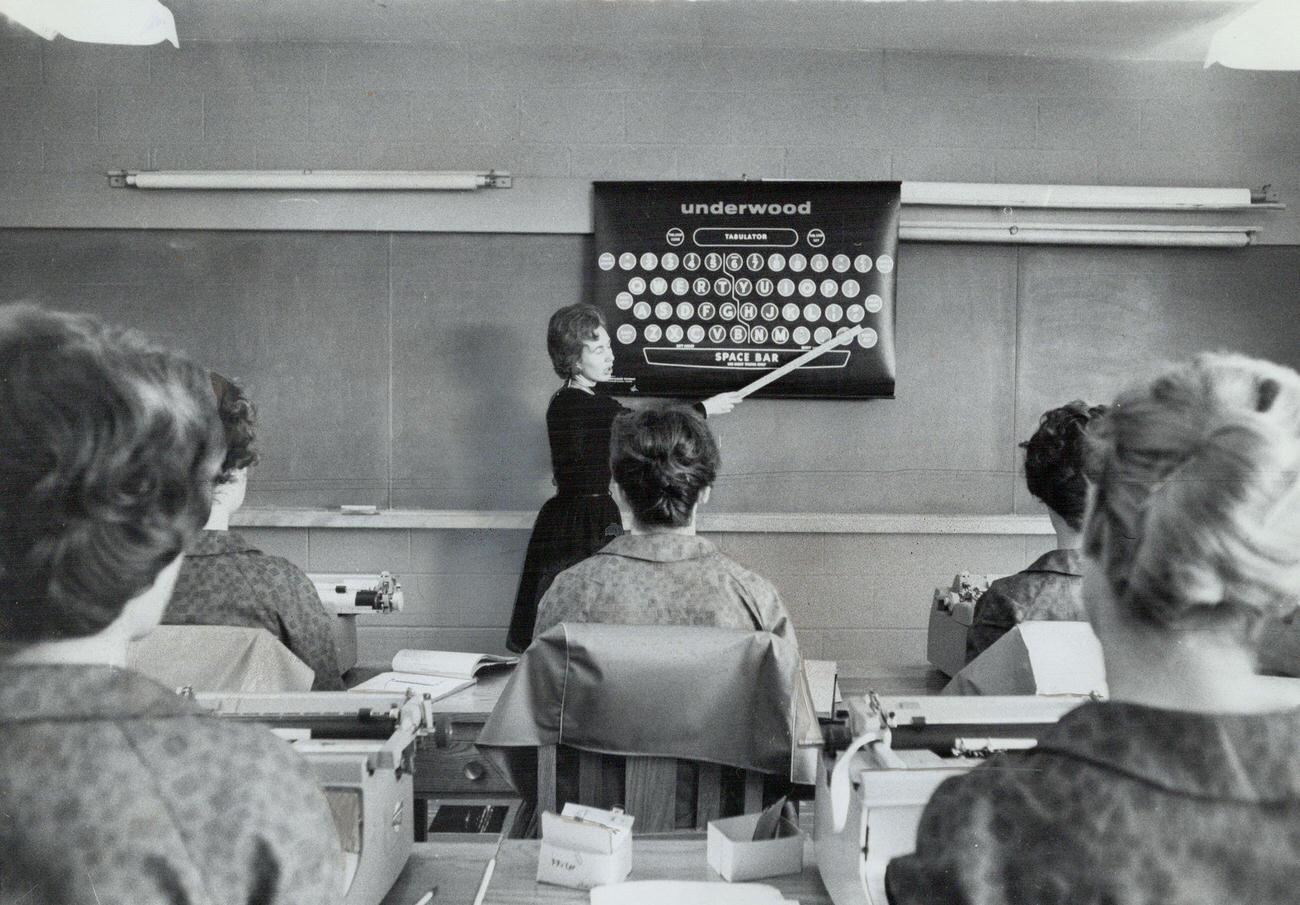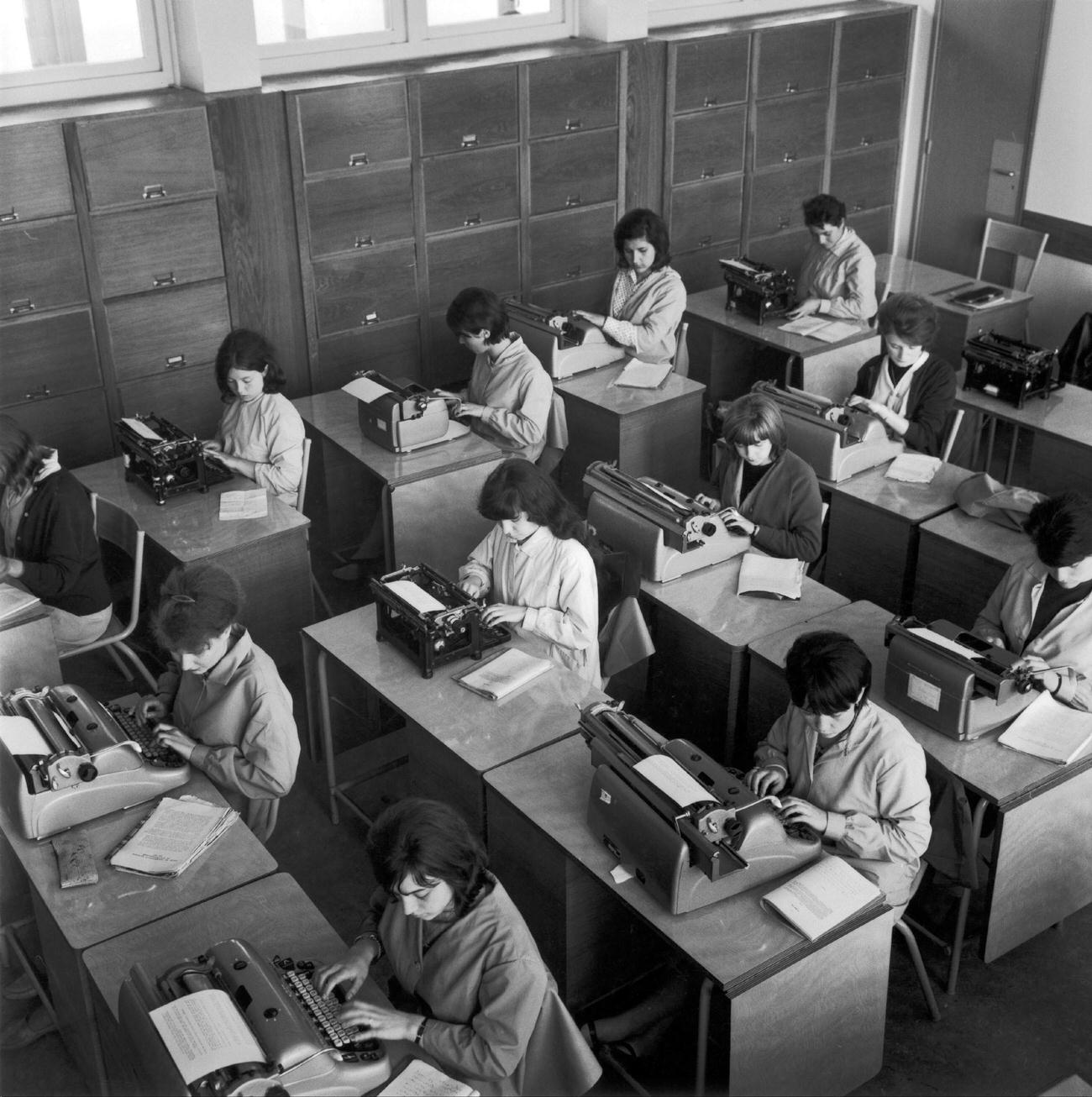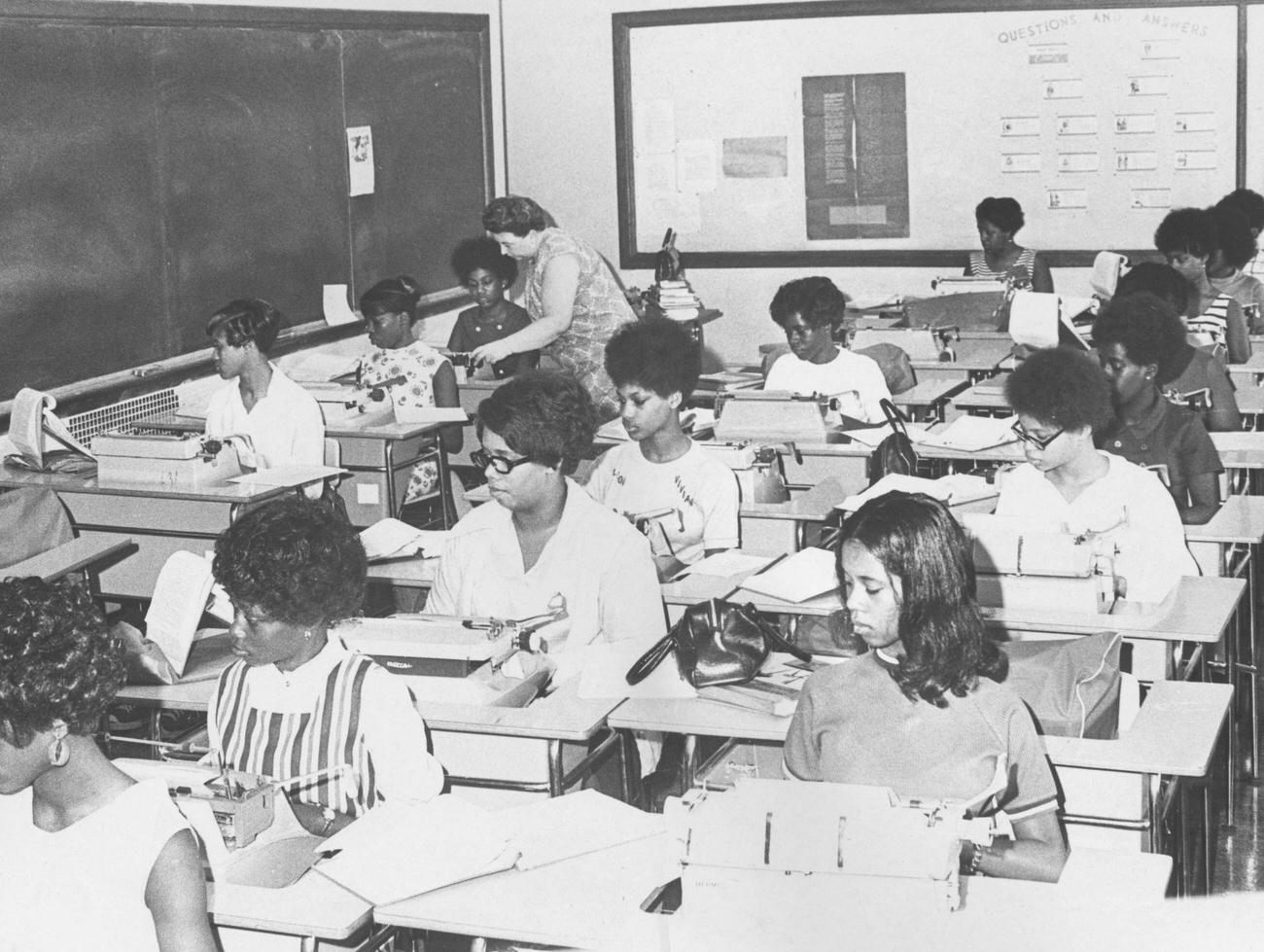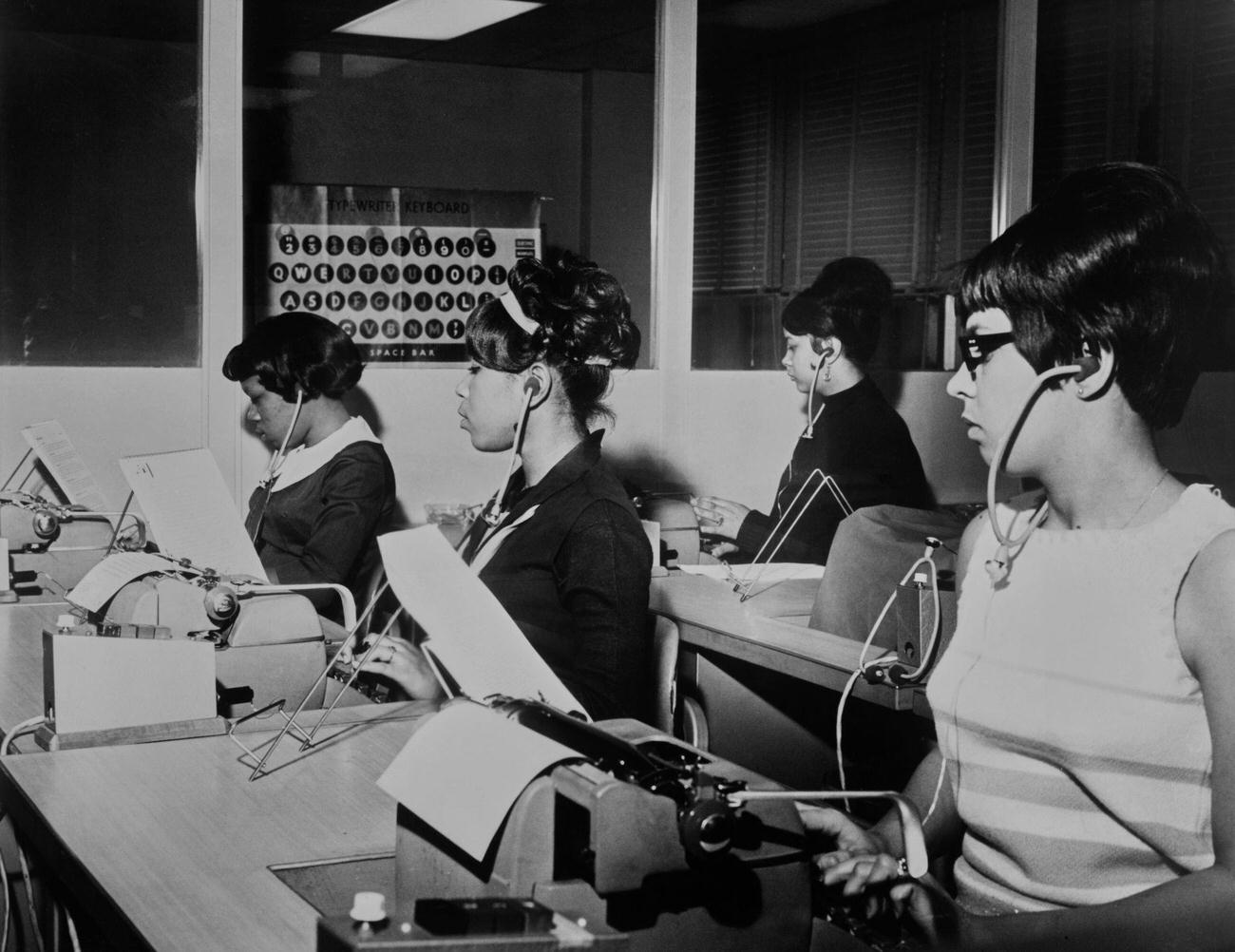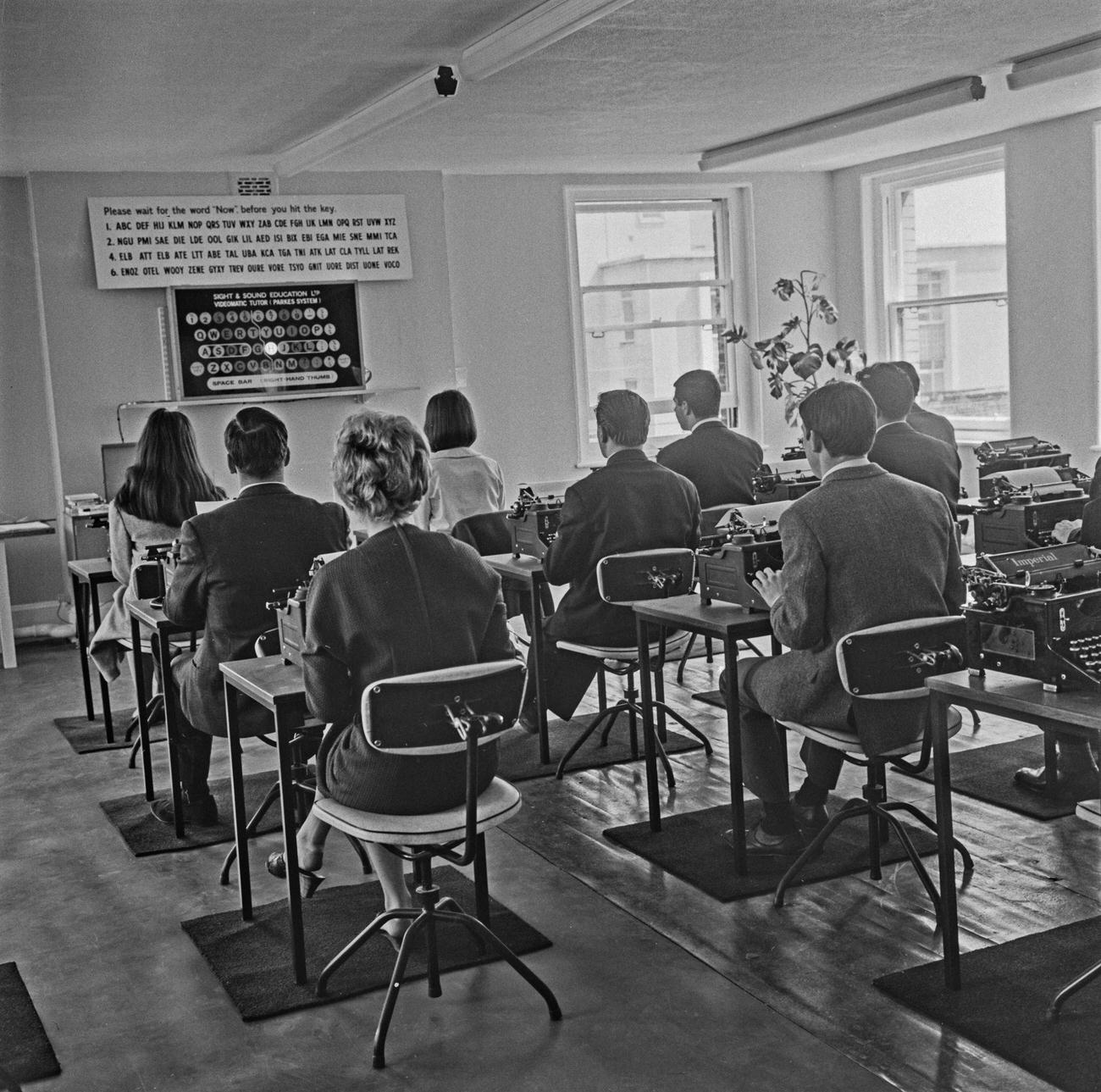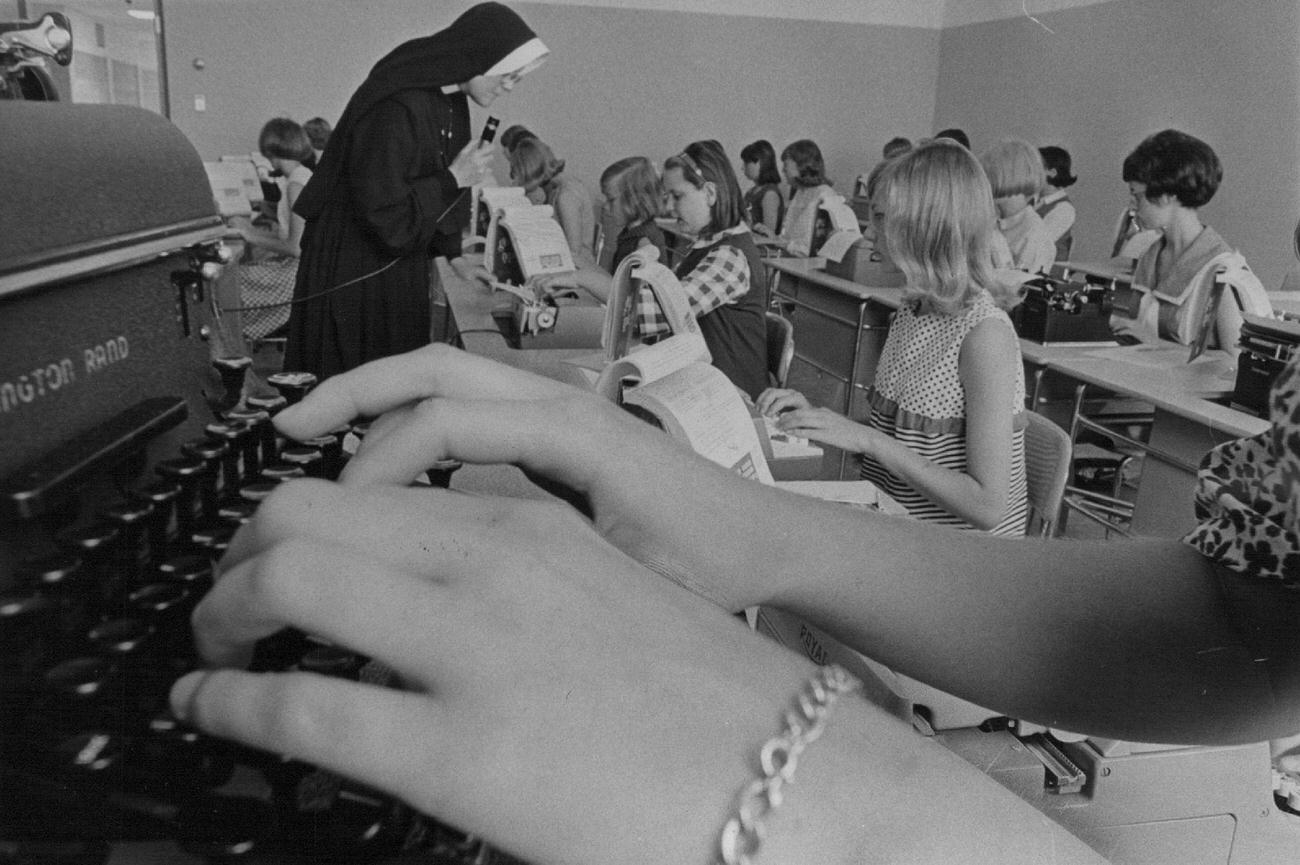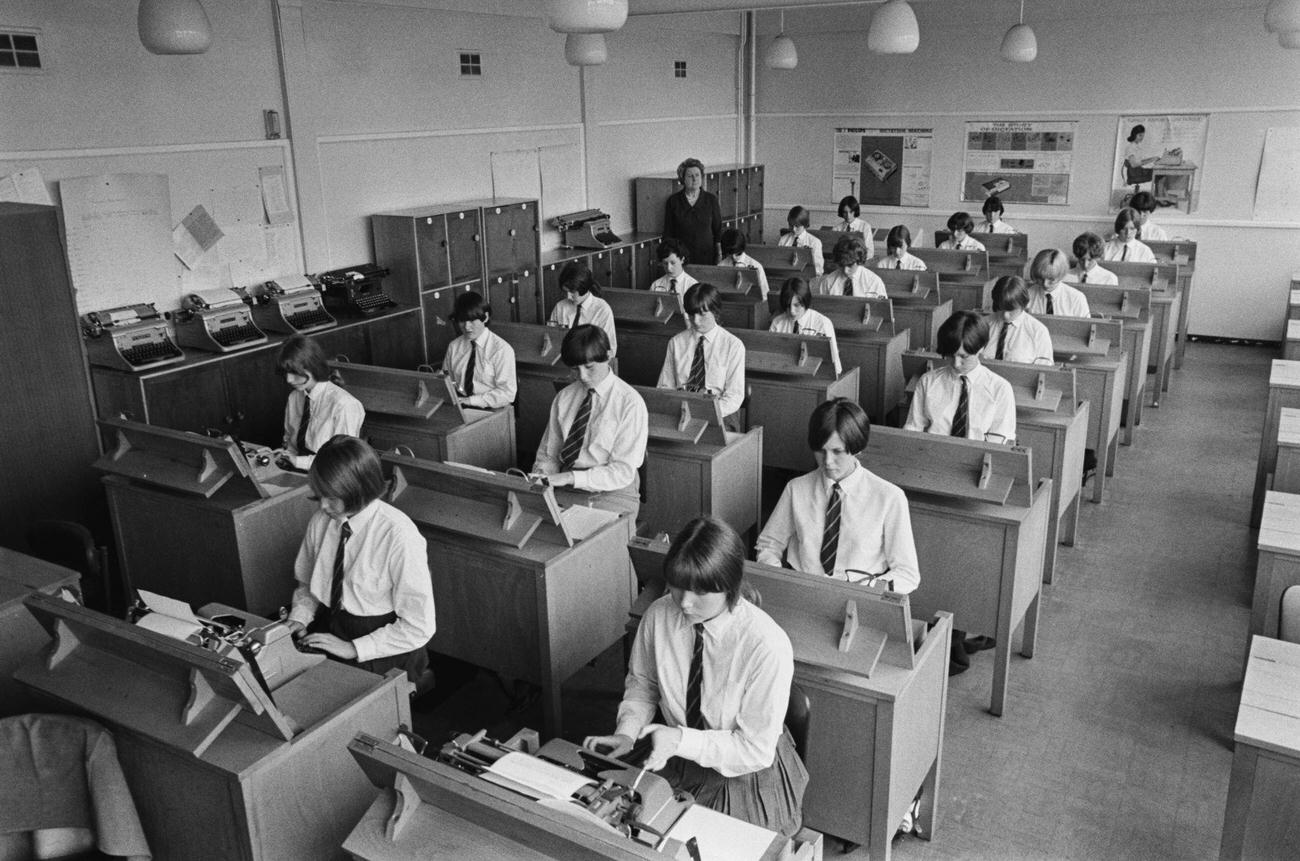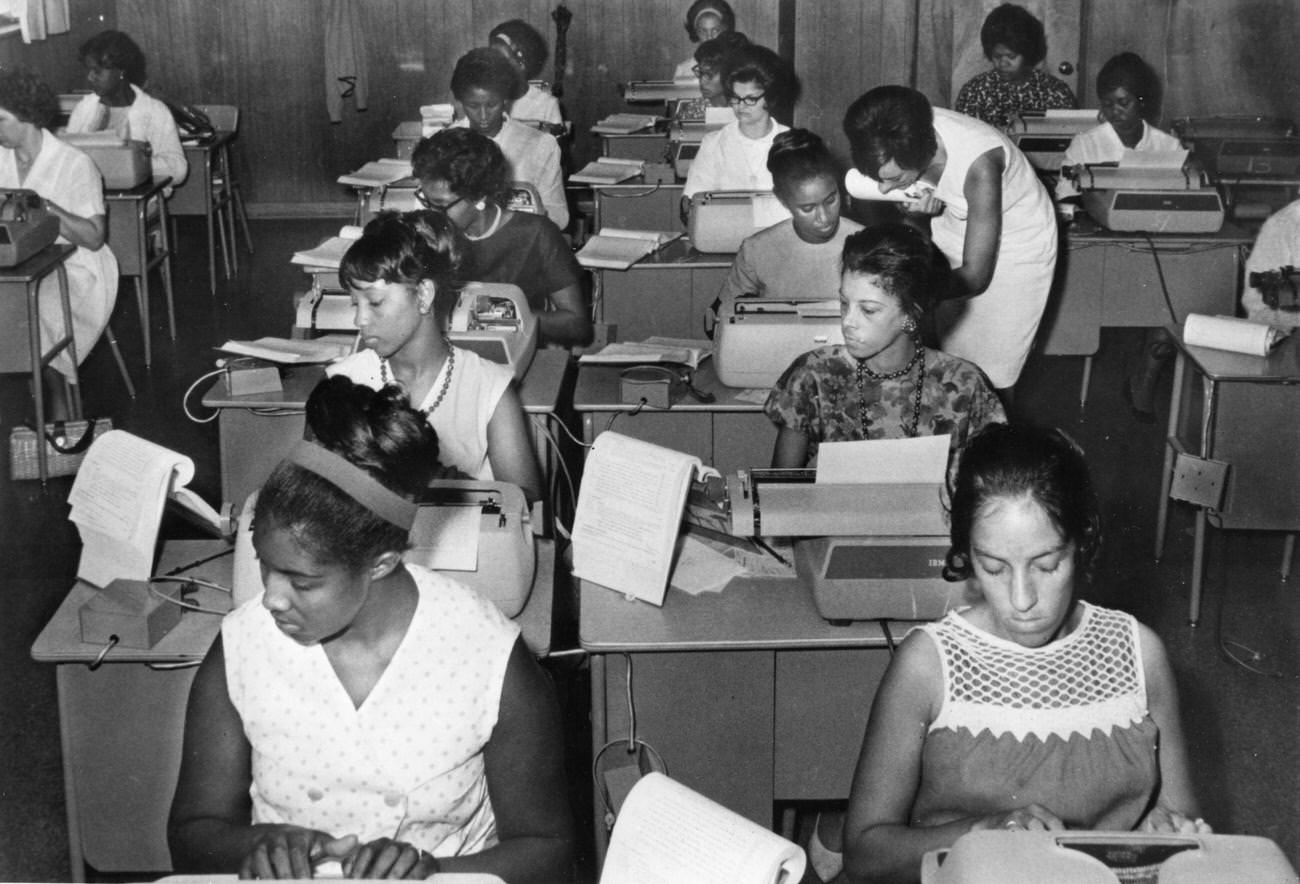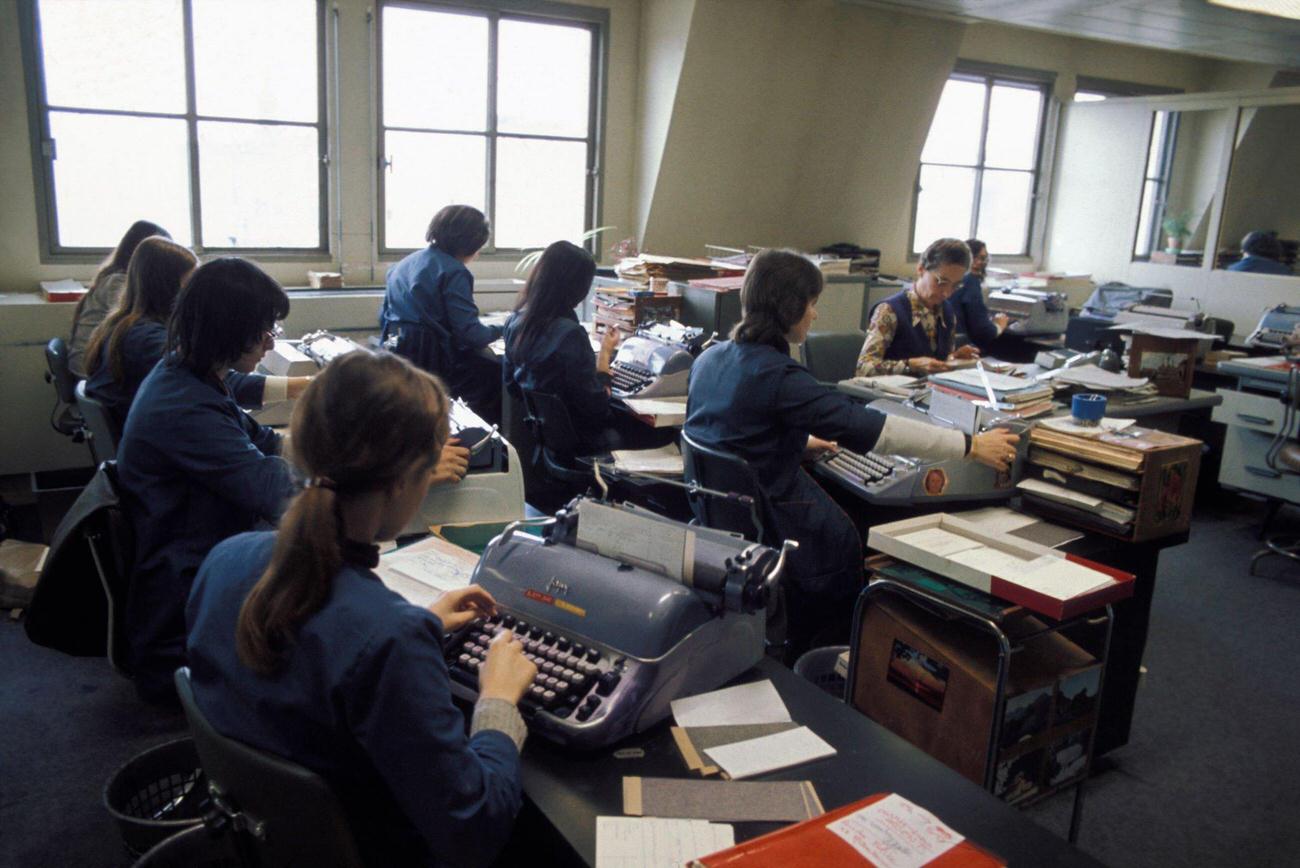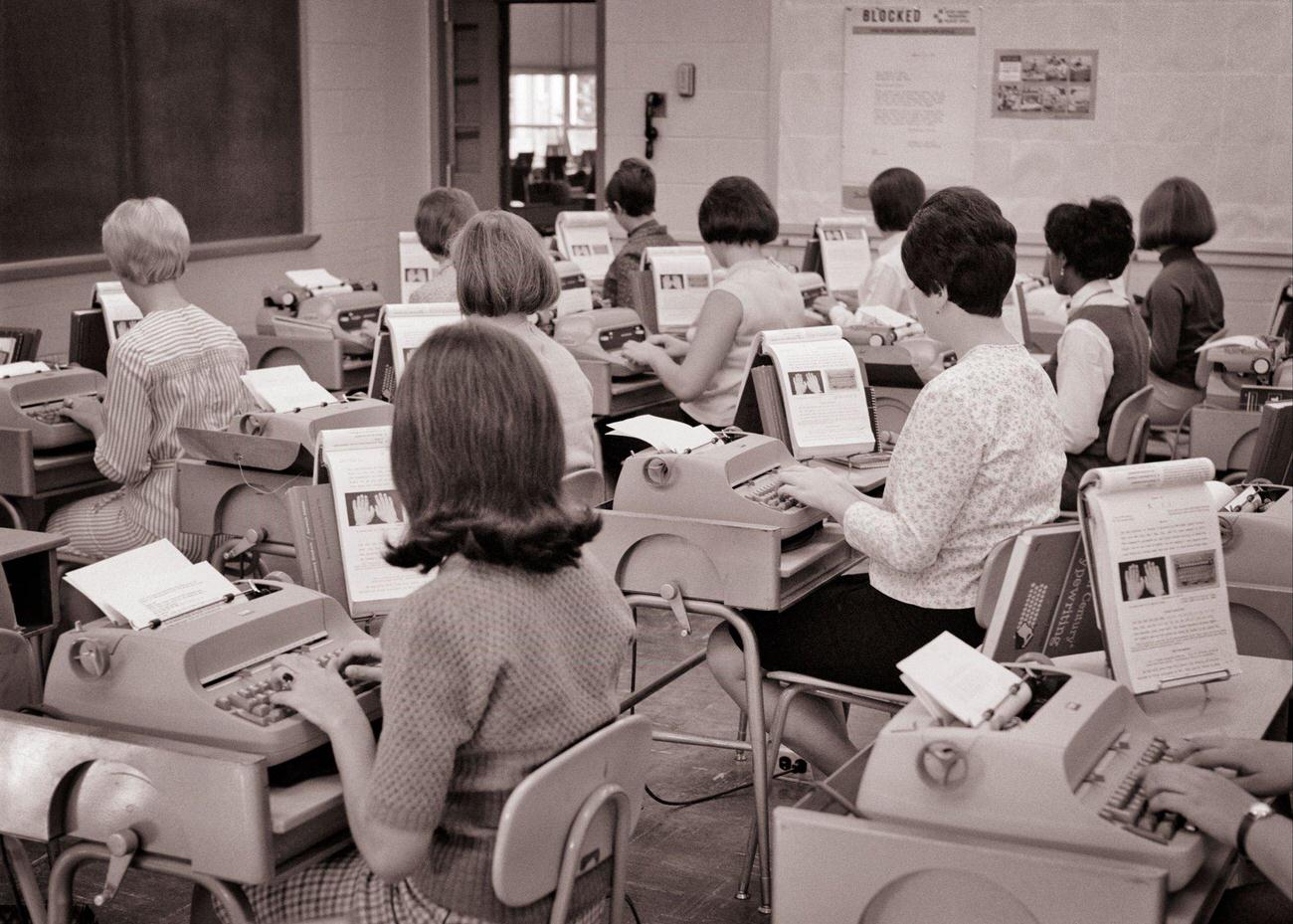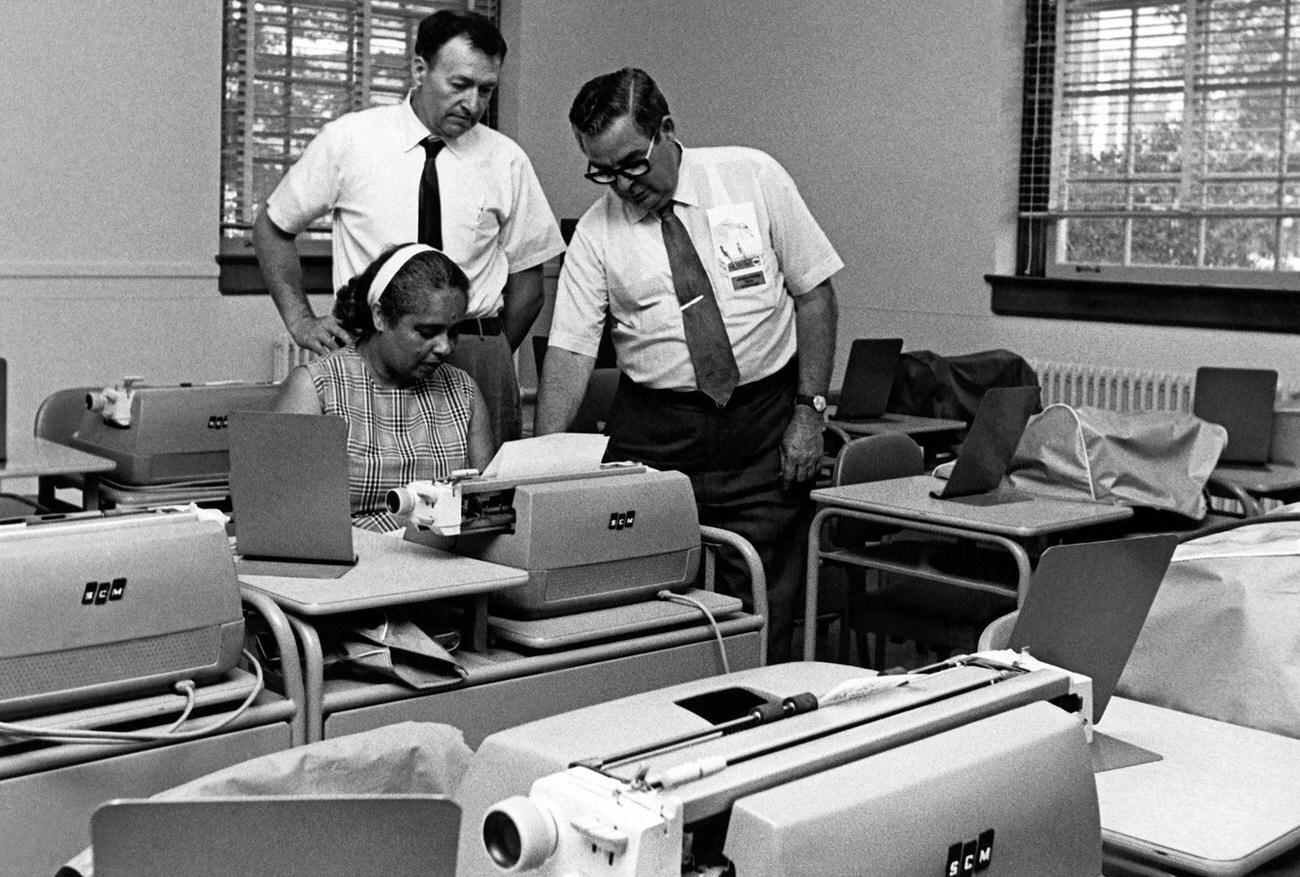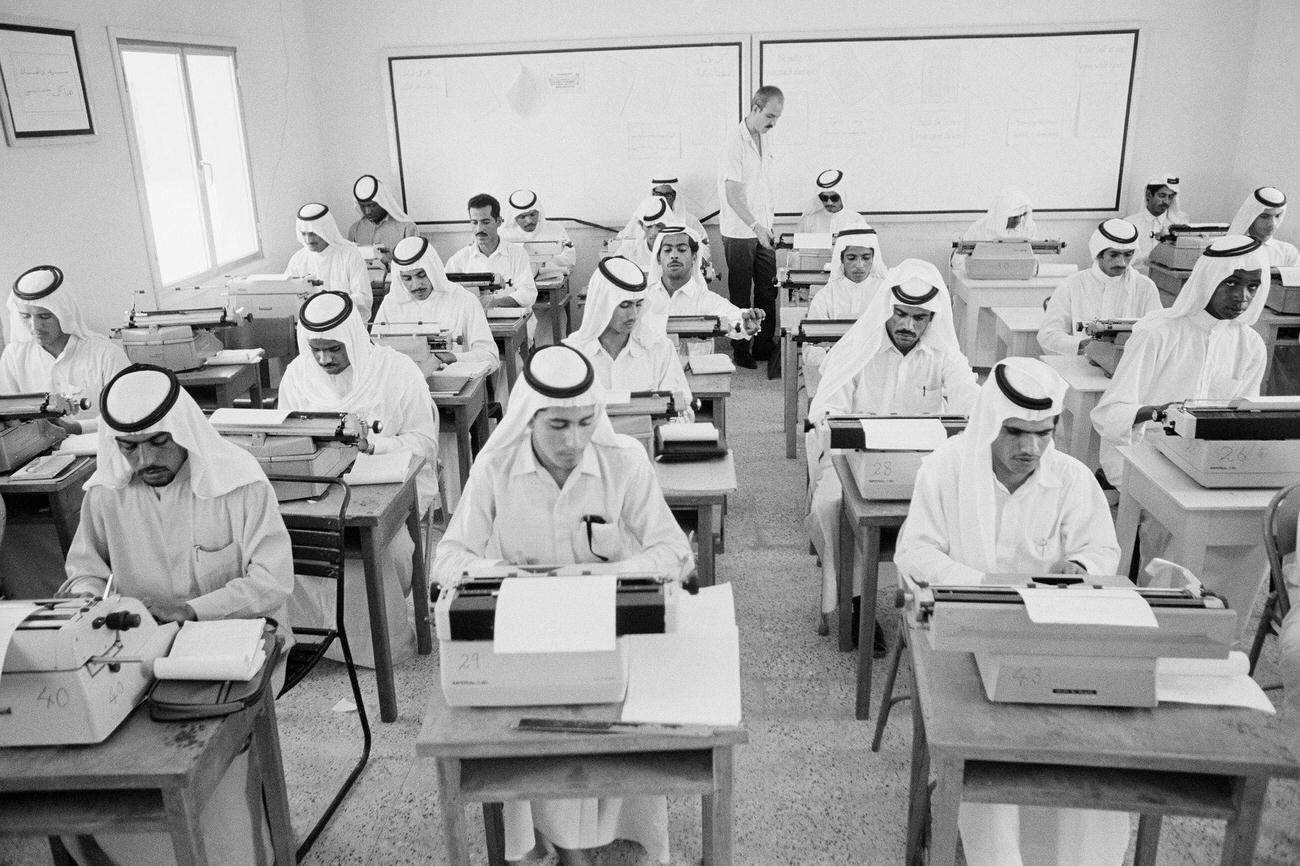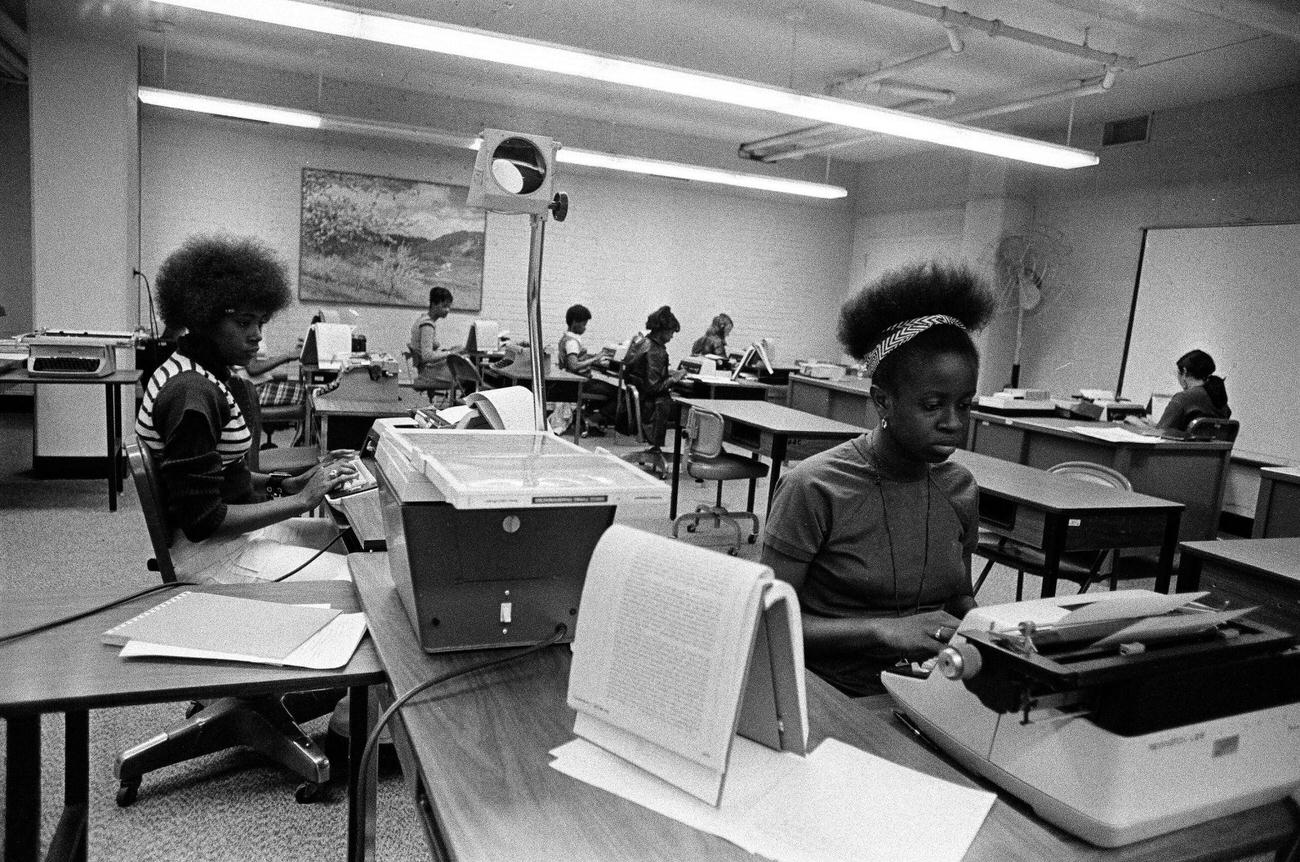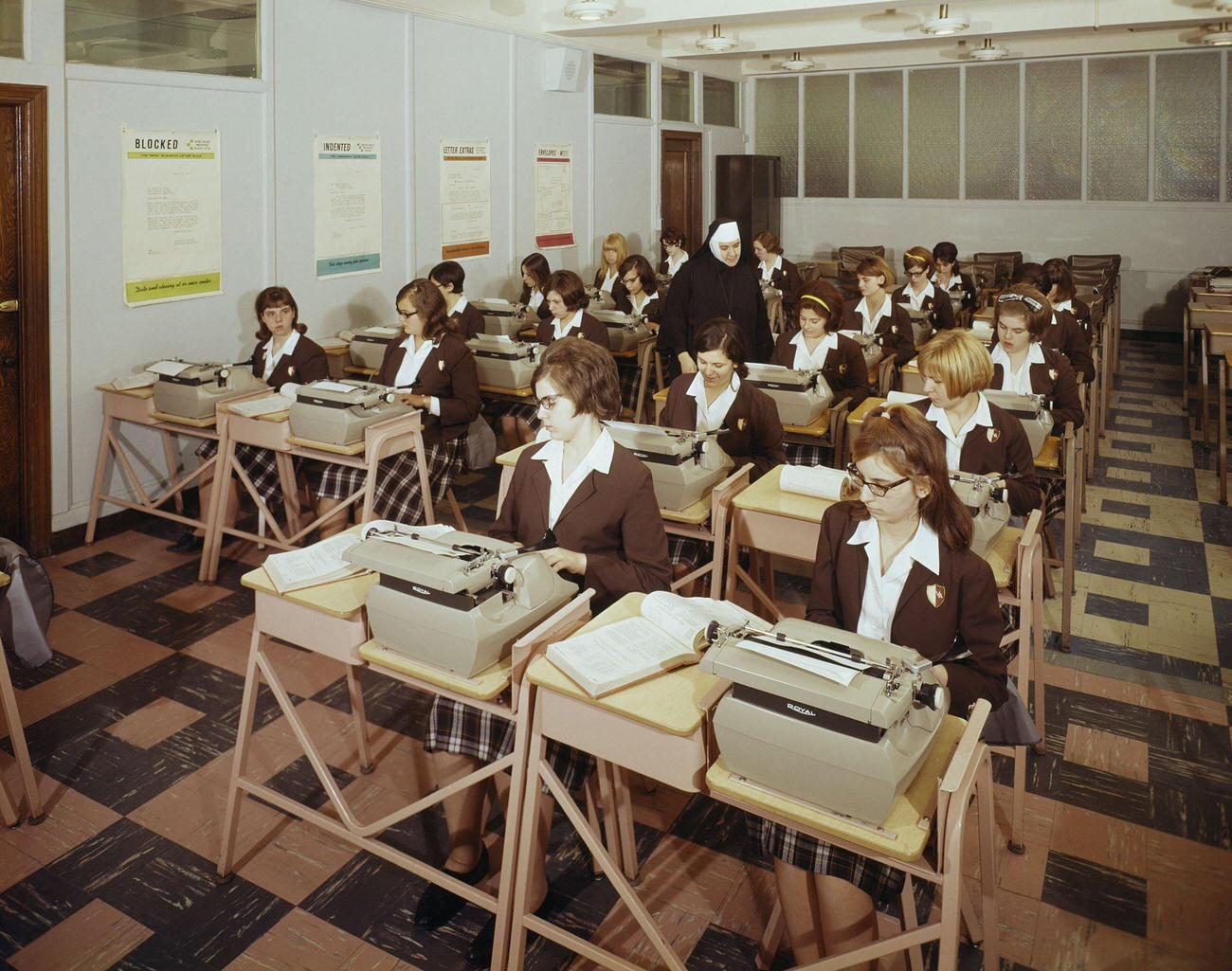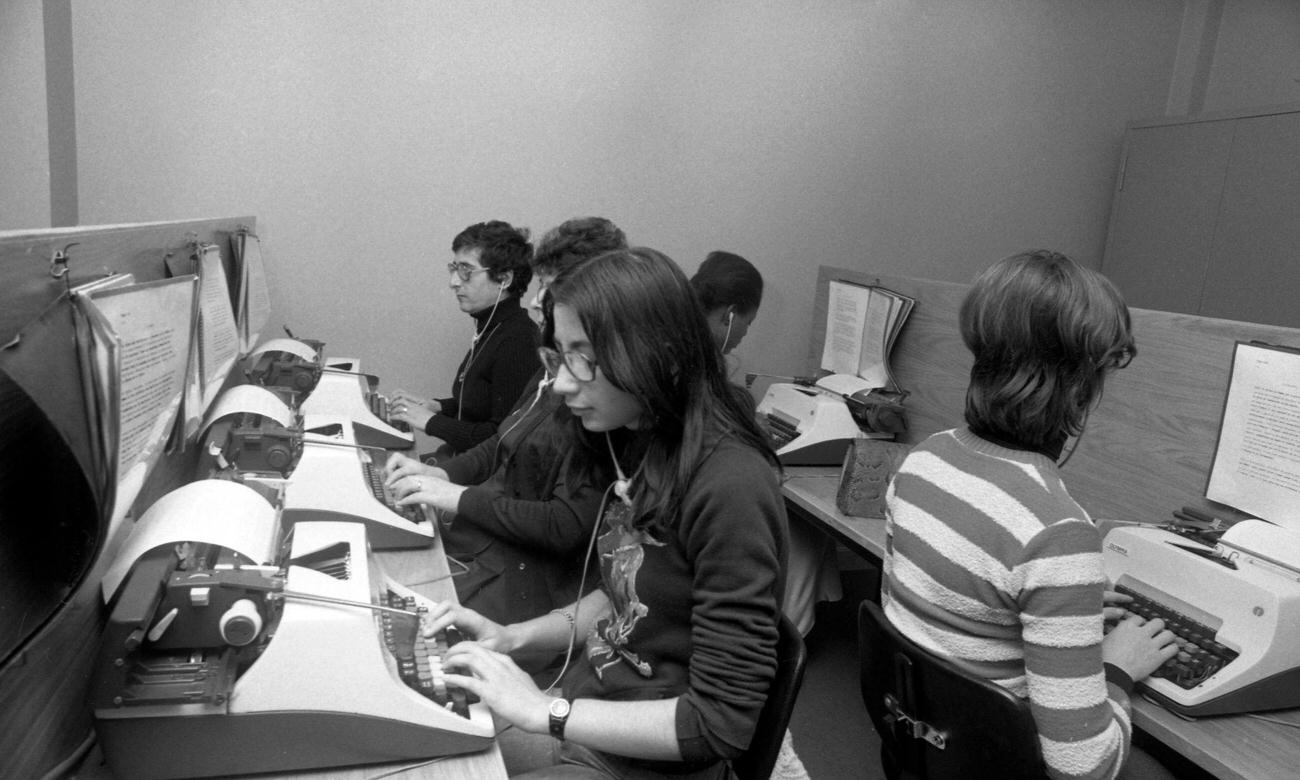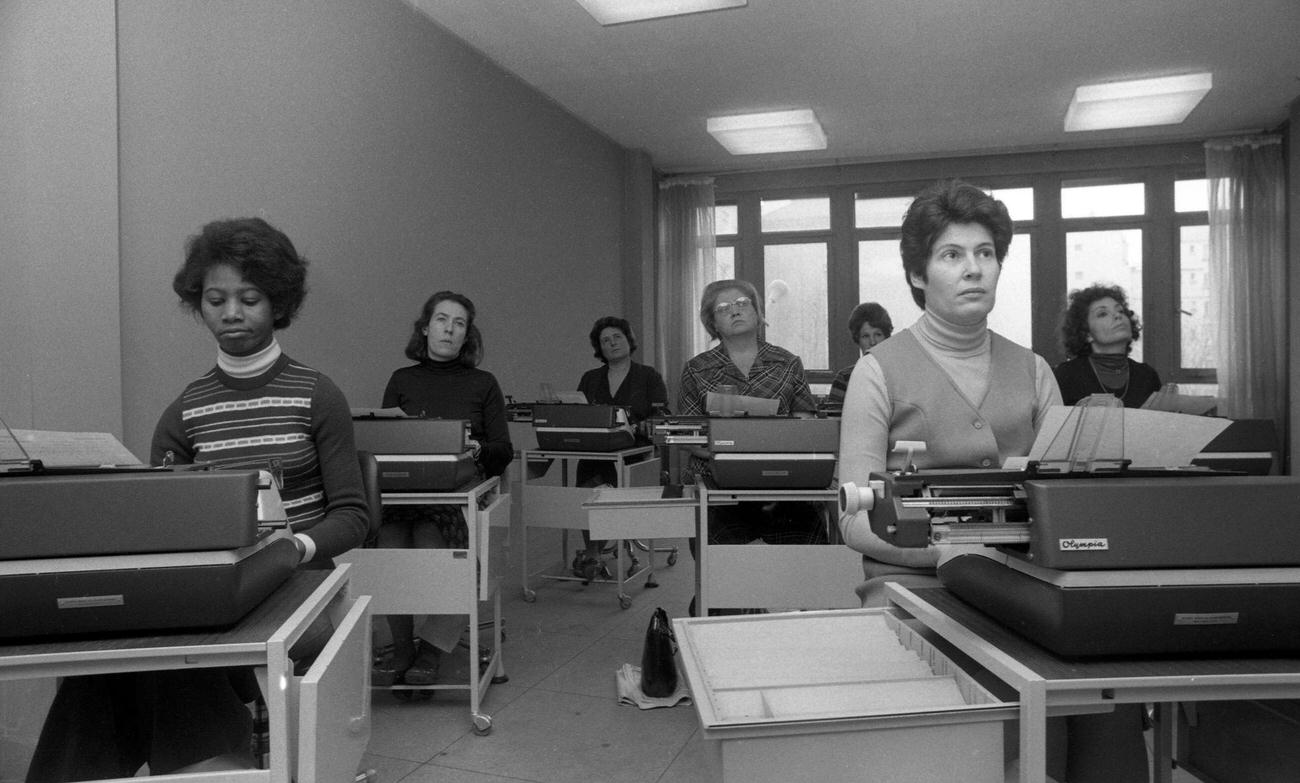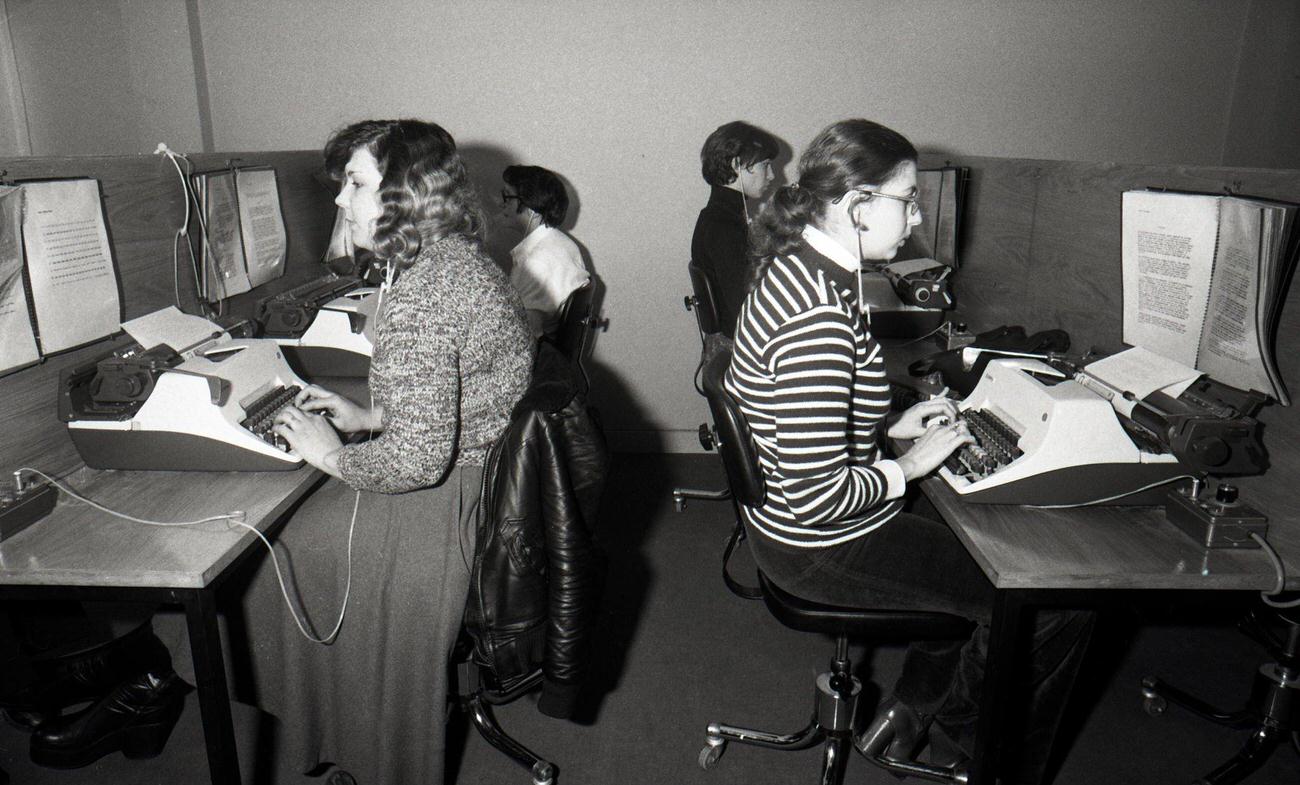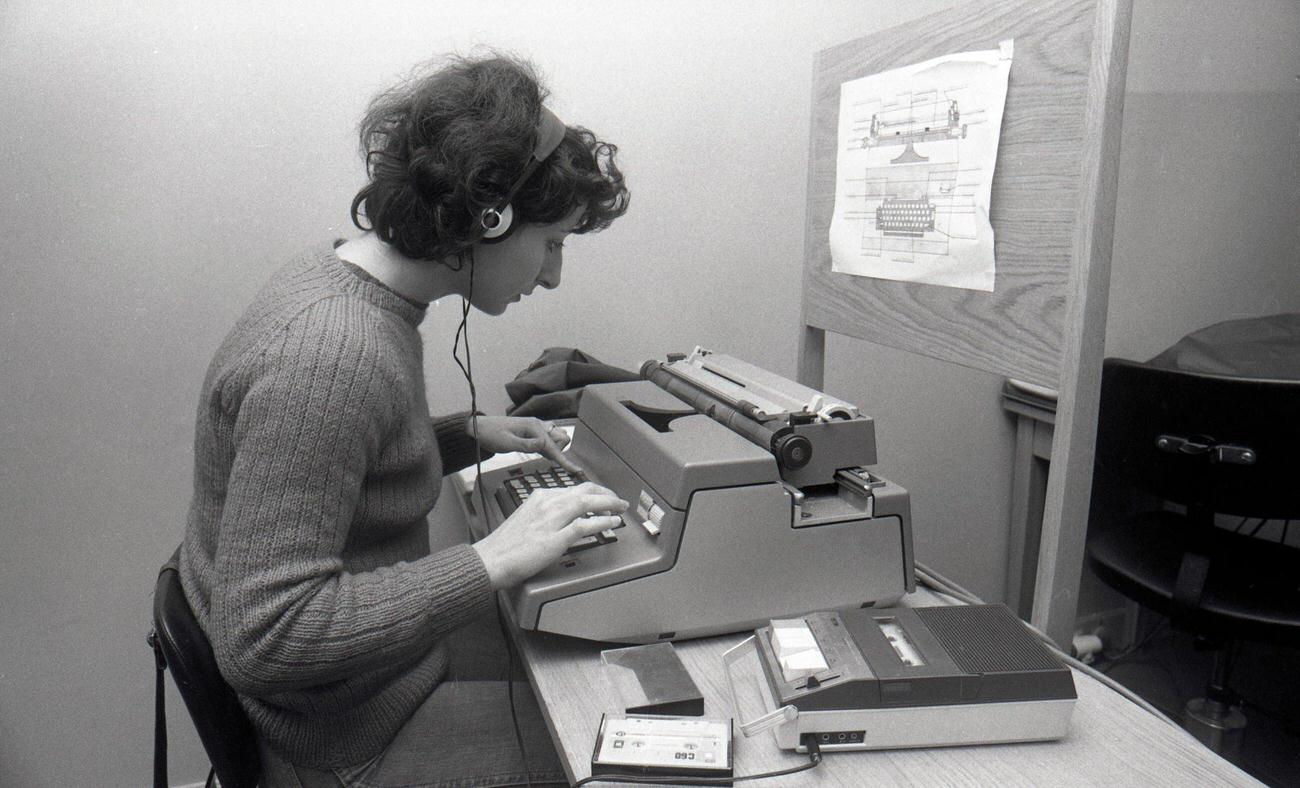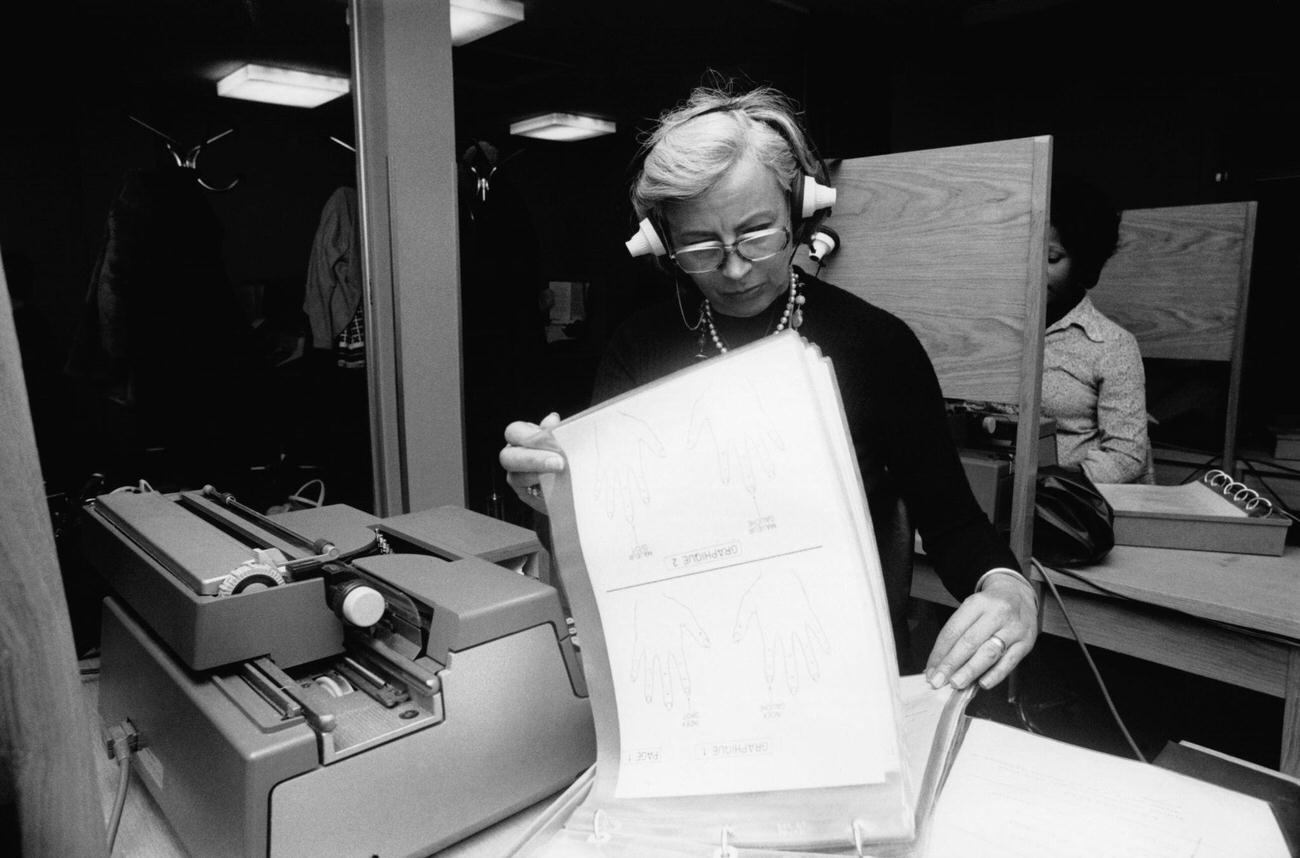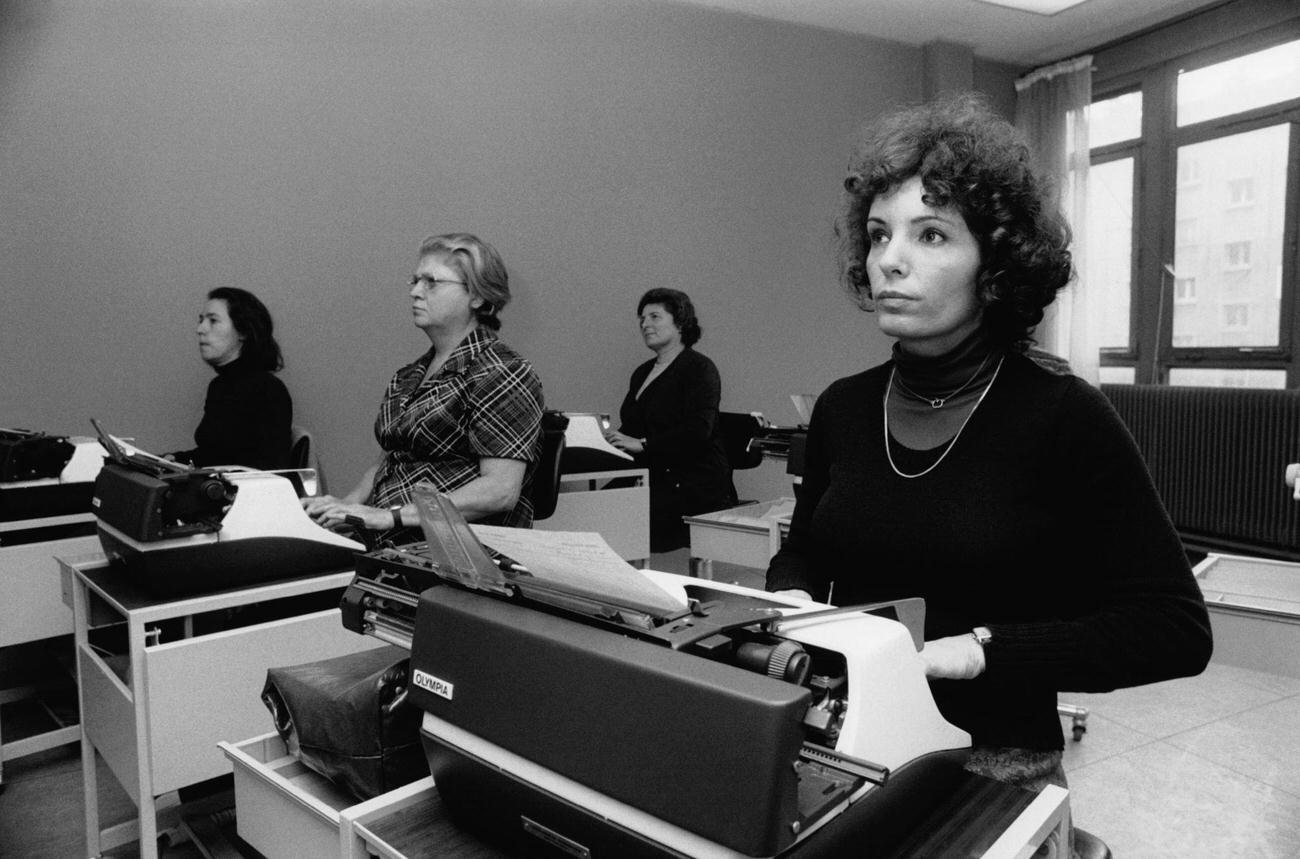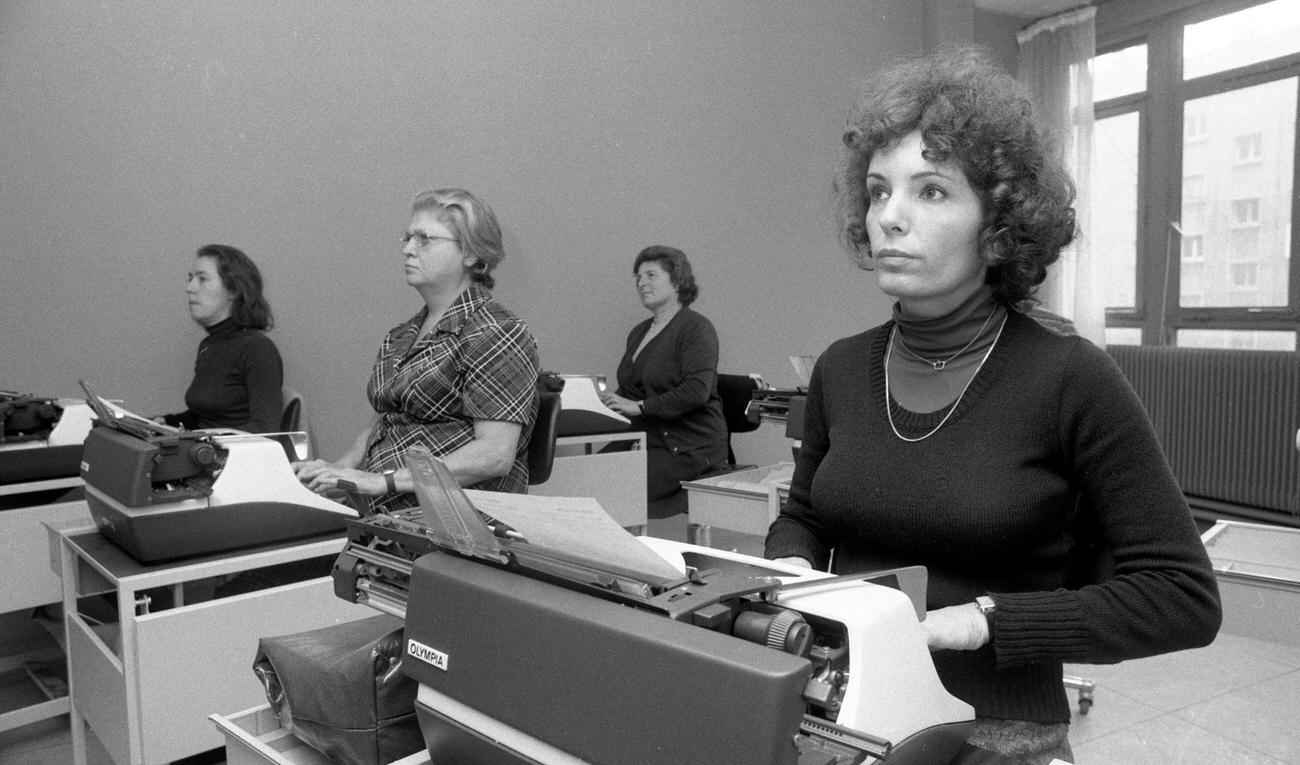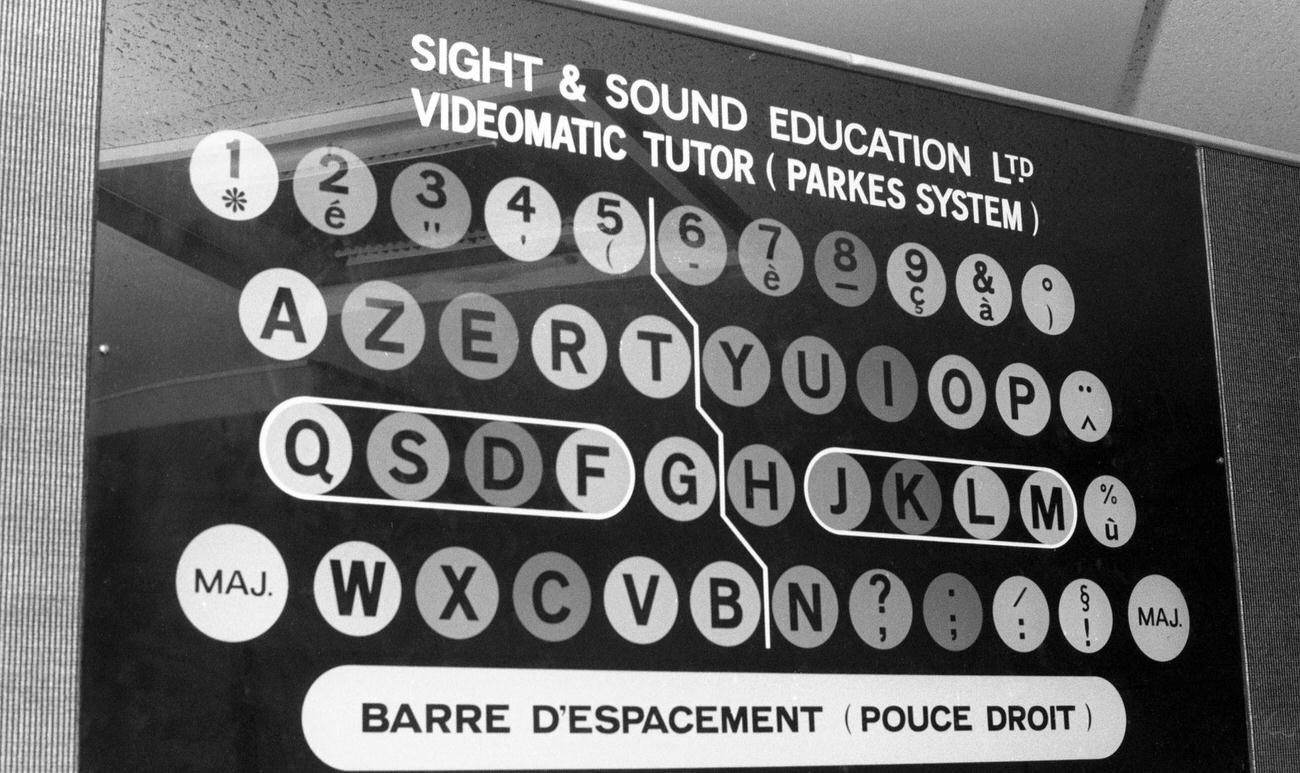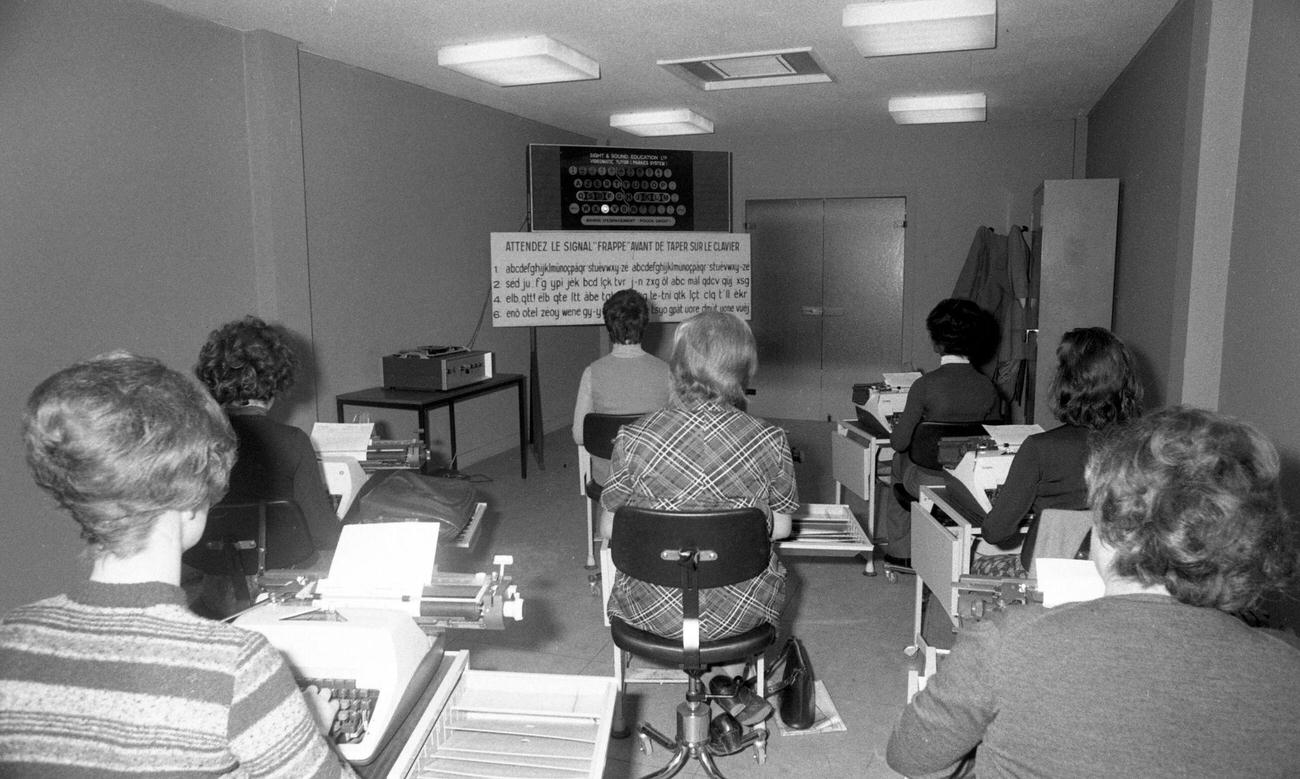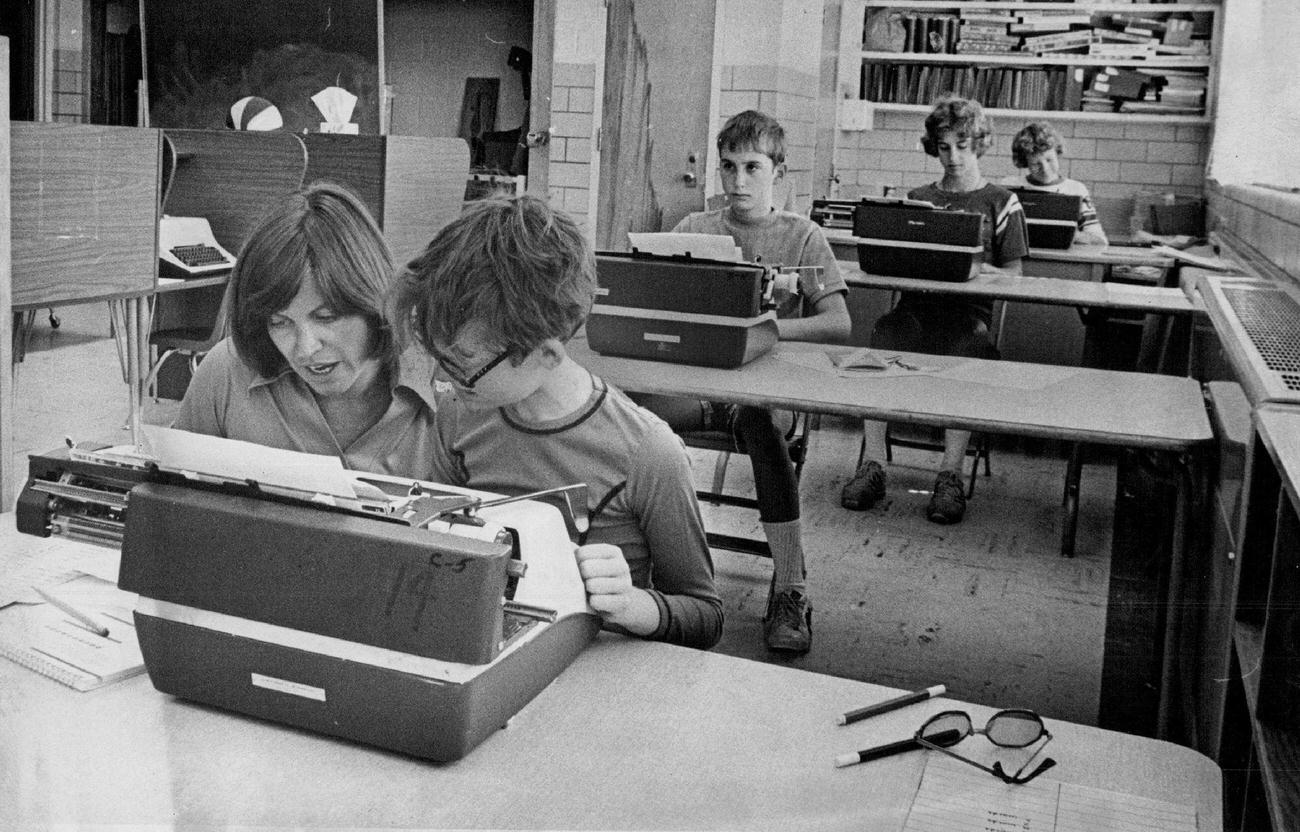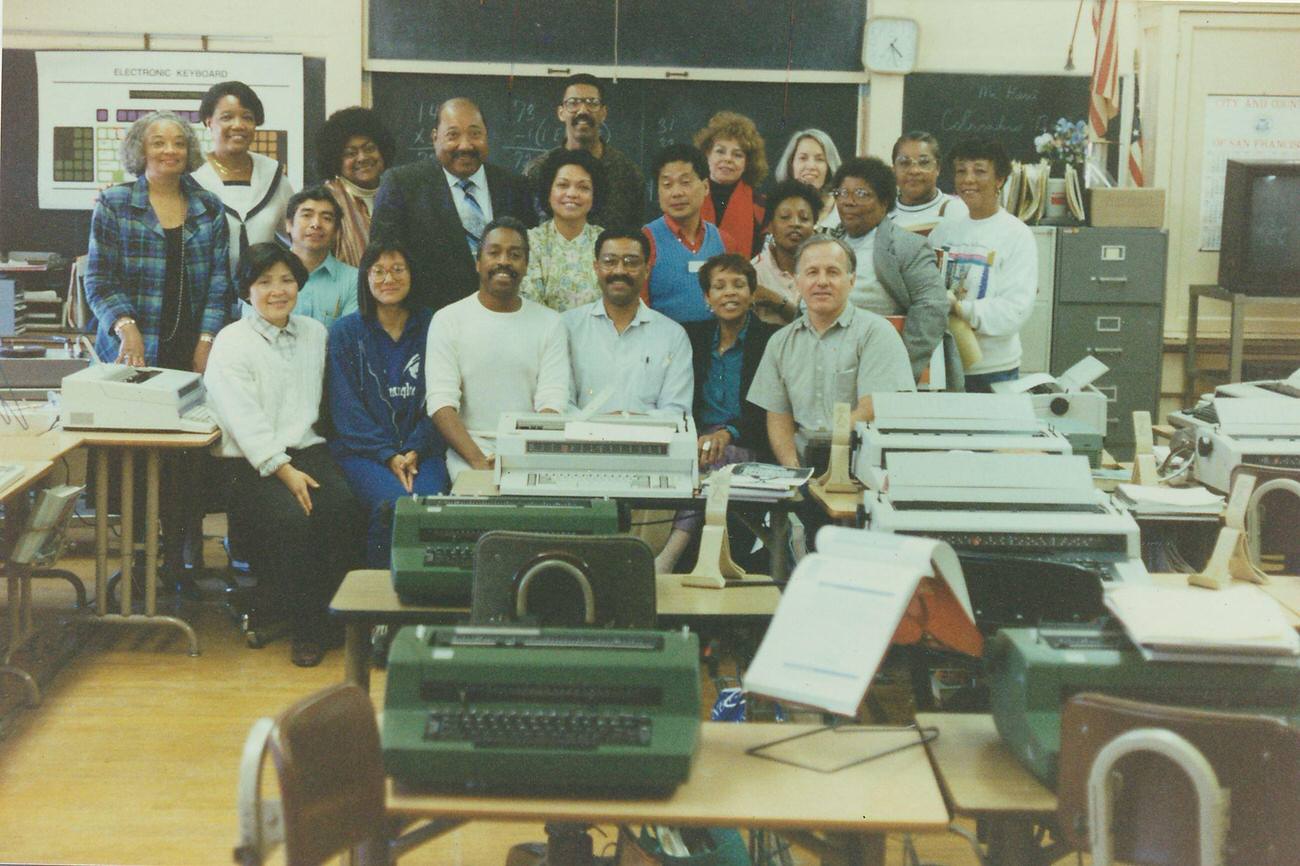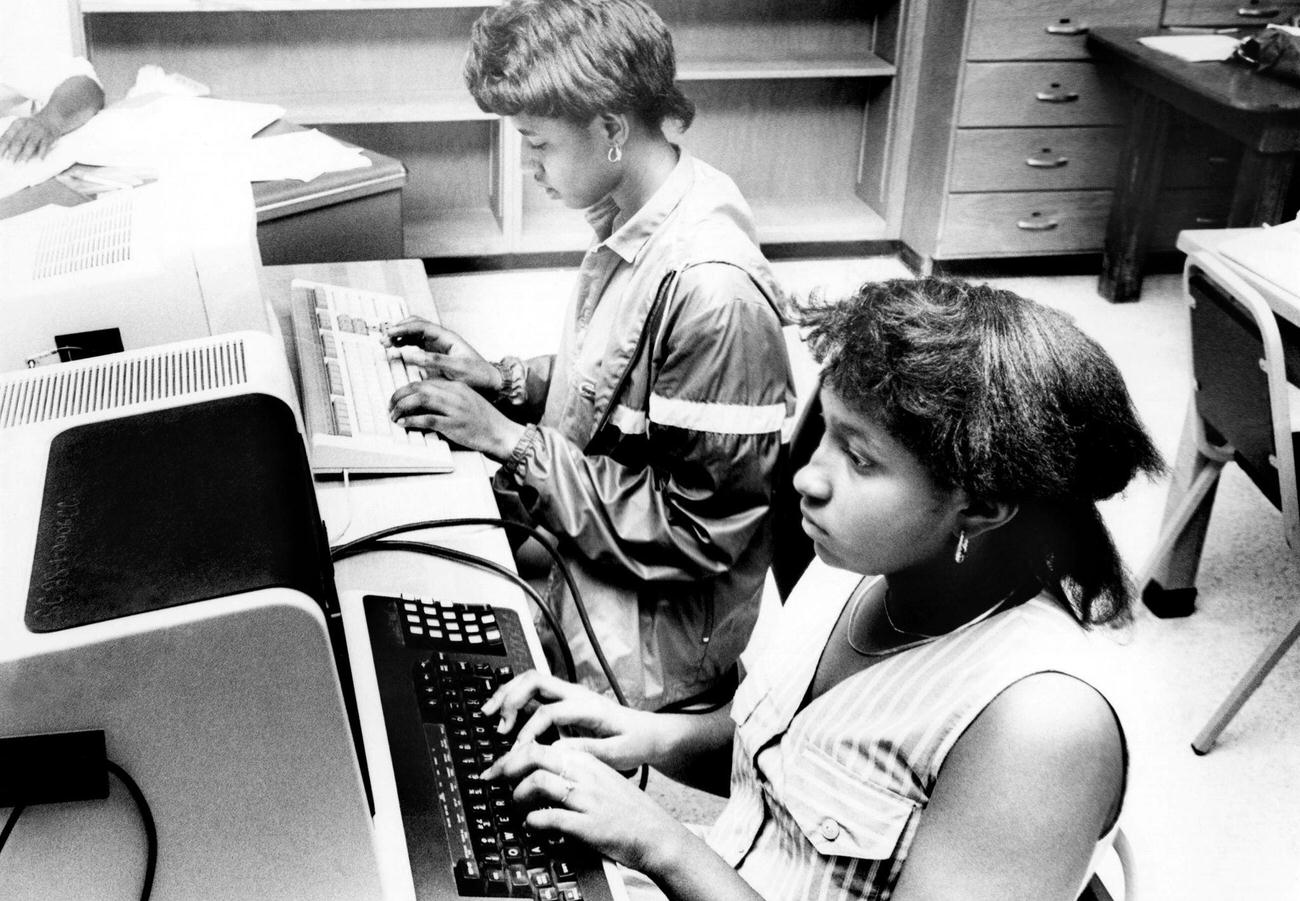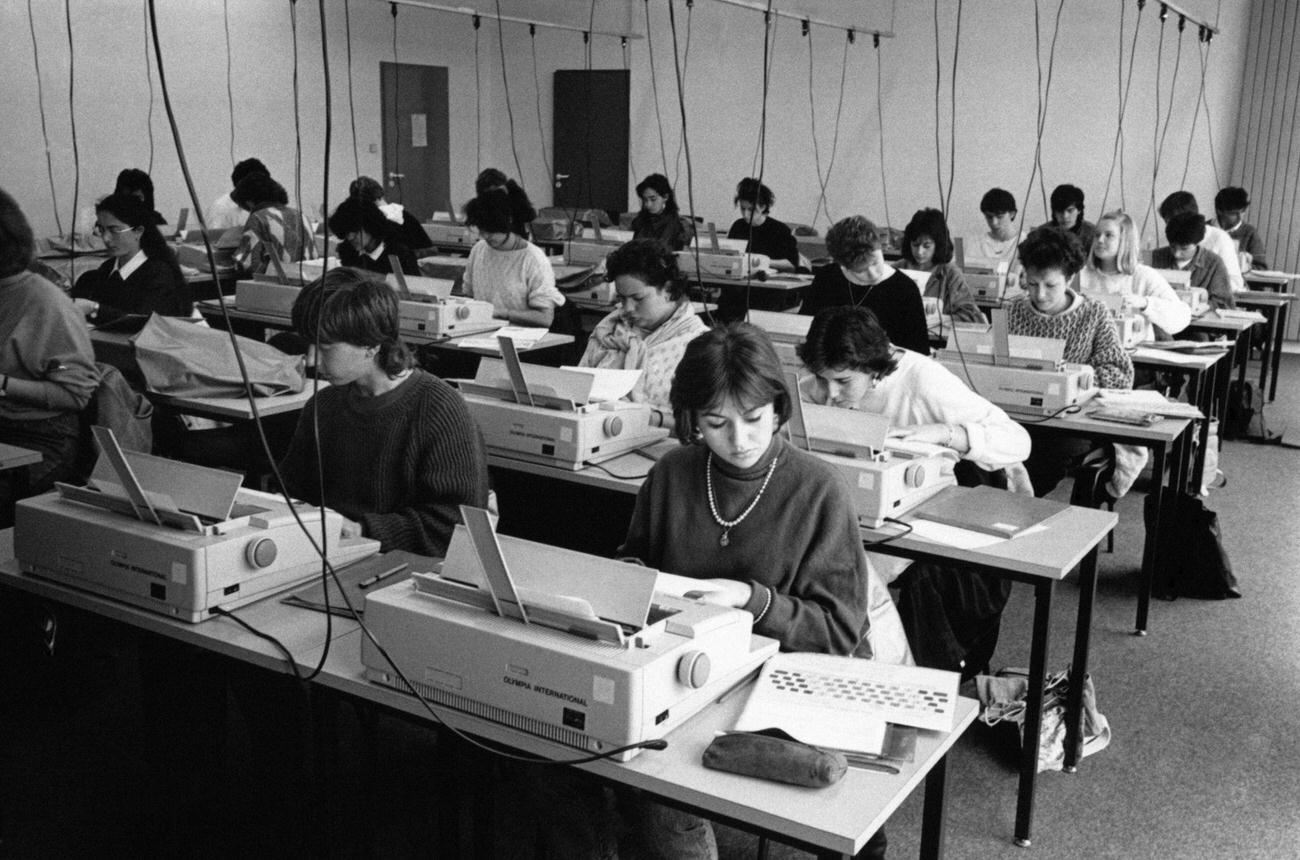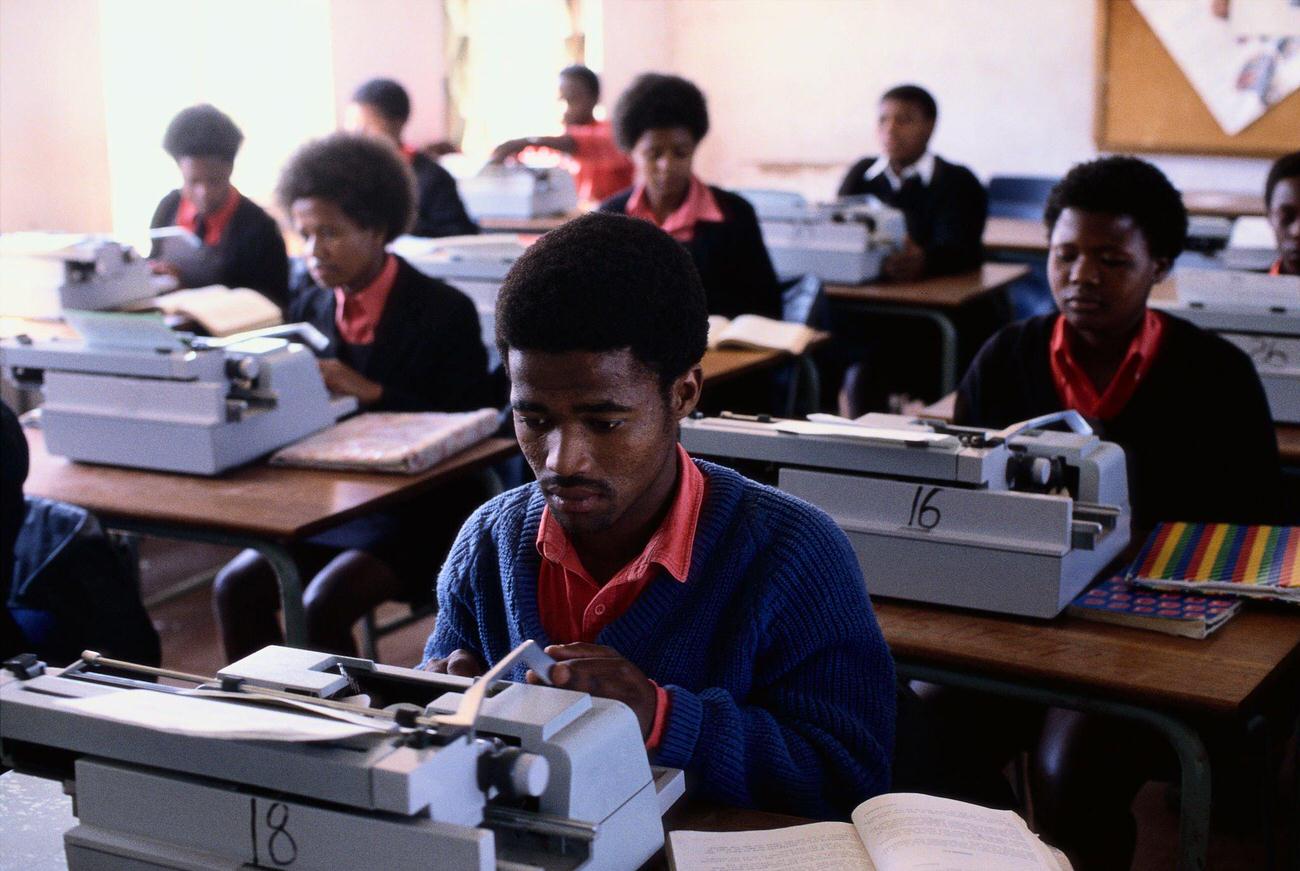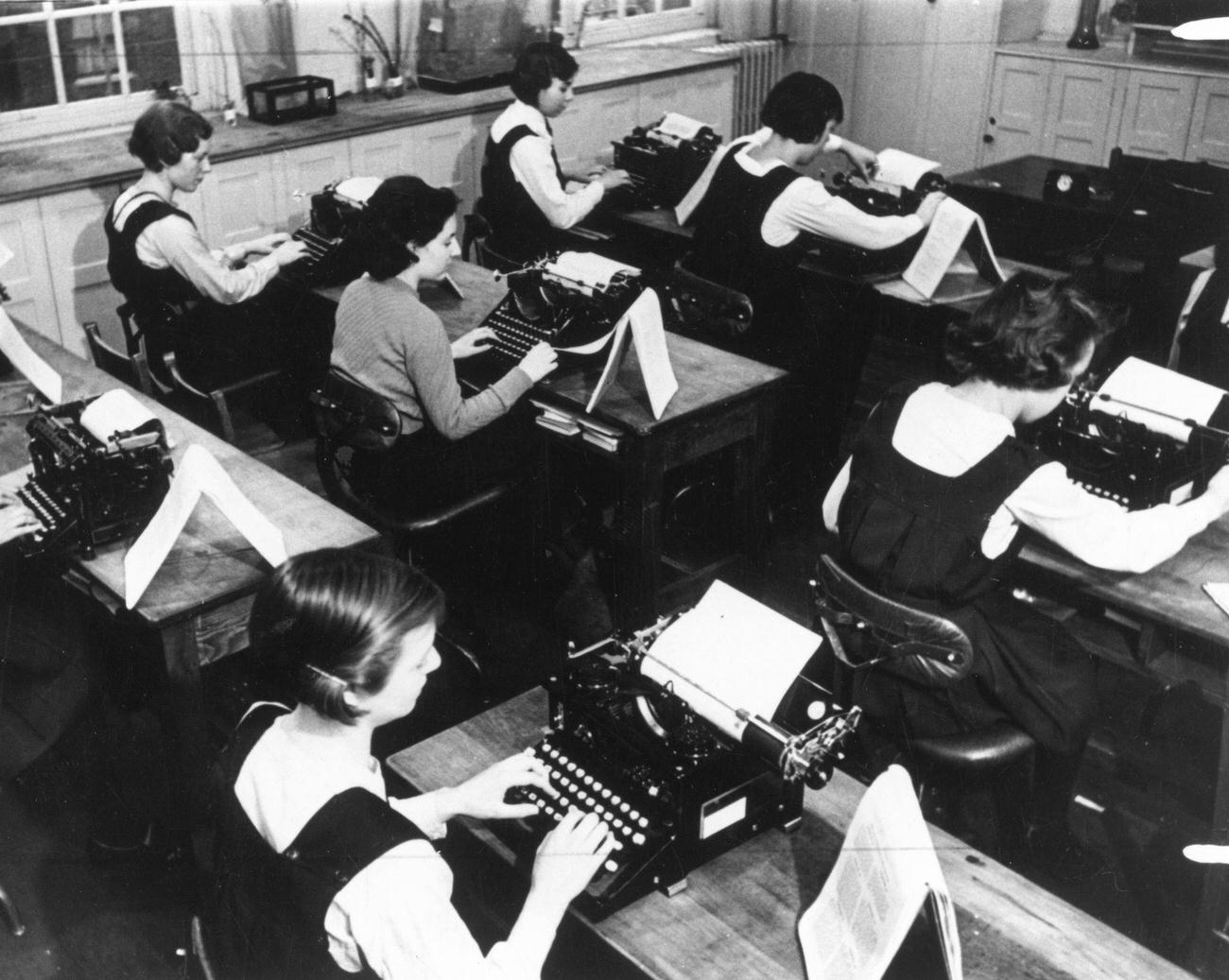The history of typing classes is intrinsically linked to the evolution of the typewriter, a machine that revolutionized written communication in the 19th century. As typewriters became more prevalent in offices and businesses in the early 20th century, the demand for proficient typists grew. This demand sparked the inception of typing classes, initially seen as vocational training primarily for women, who were entering the workforce in administrative roles.
These early classes focused on mastering the QWERTY keyboard layout, a design still used today, named for the first six letters in the top row. Instructors emphasized accuracy and speed, with students practicing on mechanical typewriters. These devices required considerable finger strength to press the keys and a carriage return lever to start a new line. The tactile and auditory feedback from these machines was a significant aspect of the learning process.
The Golden Age: Typing in Education and Business
By the mid-20th century, typing classes had become a staple in both high schools and business schools. The curriculum was rigorous, with a strong emphasis on touch typing, where typists learn to type without looking at the keys. This method was taught using various drills and exercises designed to build muscle memory in the fingers. Speed and accuracy tests were common, with the goal of reaching a certain number of words per minute, a standard still used to measure typing proficiency.
Typing classes were not just about the mechanical act of pressing keys. They also included lessons on proper posture, finger placement, and ergonomics to prevent strain injuries. Additionally, students learned the layout of business letters and documents, as typing was a critical skill for secretarial and clerical work…
Read more
Technological Advancements: Electric Typewriters and Early Computers
The latter half of the 20th century saw significant advancements in typing technology. The introduction of electric typewriters in the 1960s and 1970s made typing faster and less physically demanding. These machines offered features like automatic carriage returns and key functions to streamline the typing process. Typing classes adapted, incorporating these new technologies and teaching students how to utilize these additional functions effectively.
The emergence of personal computers in the late 1970s and 1980s marked a pivotal shift. Typing classes began to include computer keyboards, which differed slightly in key sensitivity and layout from typewriters. This transition also brought about changes in the curriculum, with a growing emphasis on digital literacy. Students were not only learning to type but also to navigate the basic functions of a computer, a skill that was becoming increasingly vital in the workforce.
As the 20th century ended, the landscape of typing education had transformed significantly. Typing was no longer a skill confined to secretaries and typists; it had become a fundamental aspect of general education. The proliferation of computers in homes and schools meant that typing skills were essential for students of all ages.
While the mechanics of typing have remained relatively unchanged, the context in which these skills are taught has evolved dramatically. In the contemporary digital era, typing is a gateway skill, foundational for navigating the vast landscape of digital technology that defines modern communication and information management.


